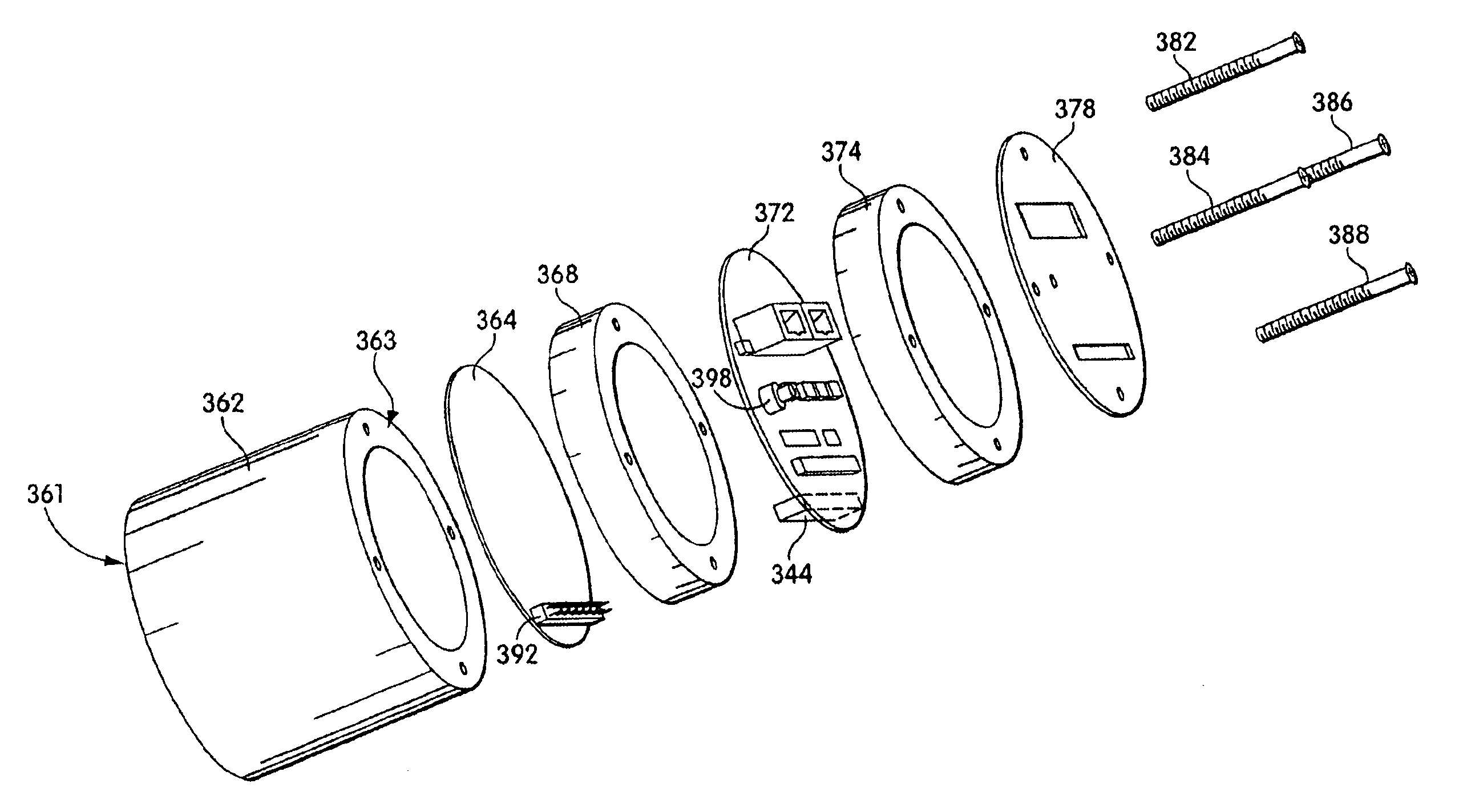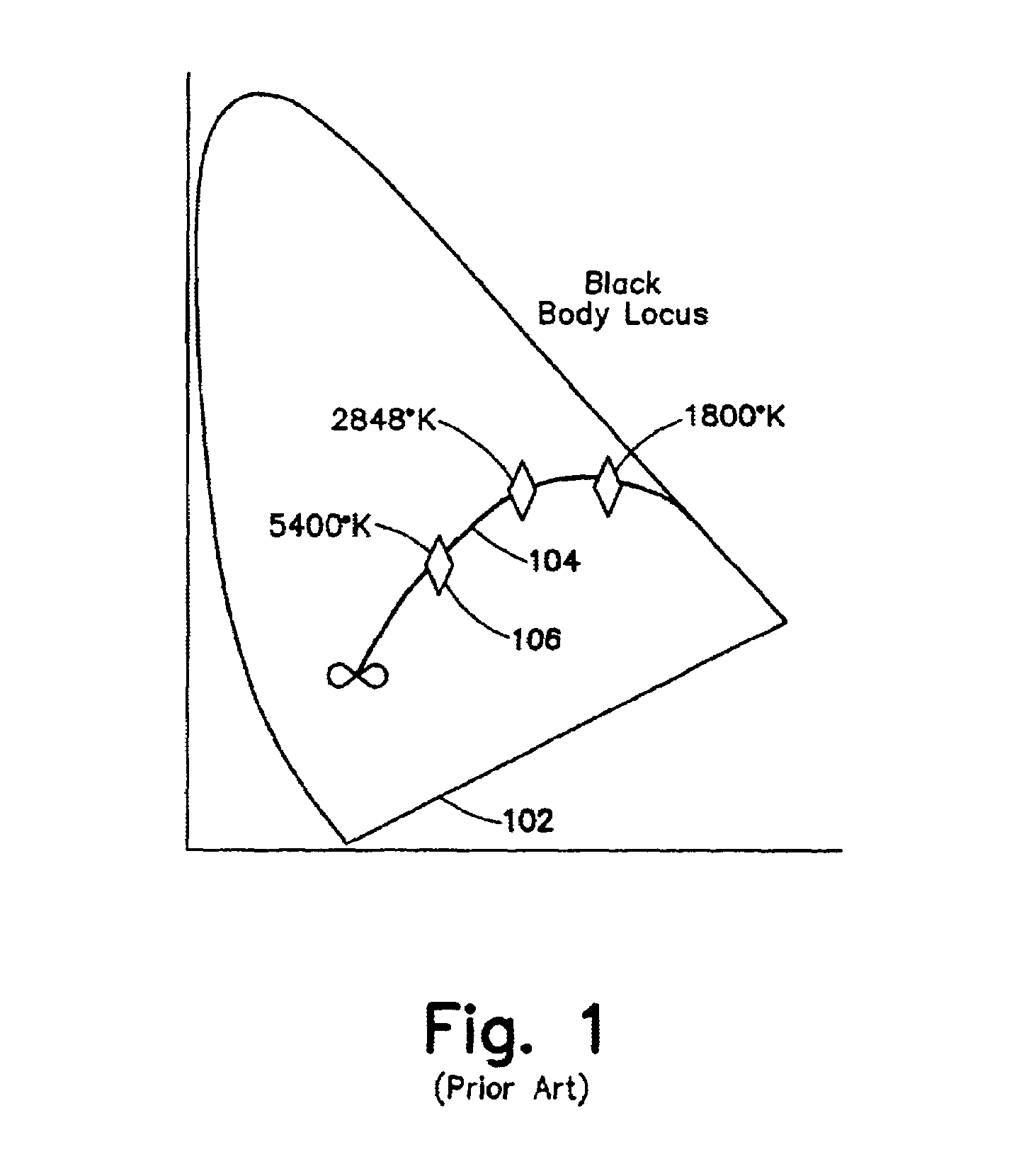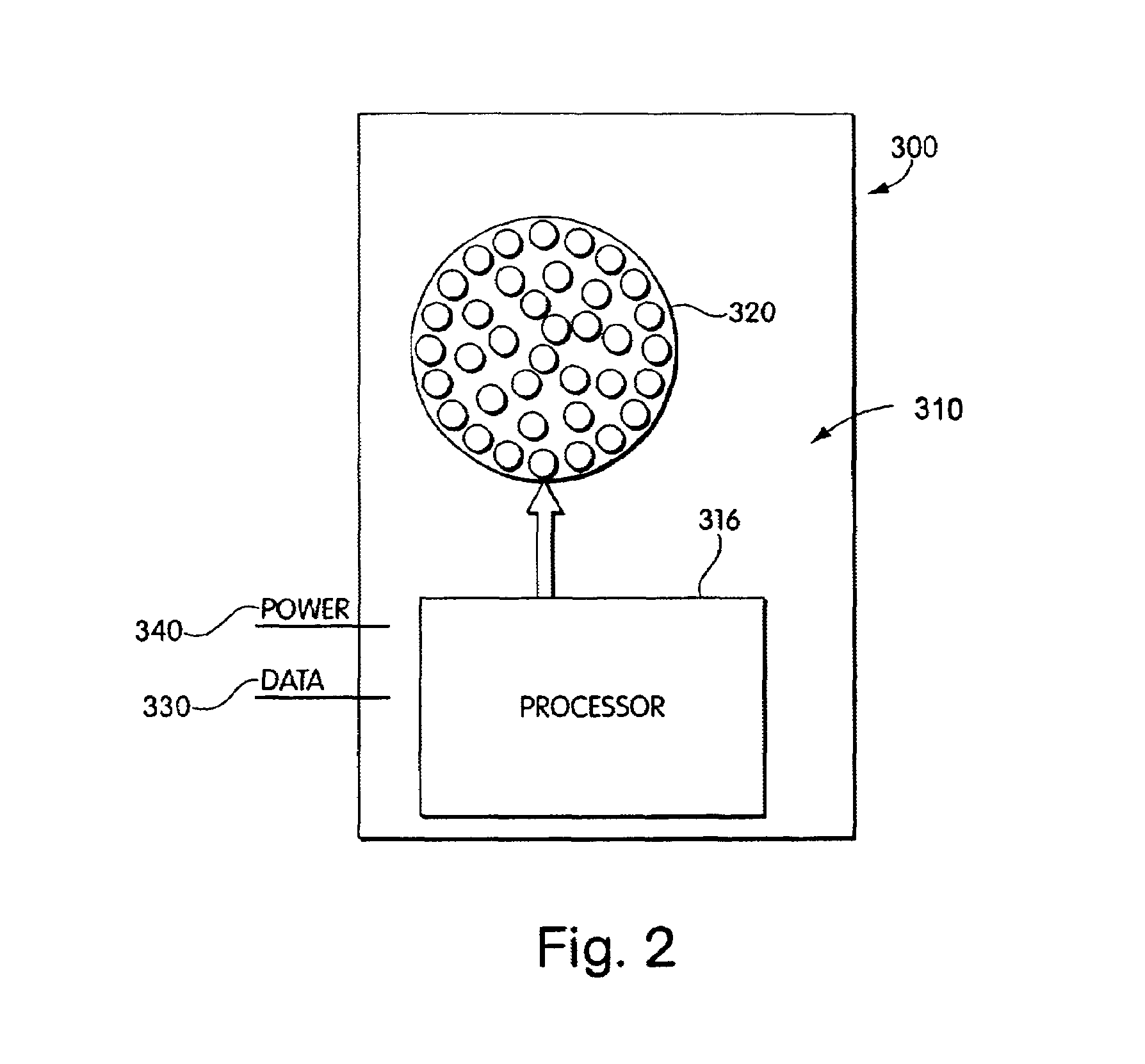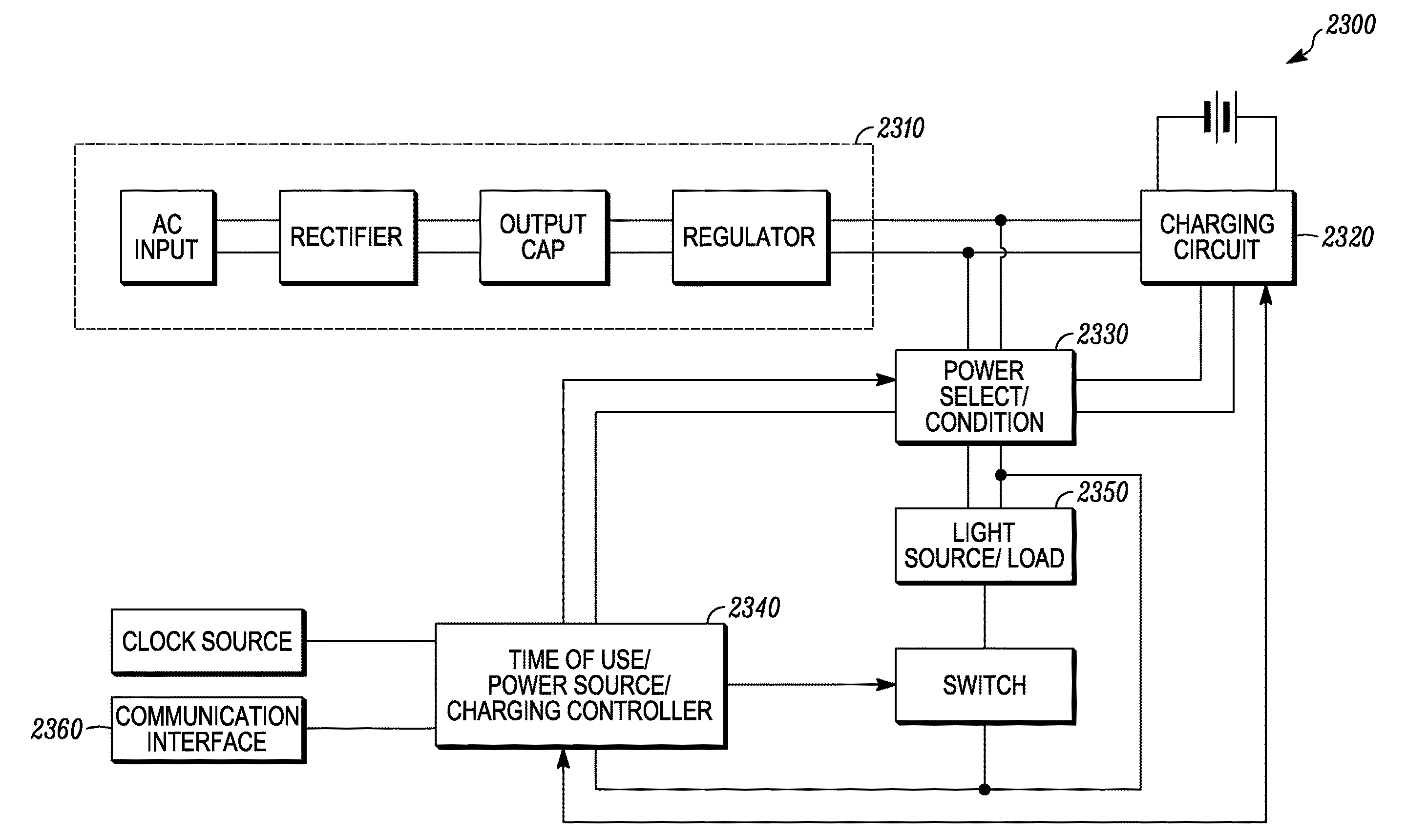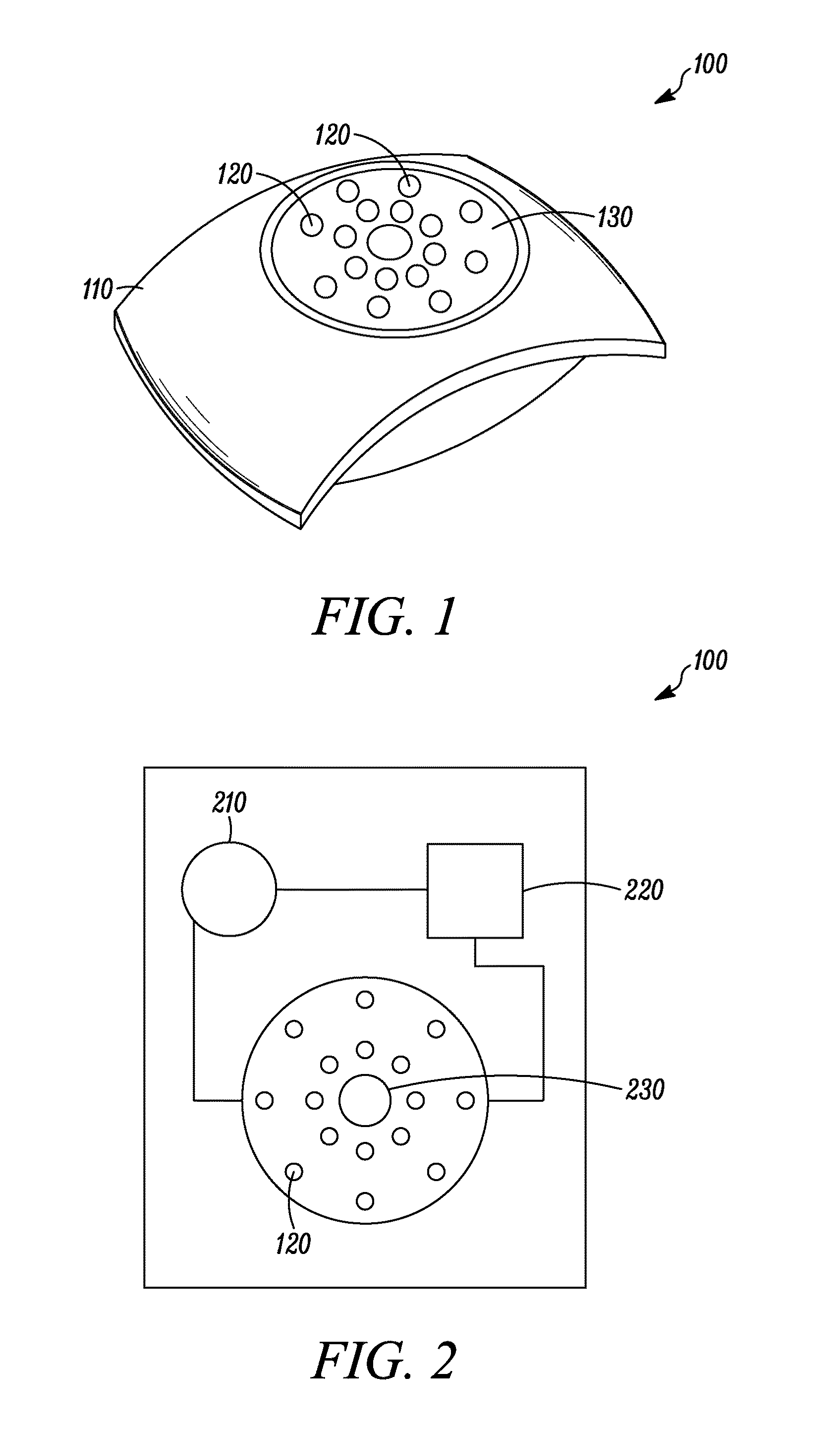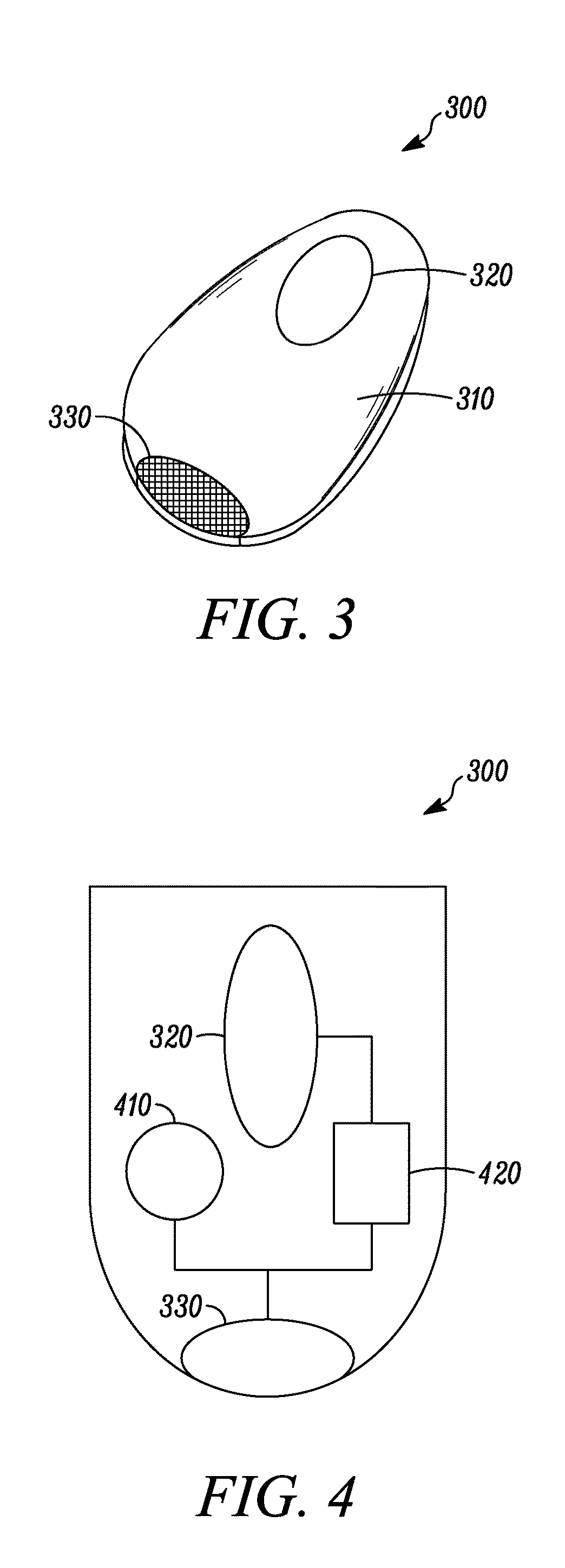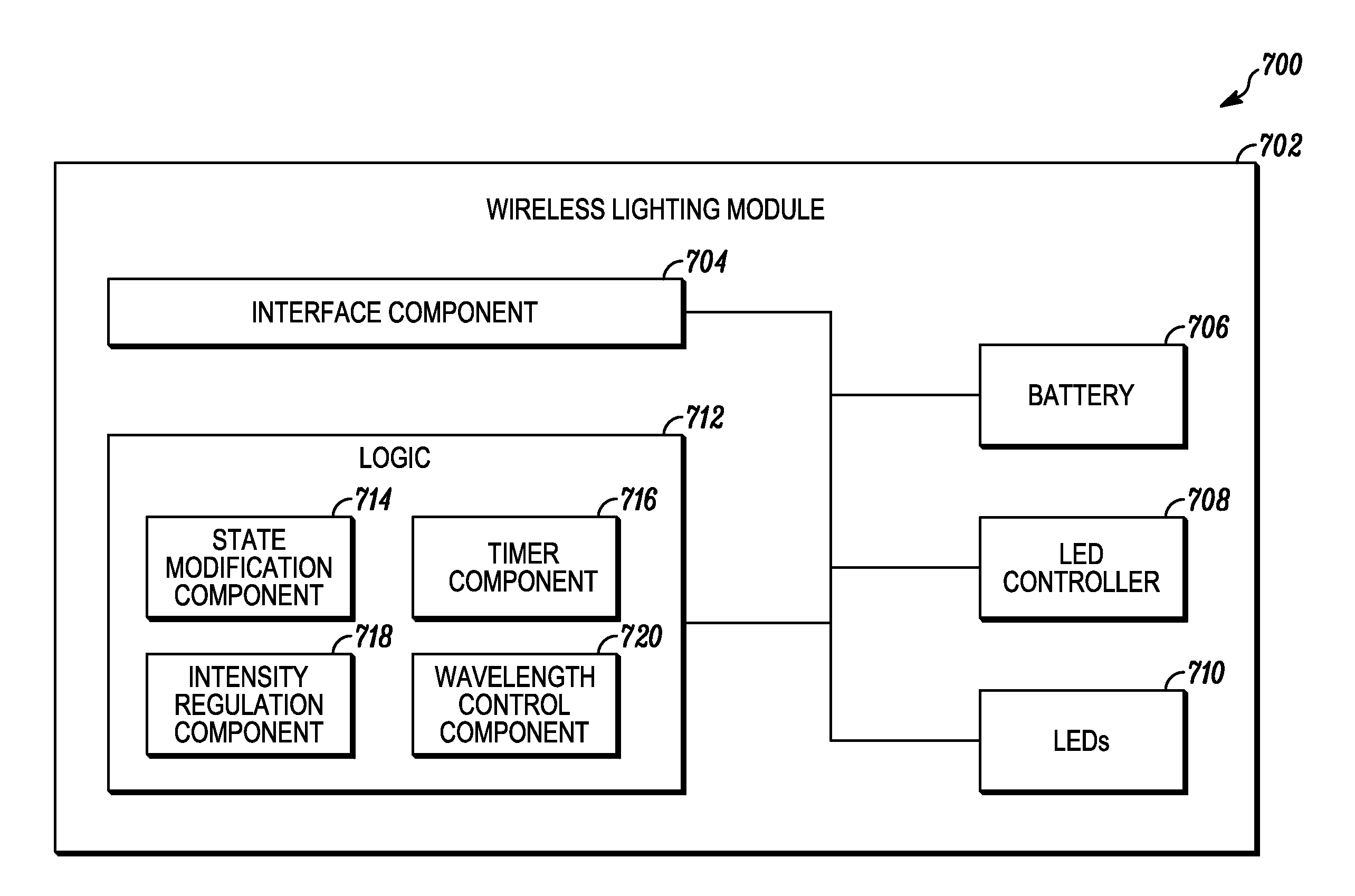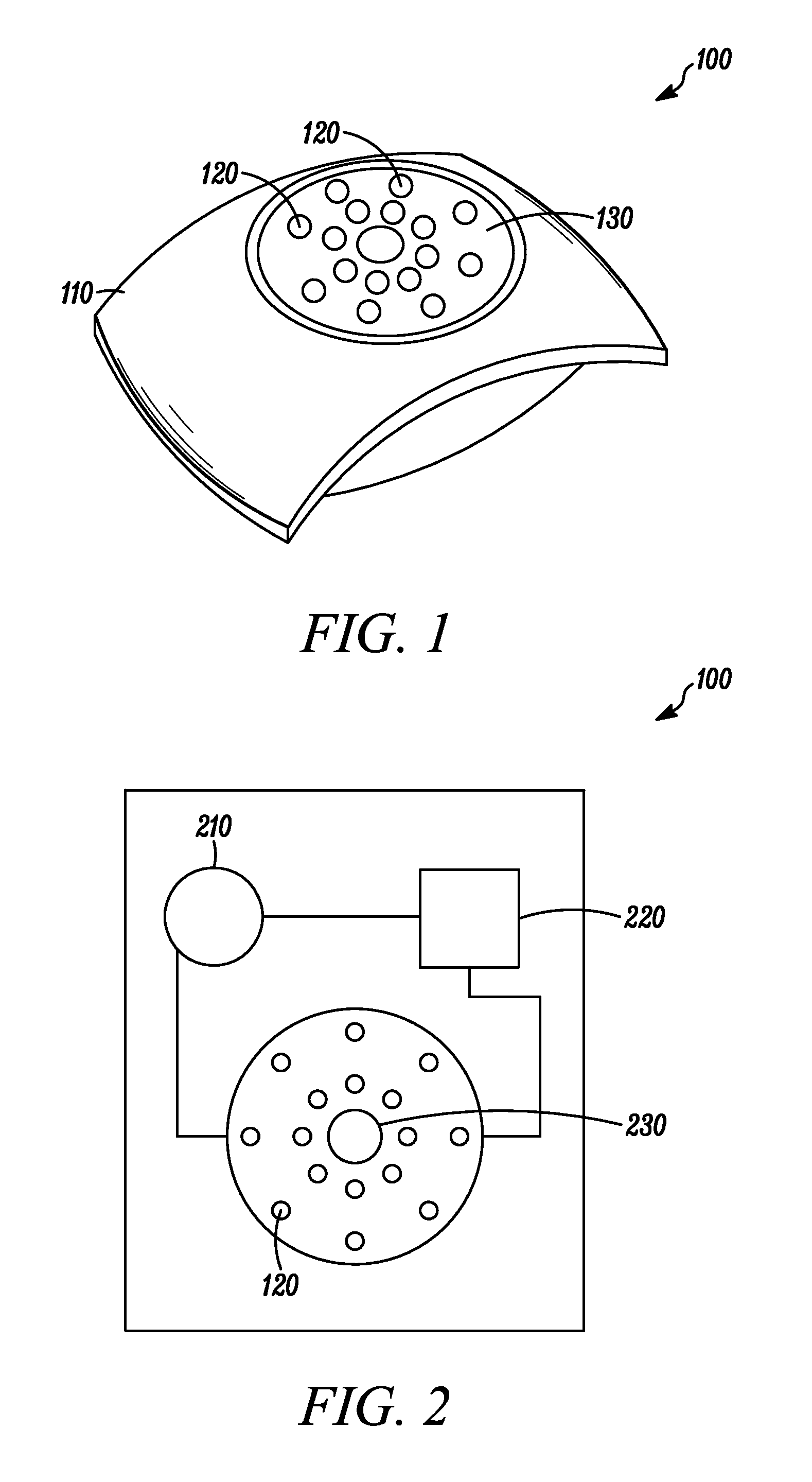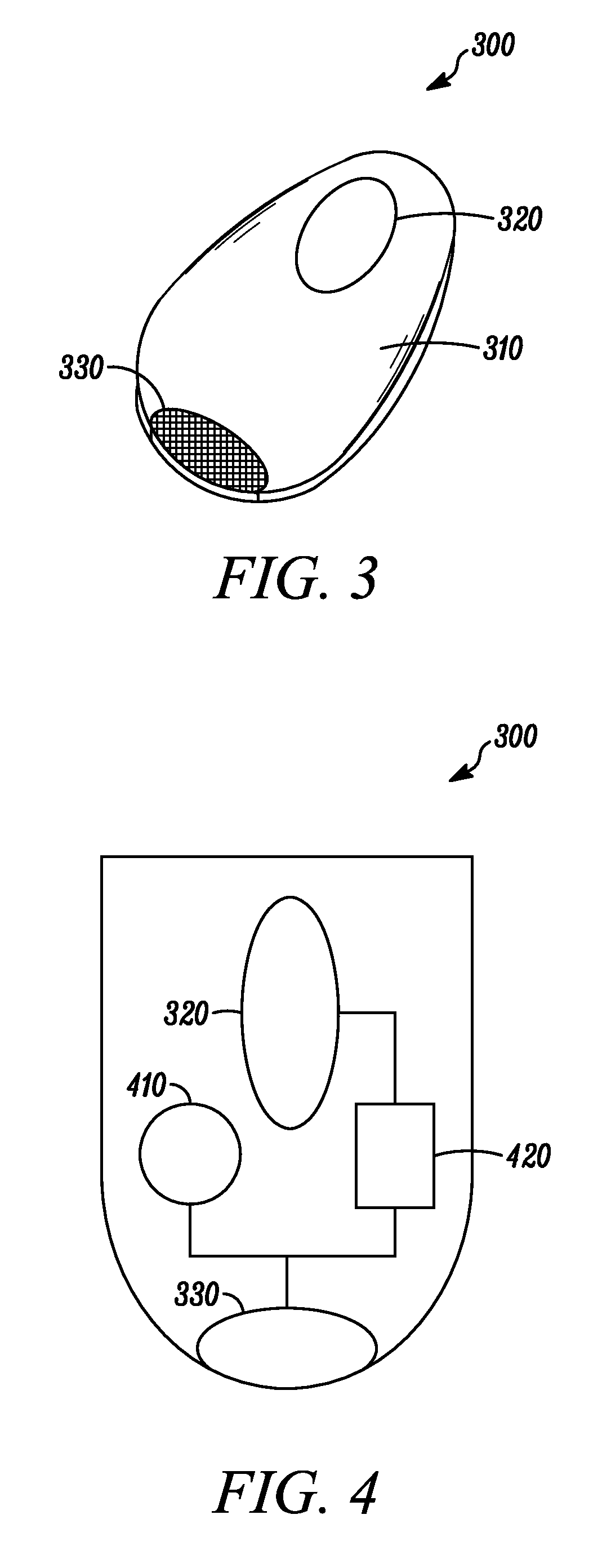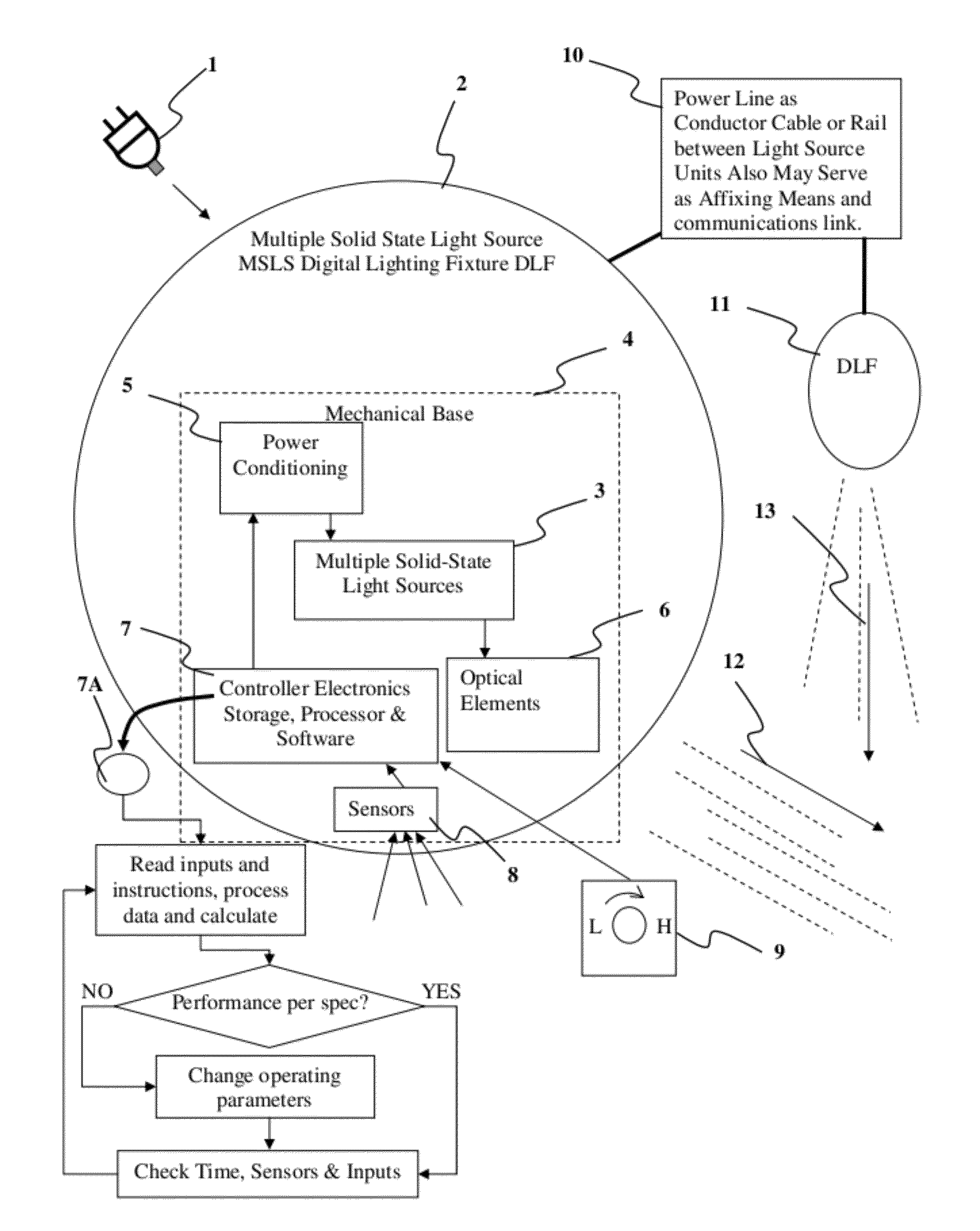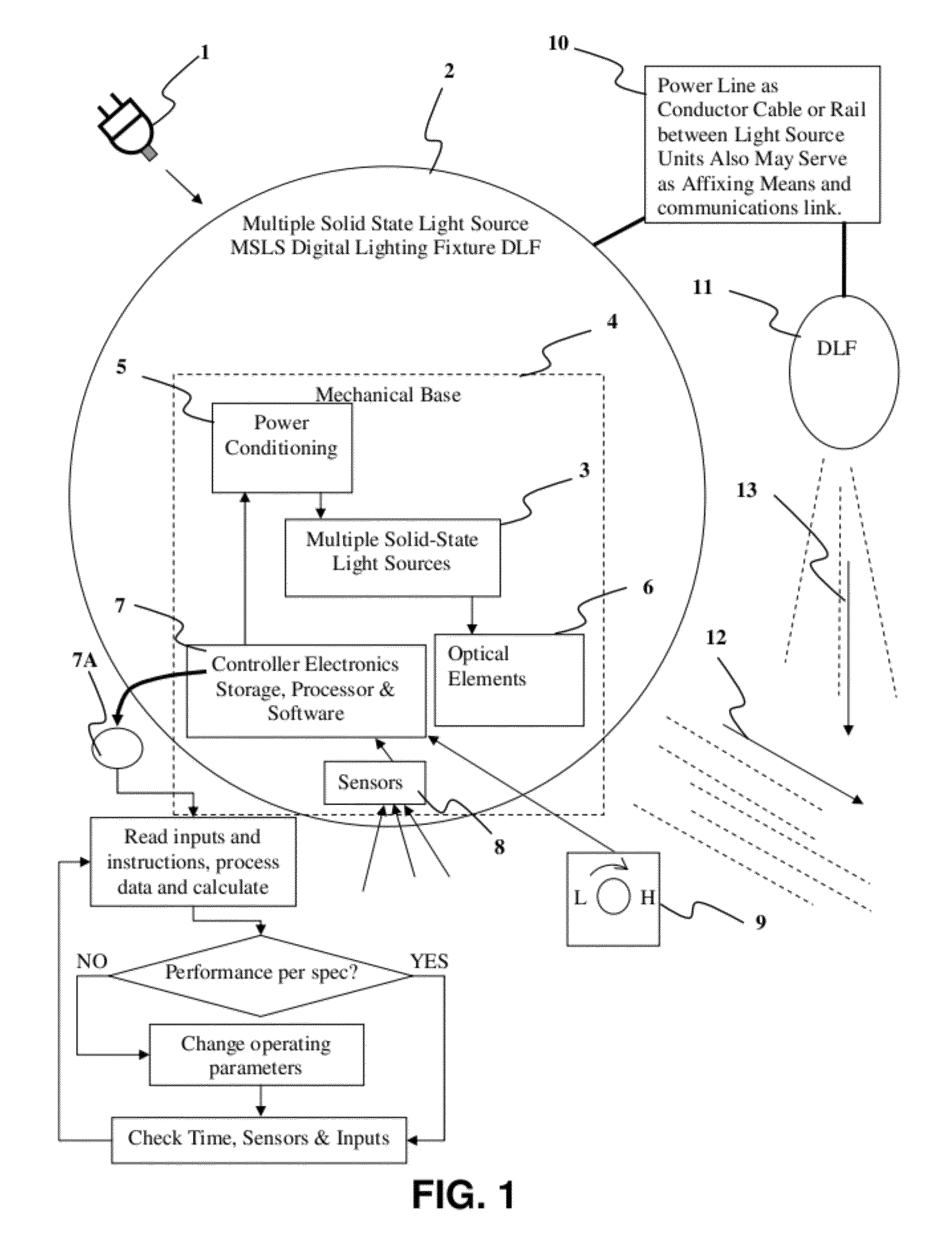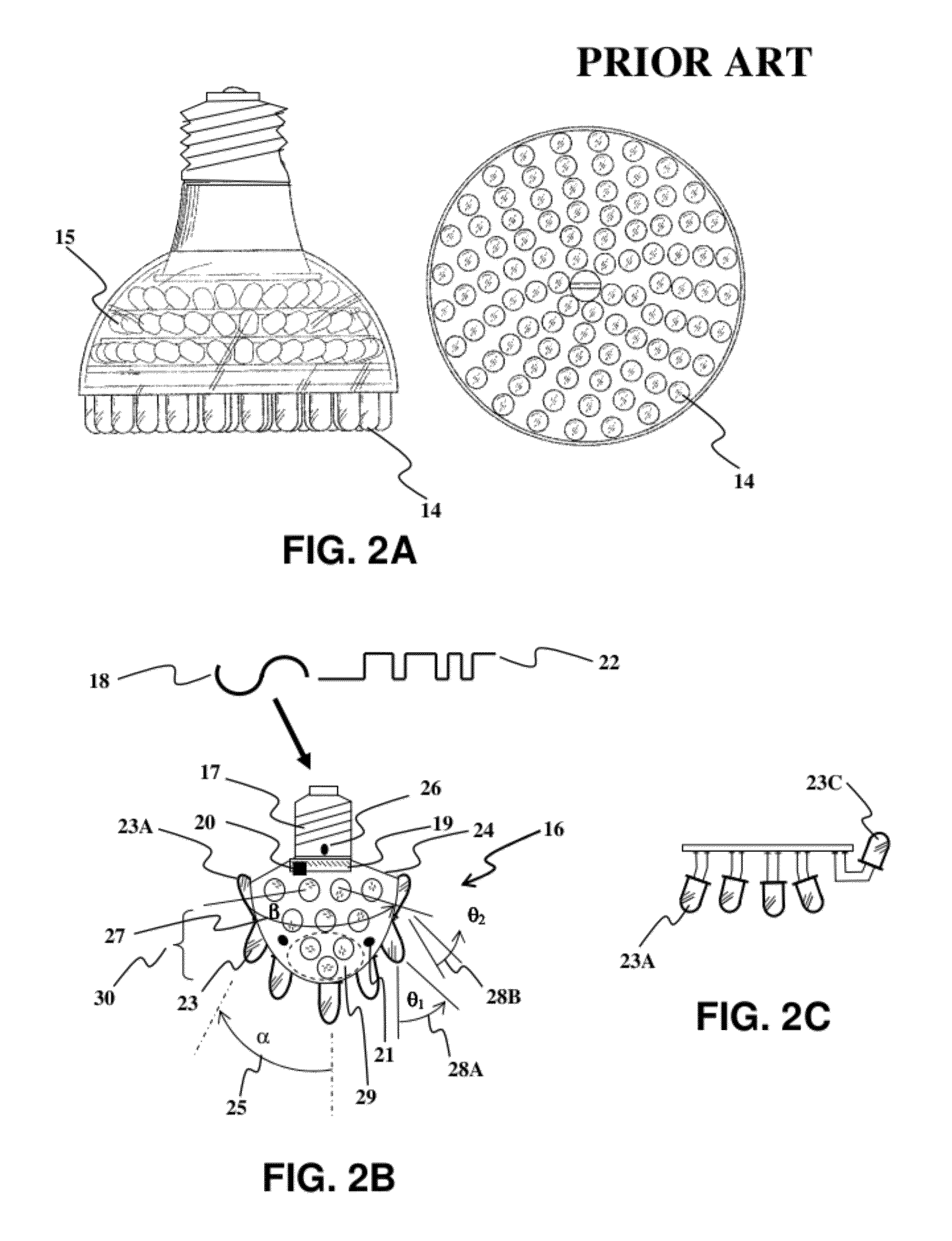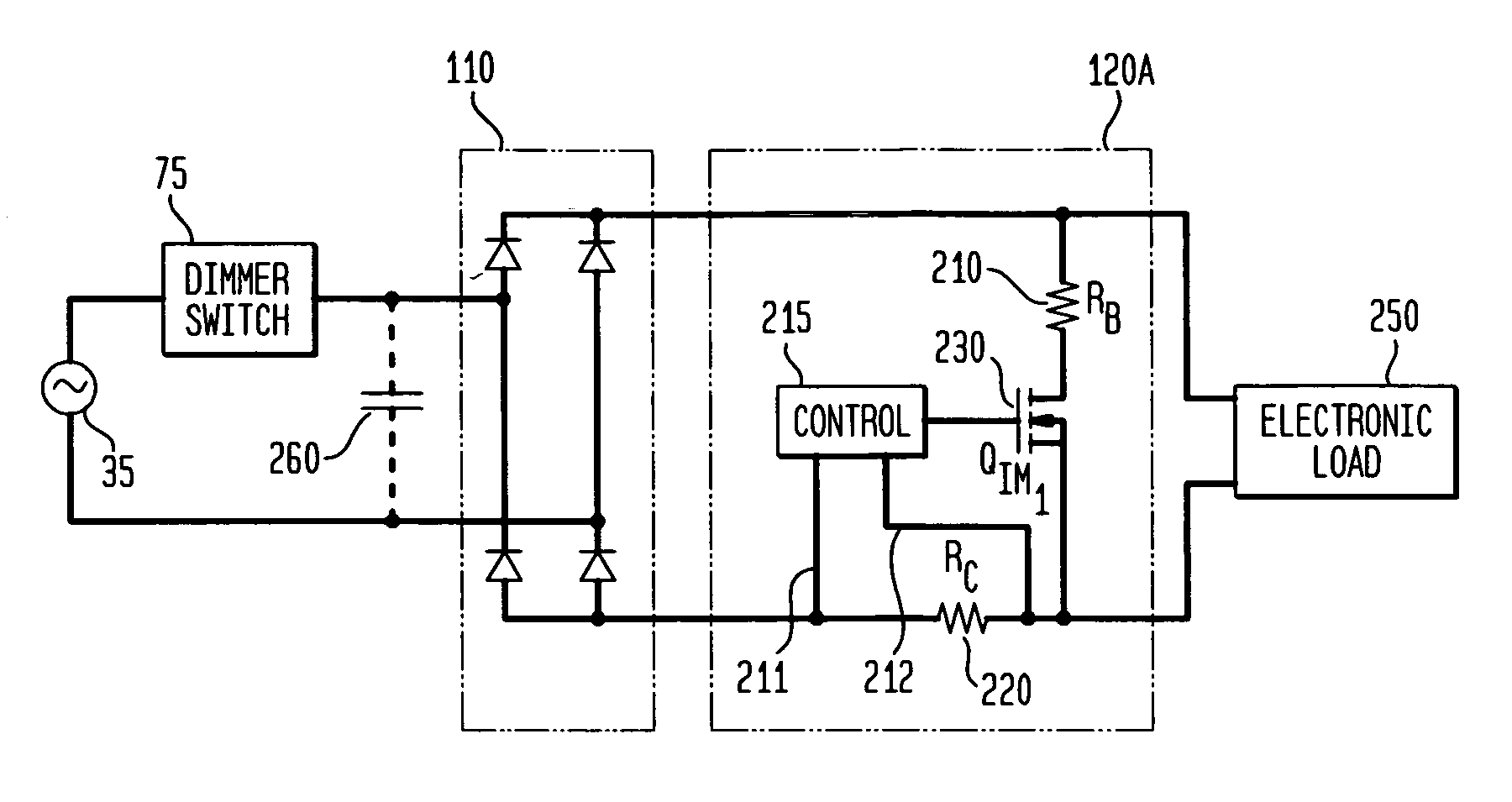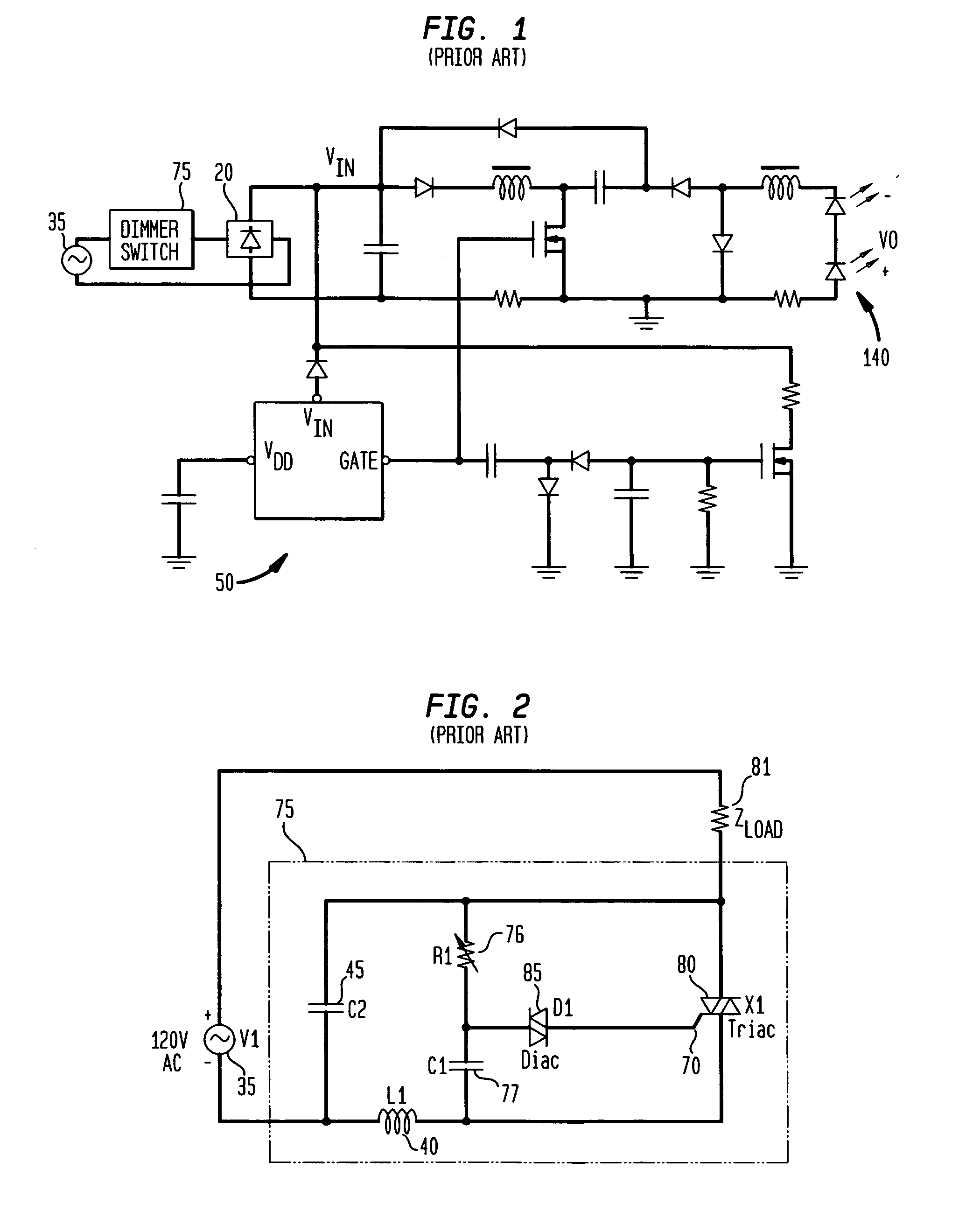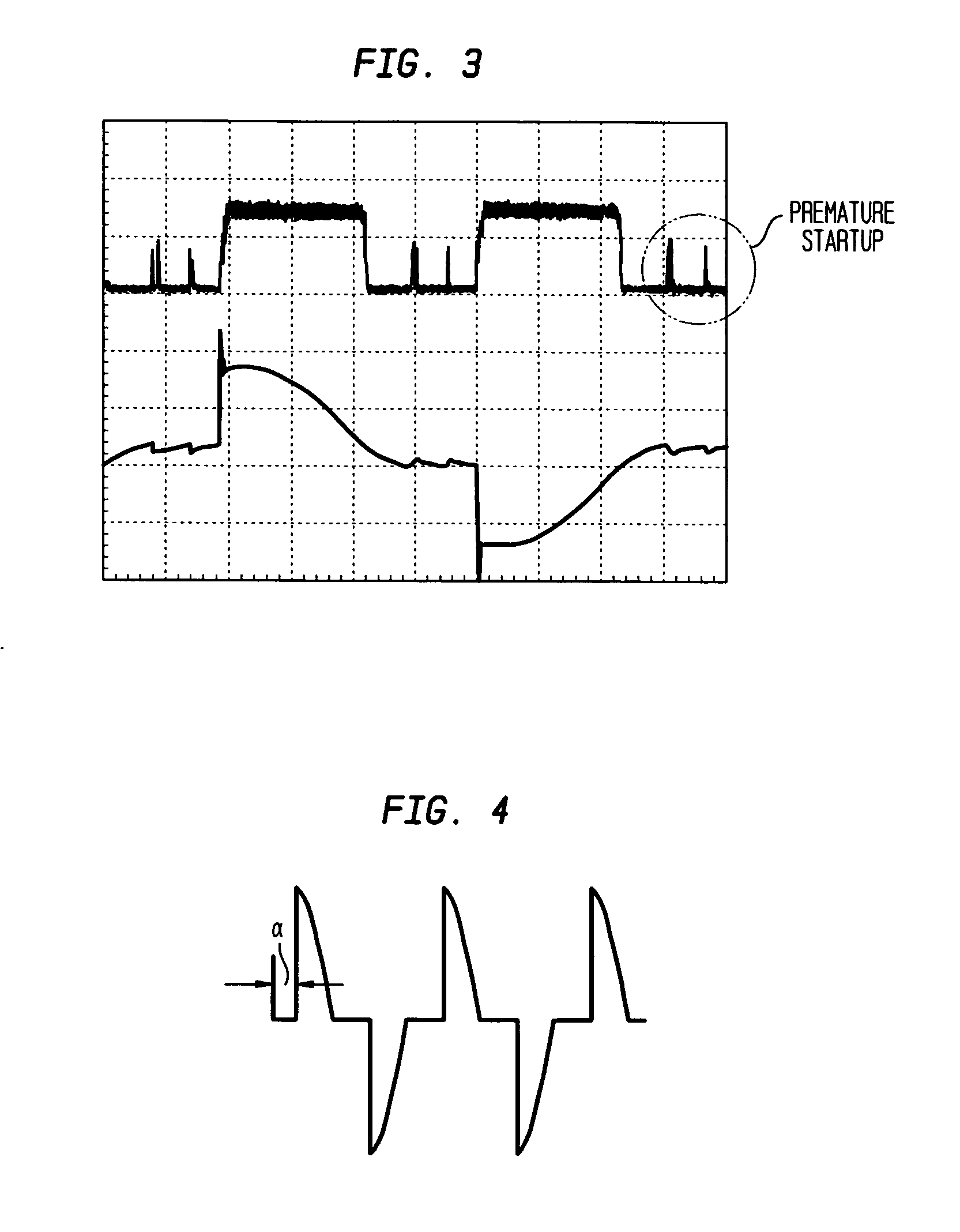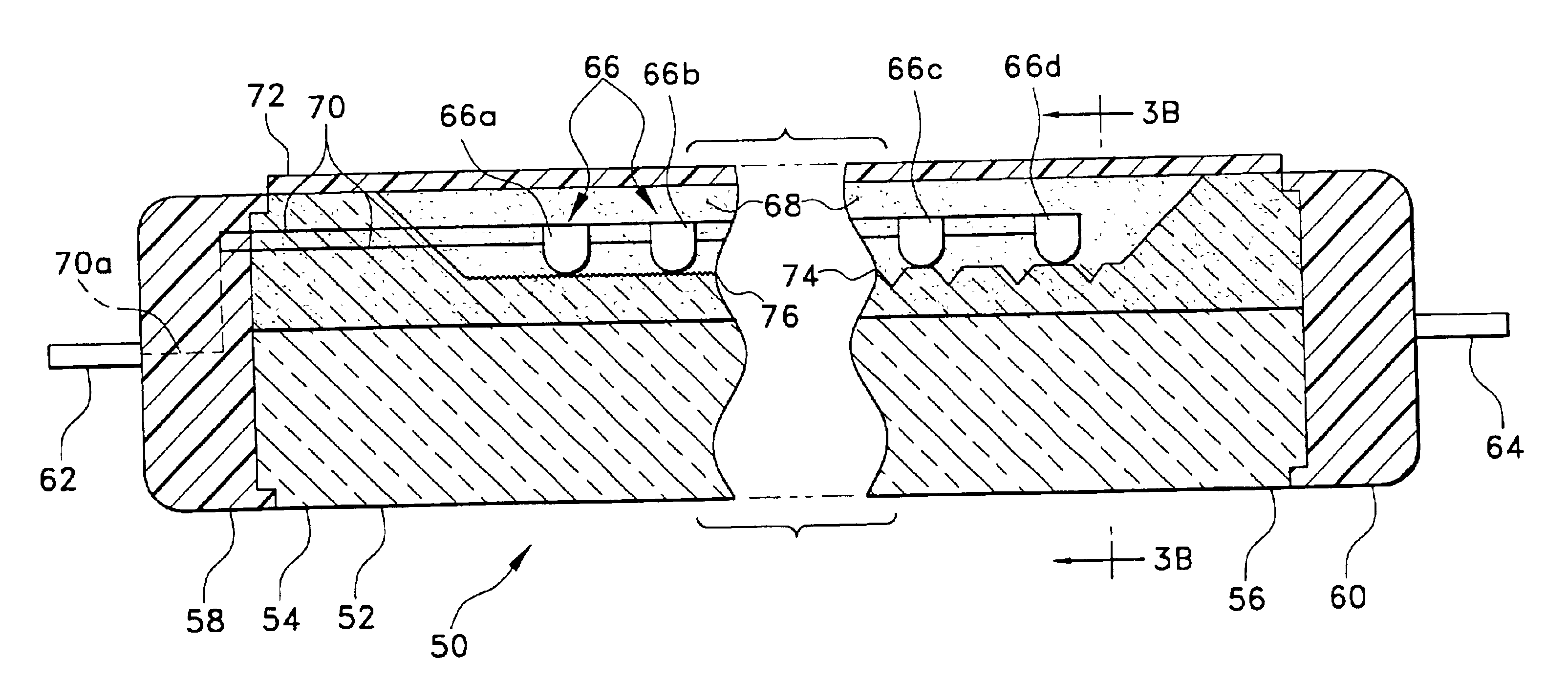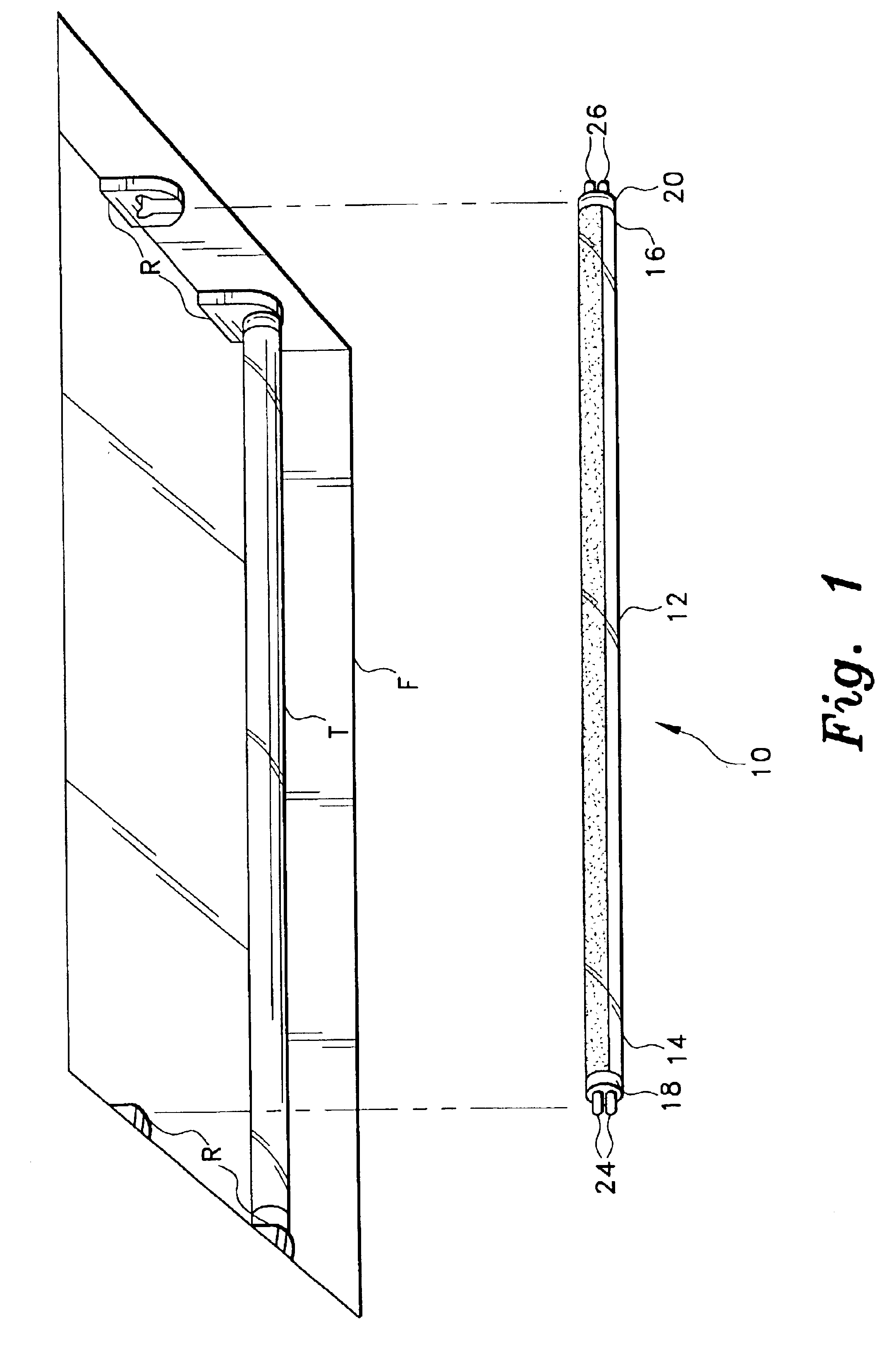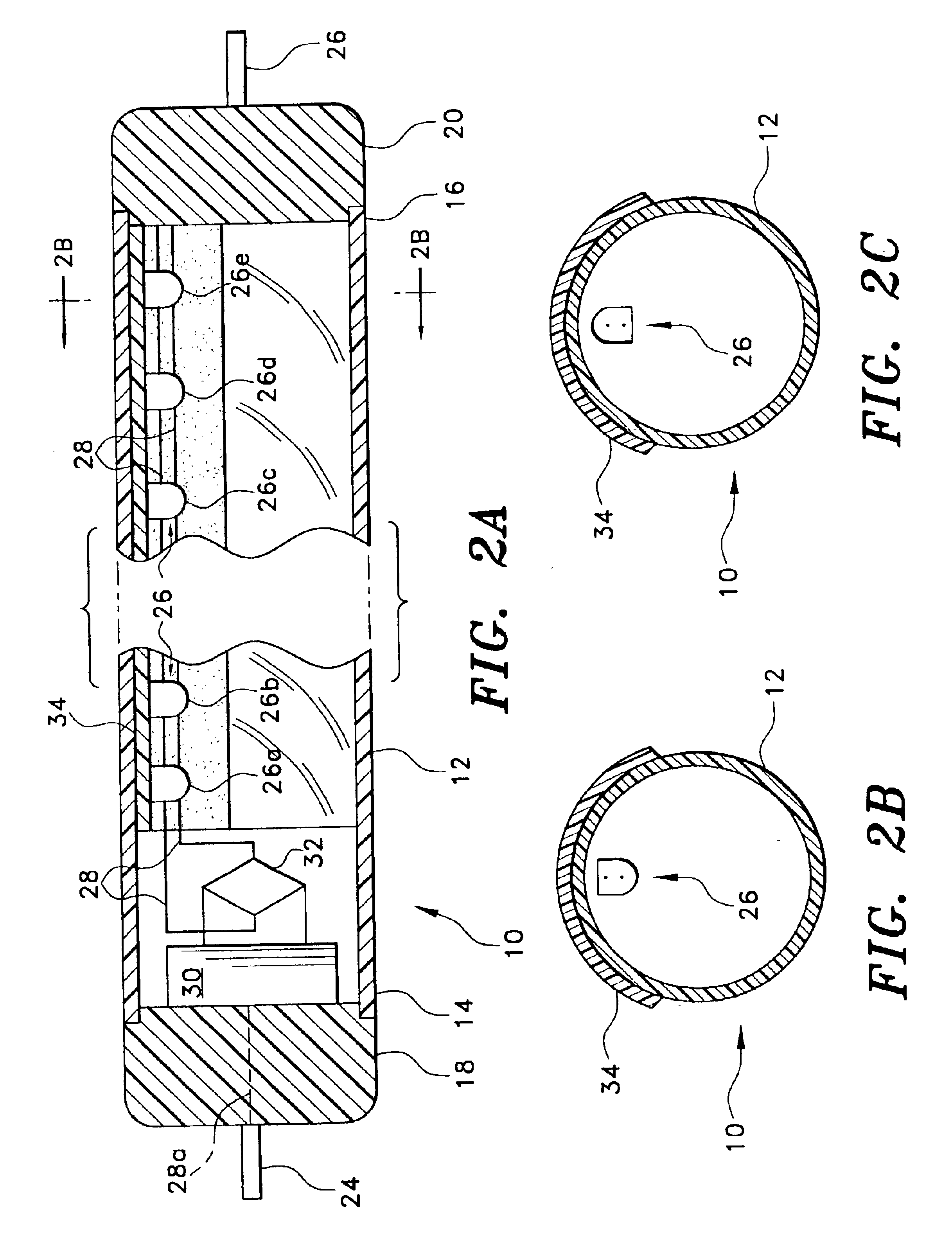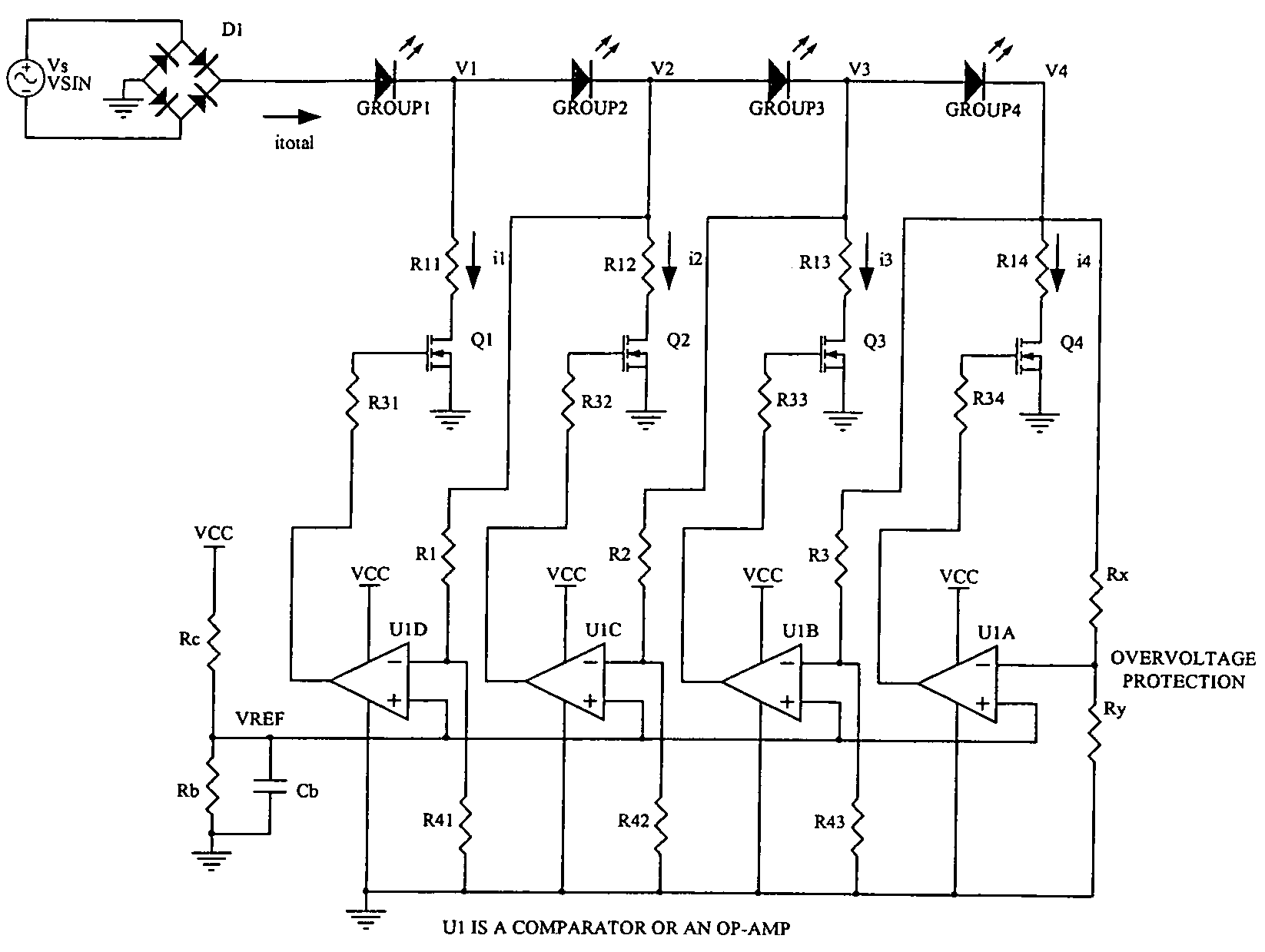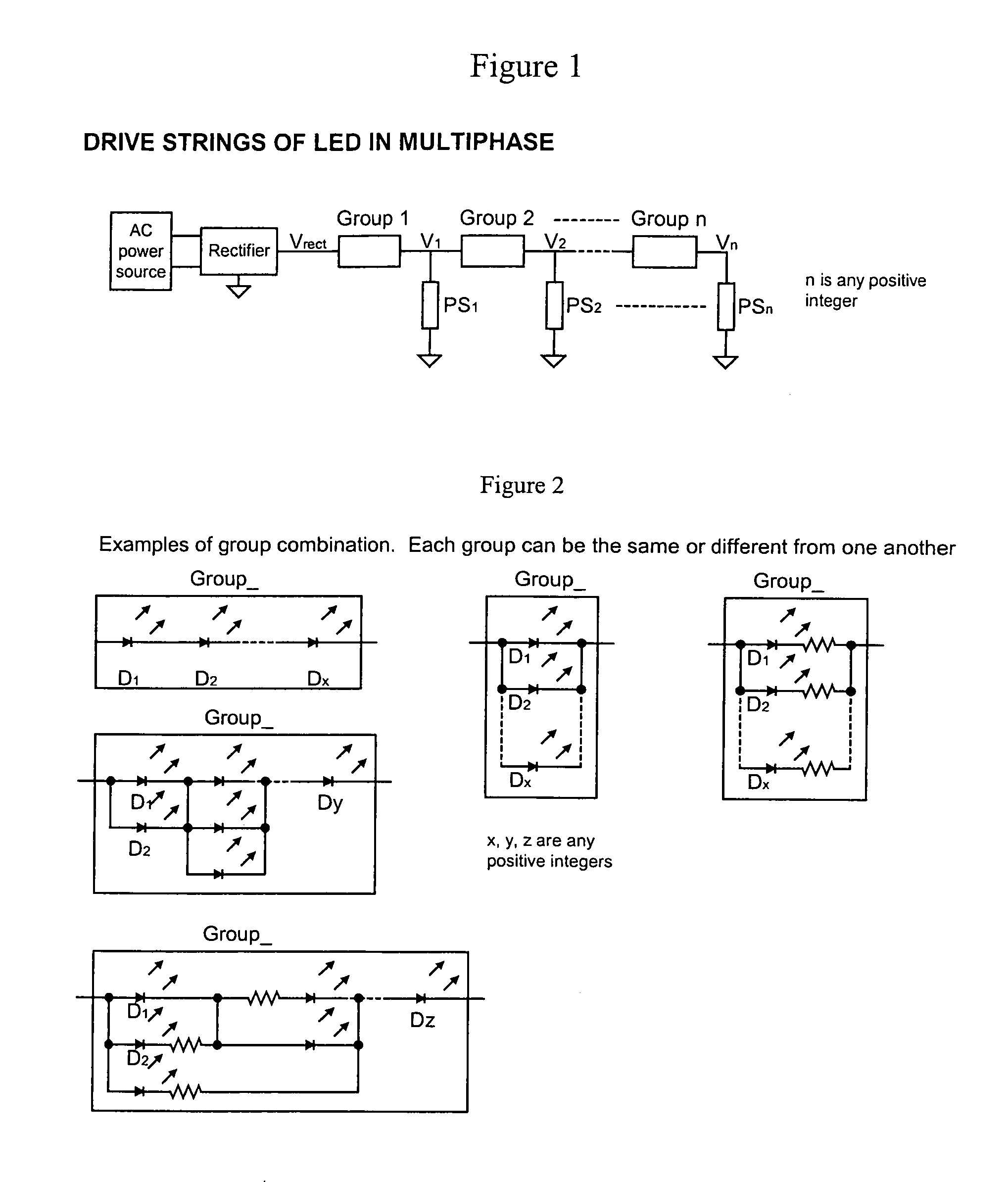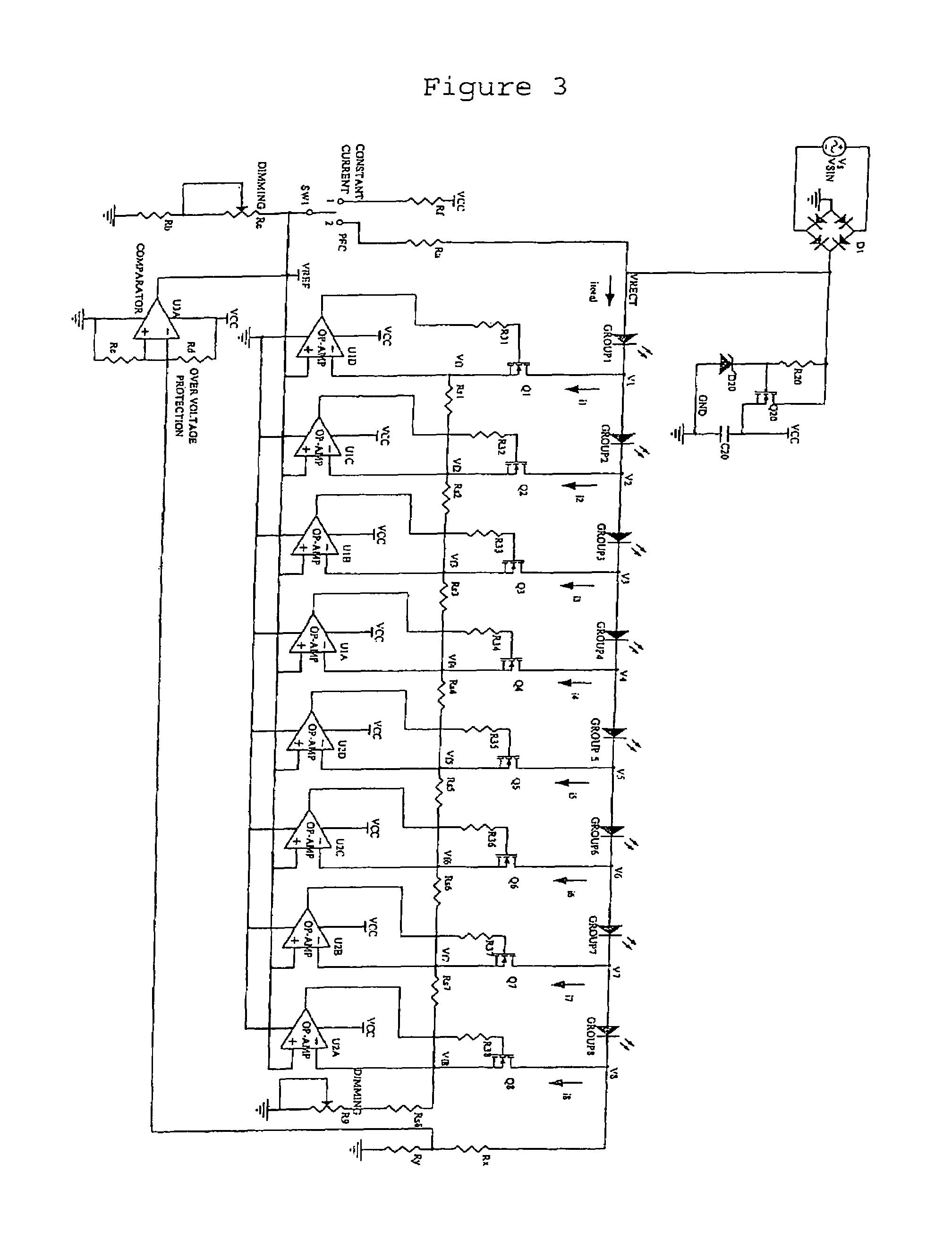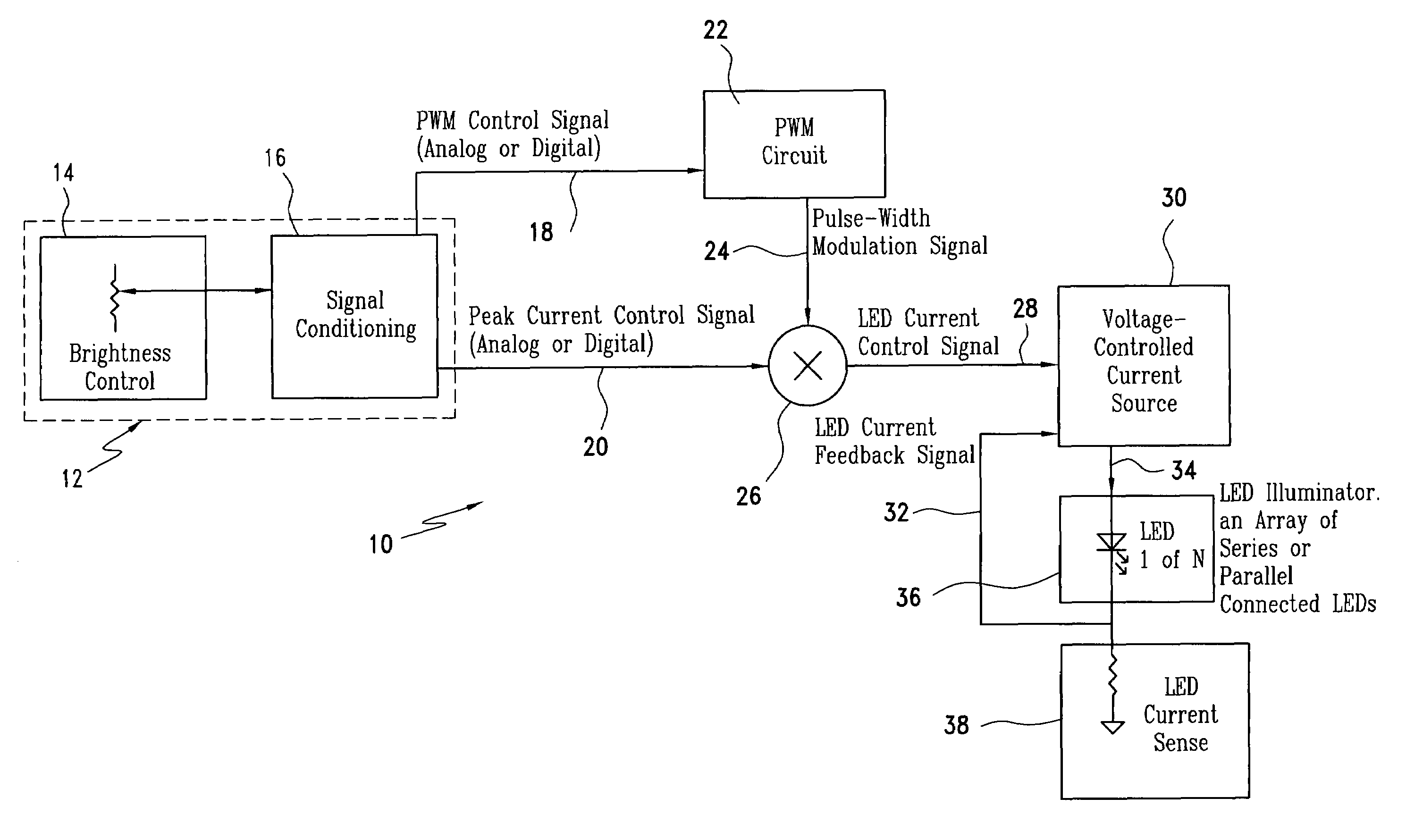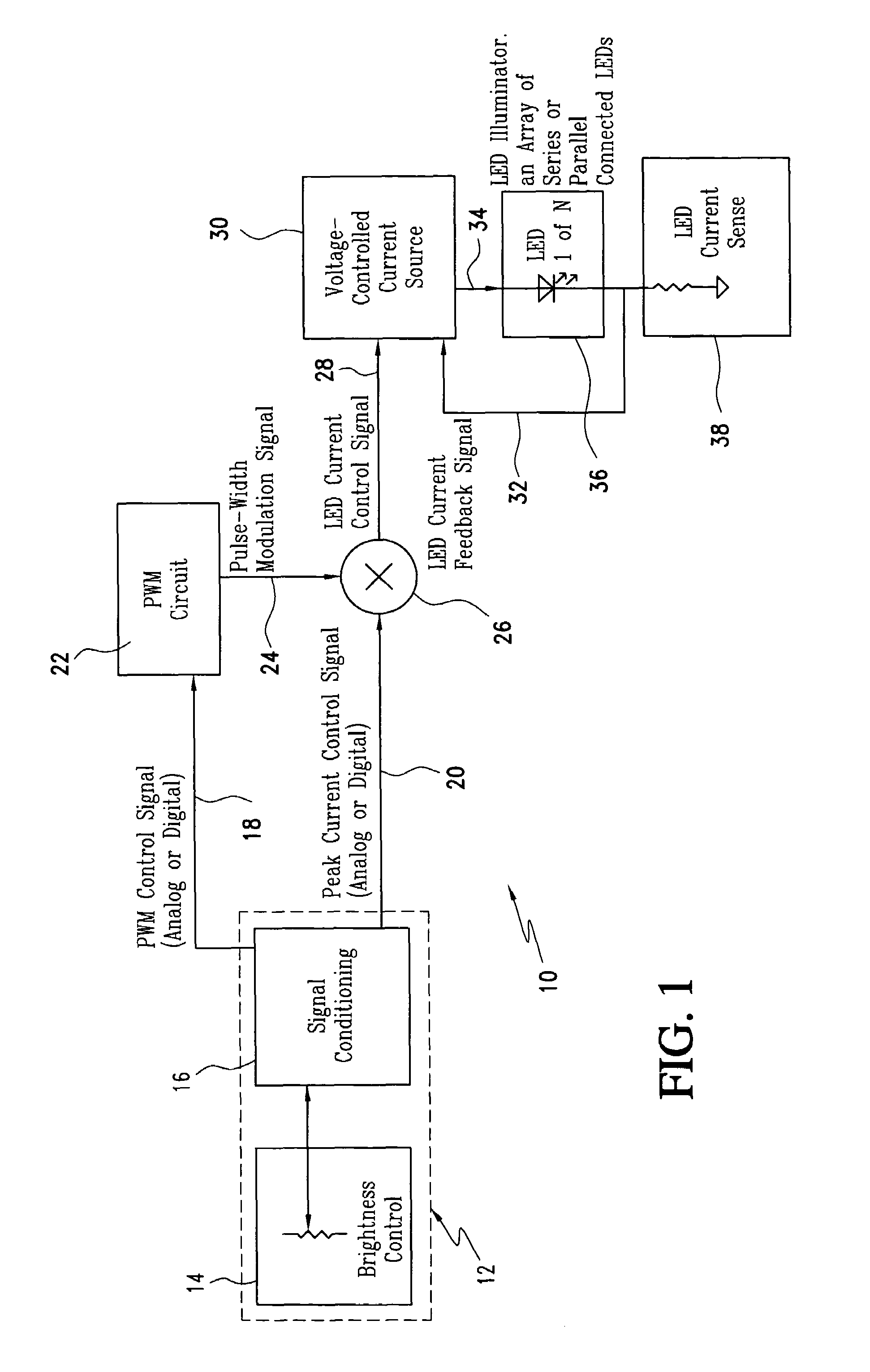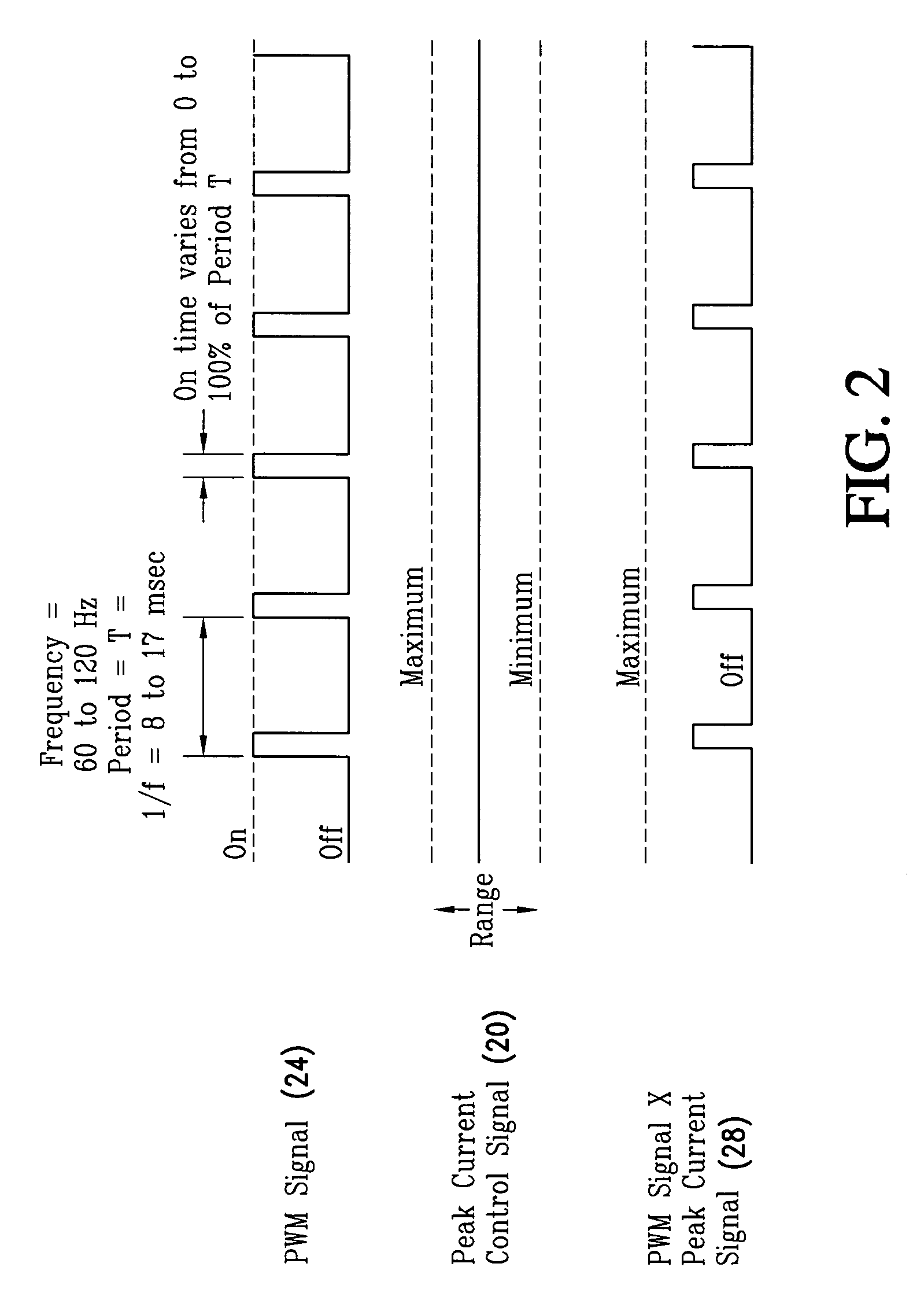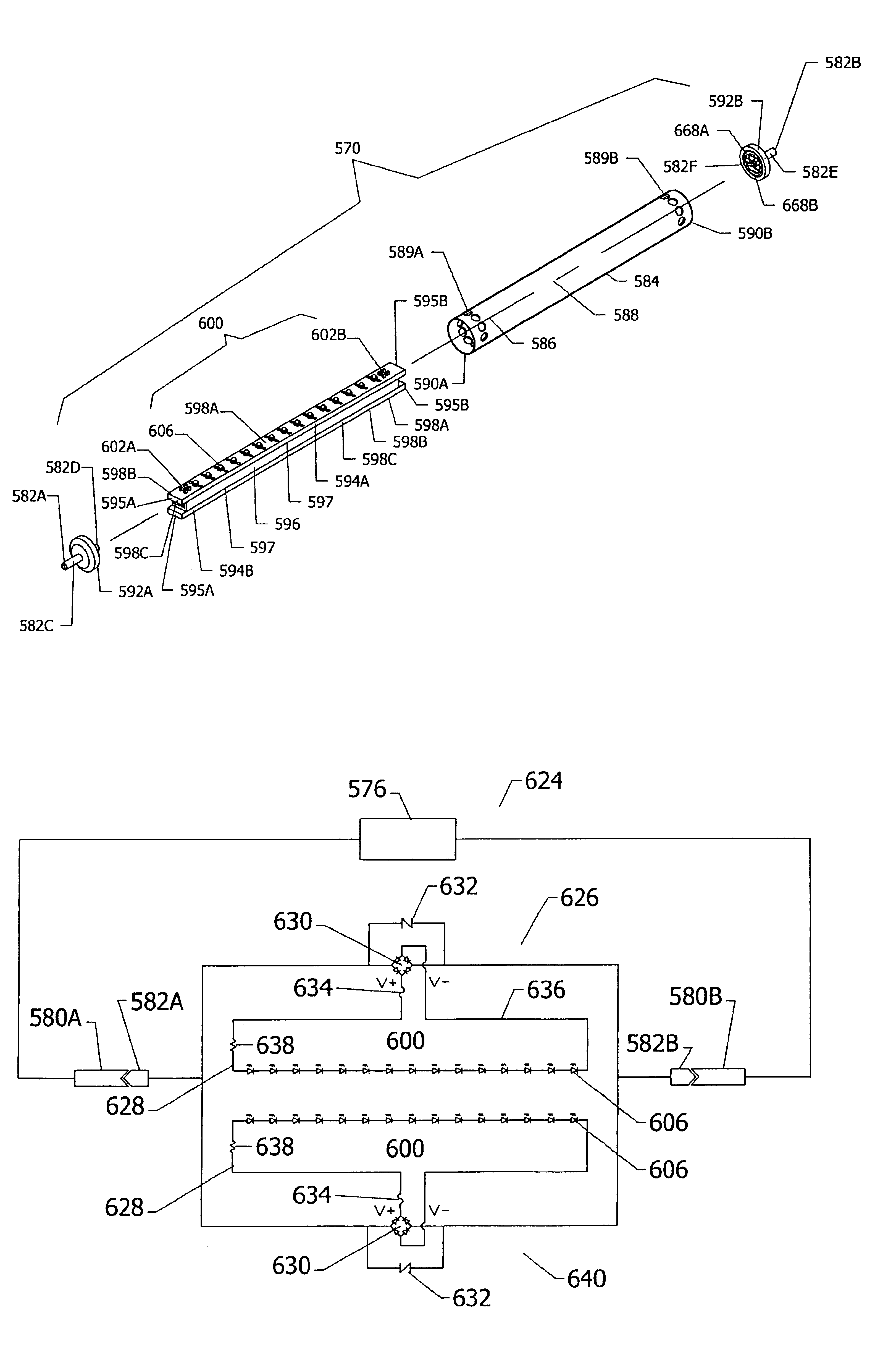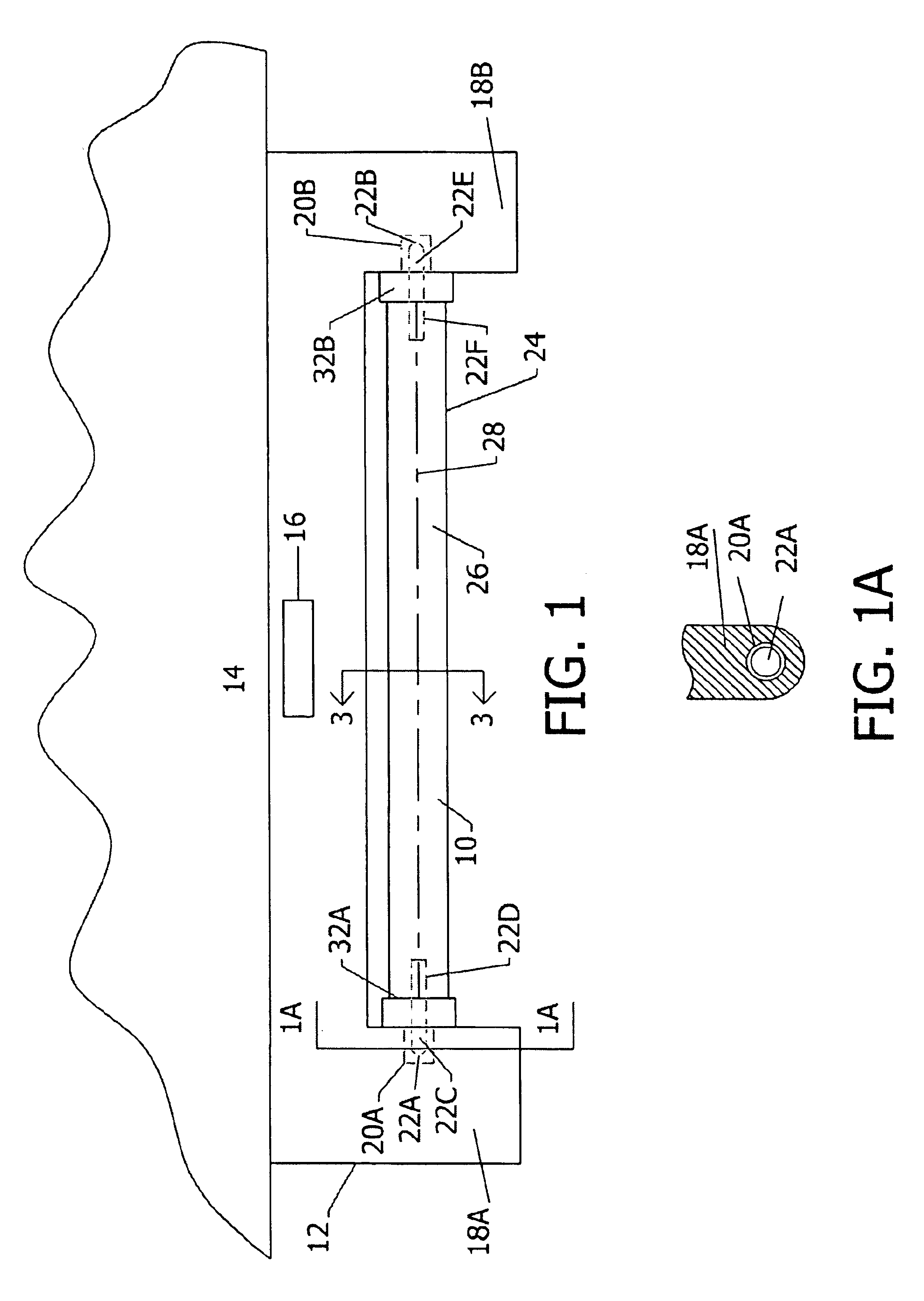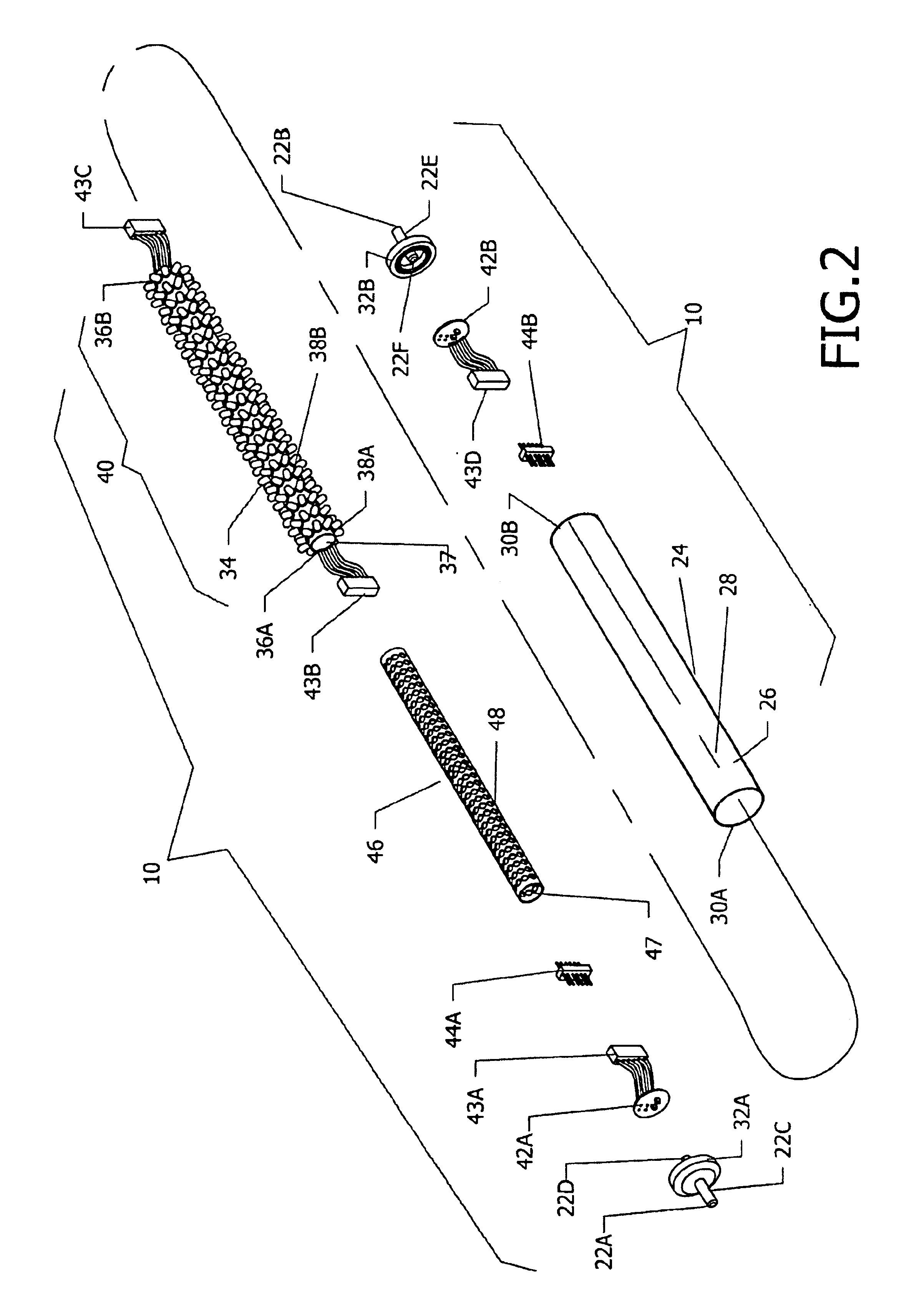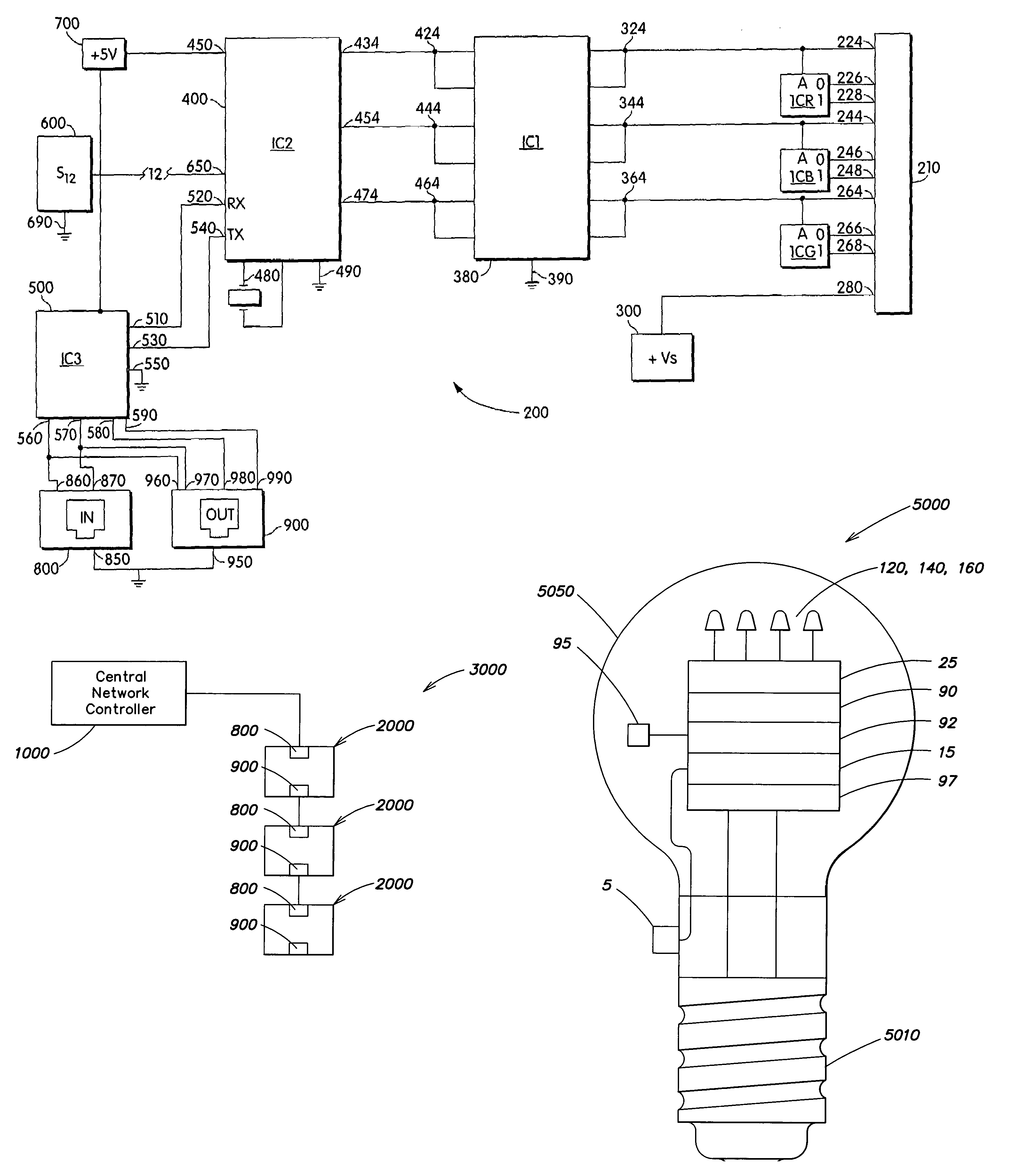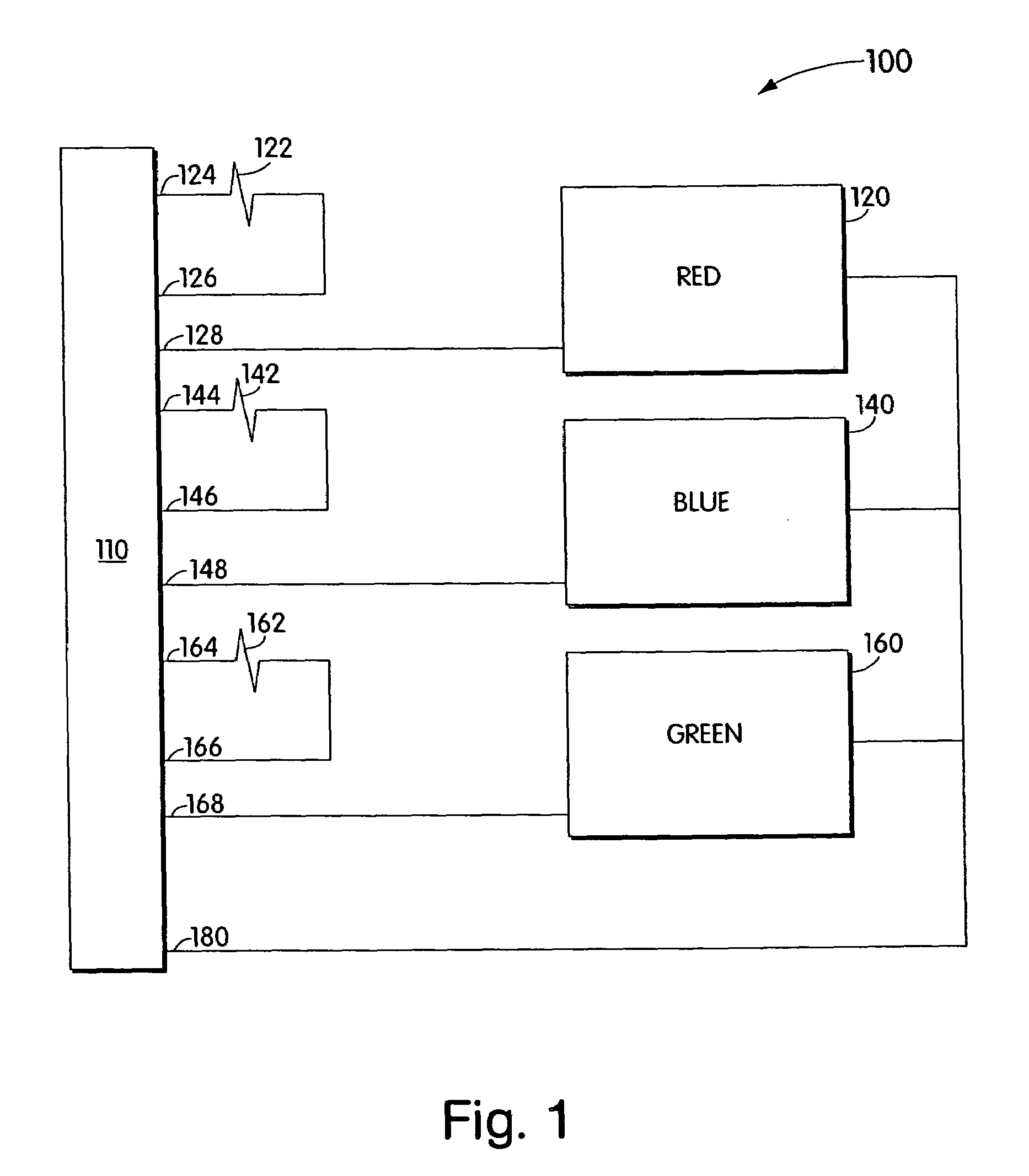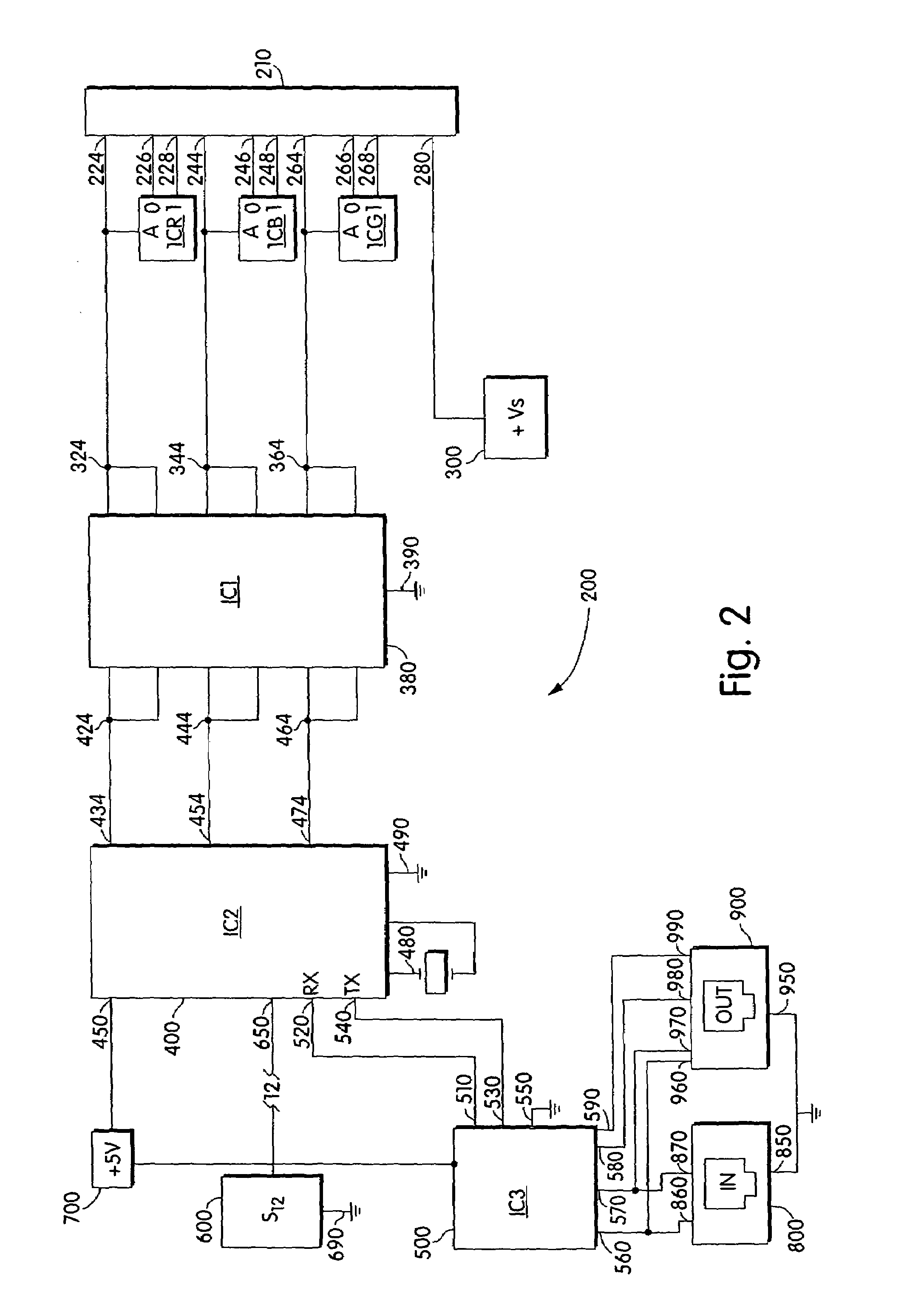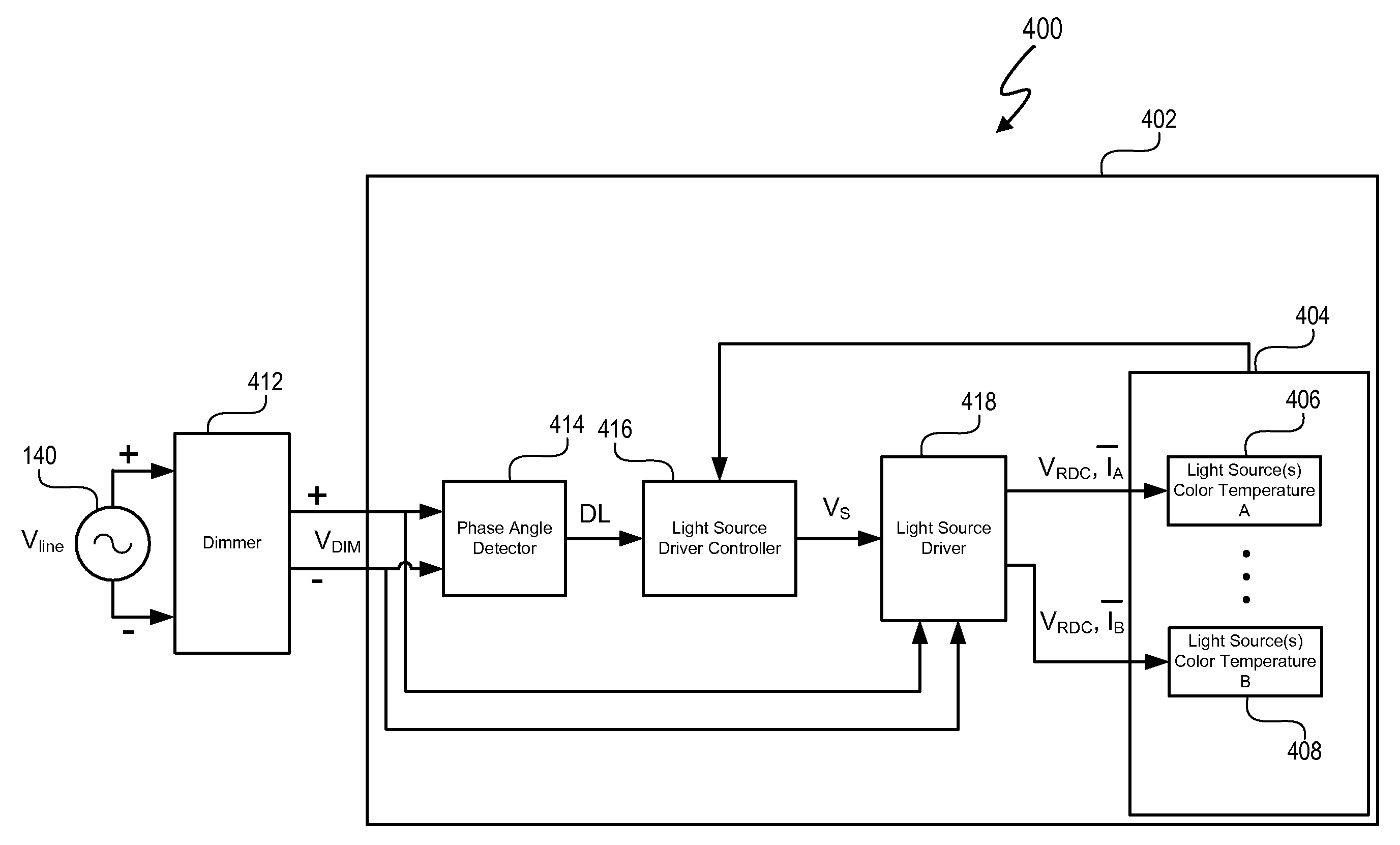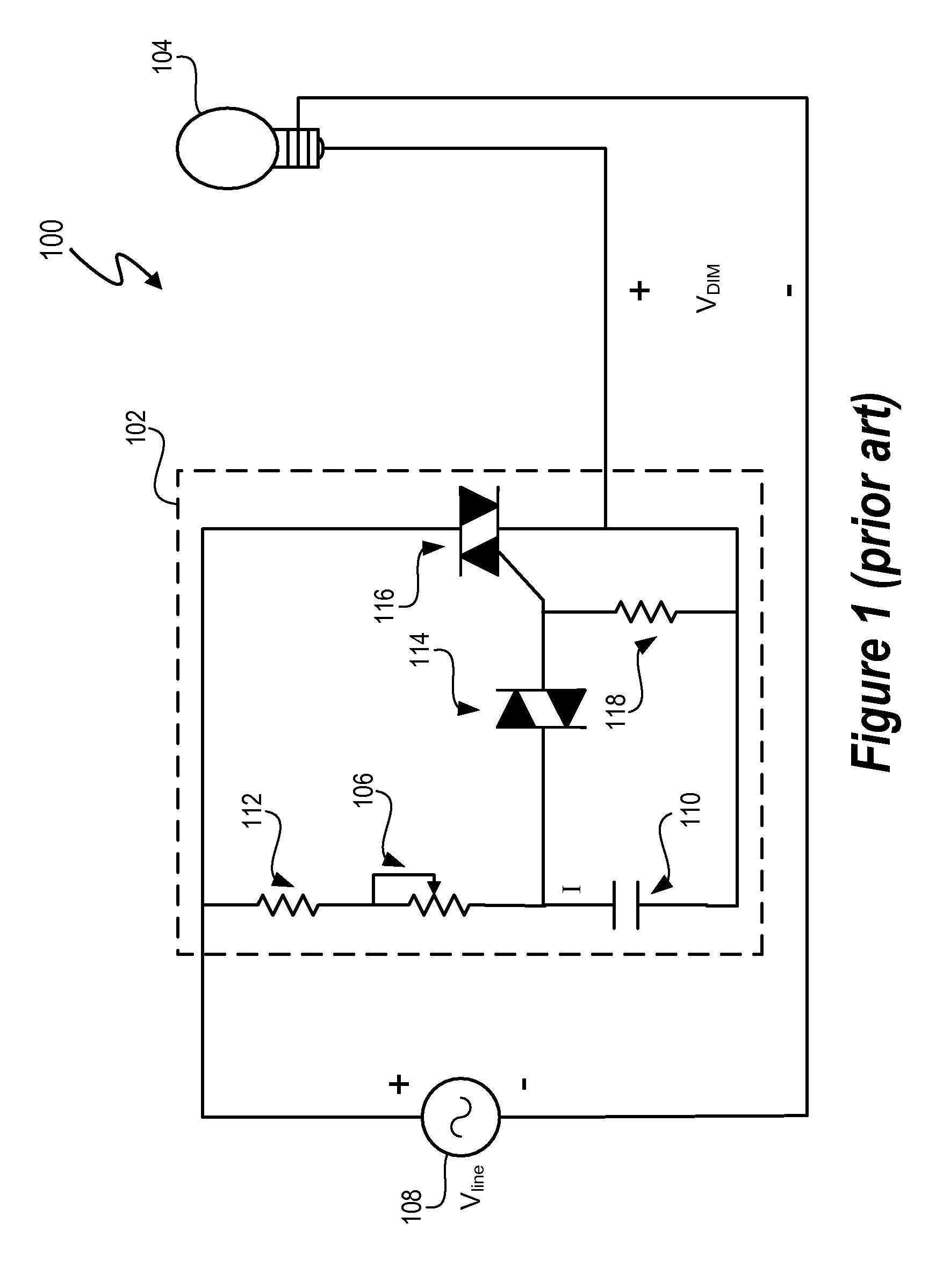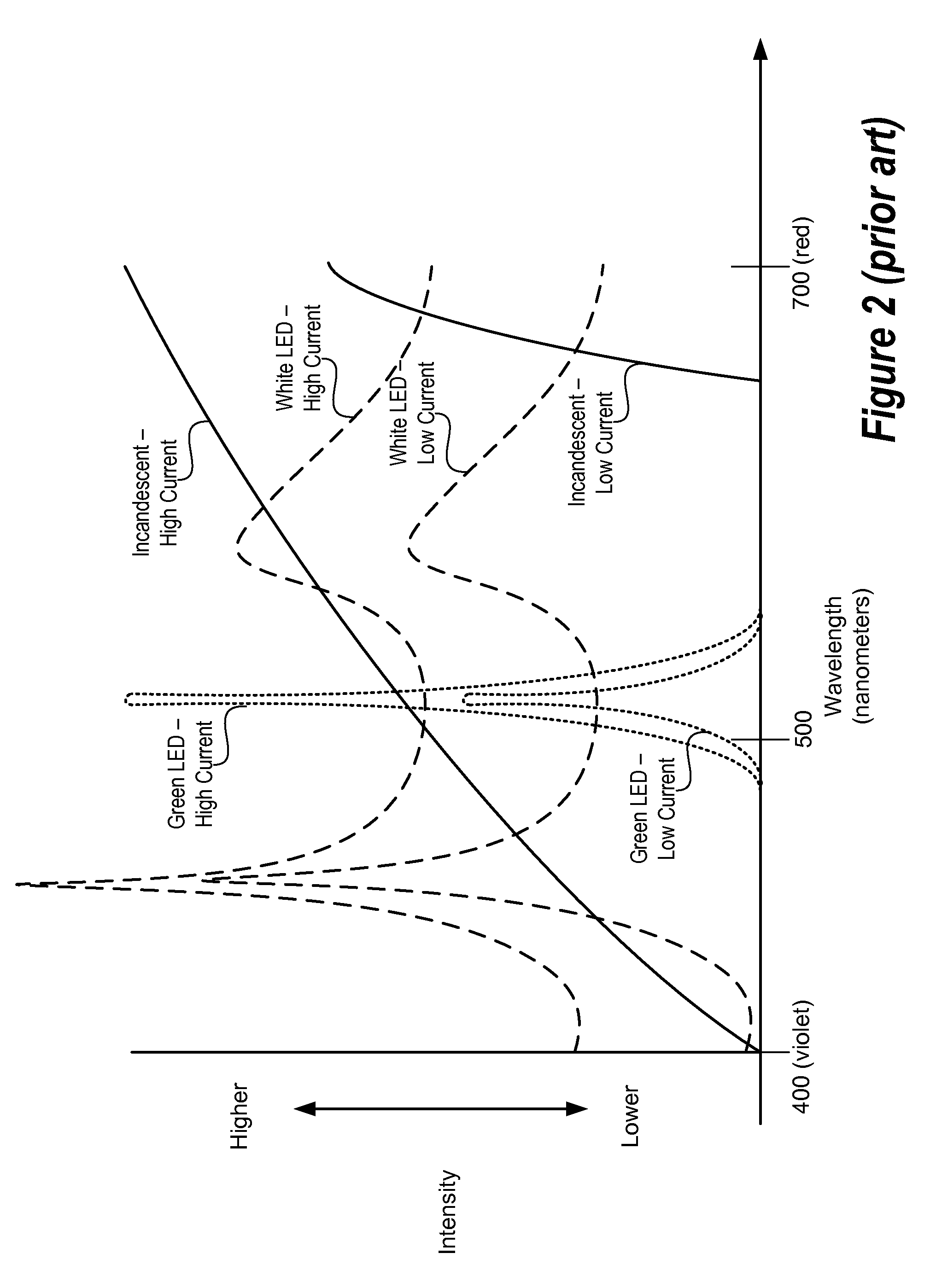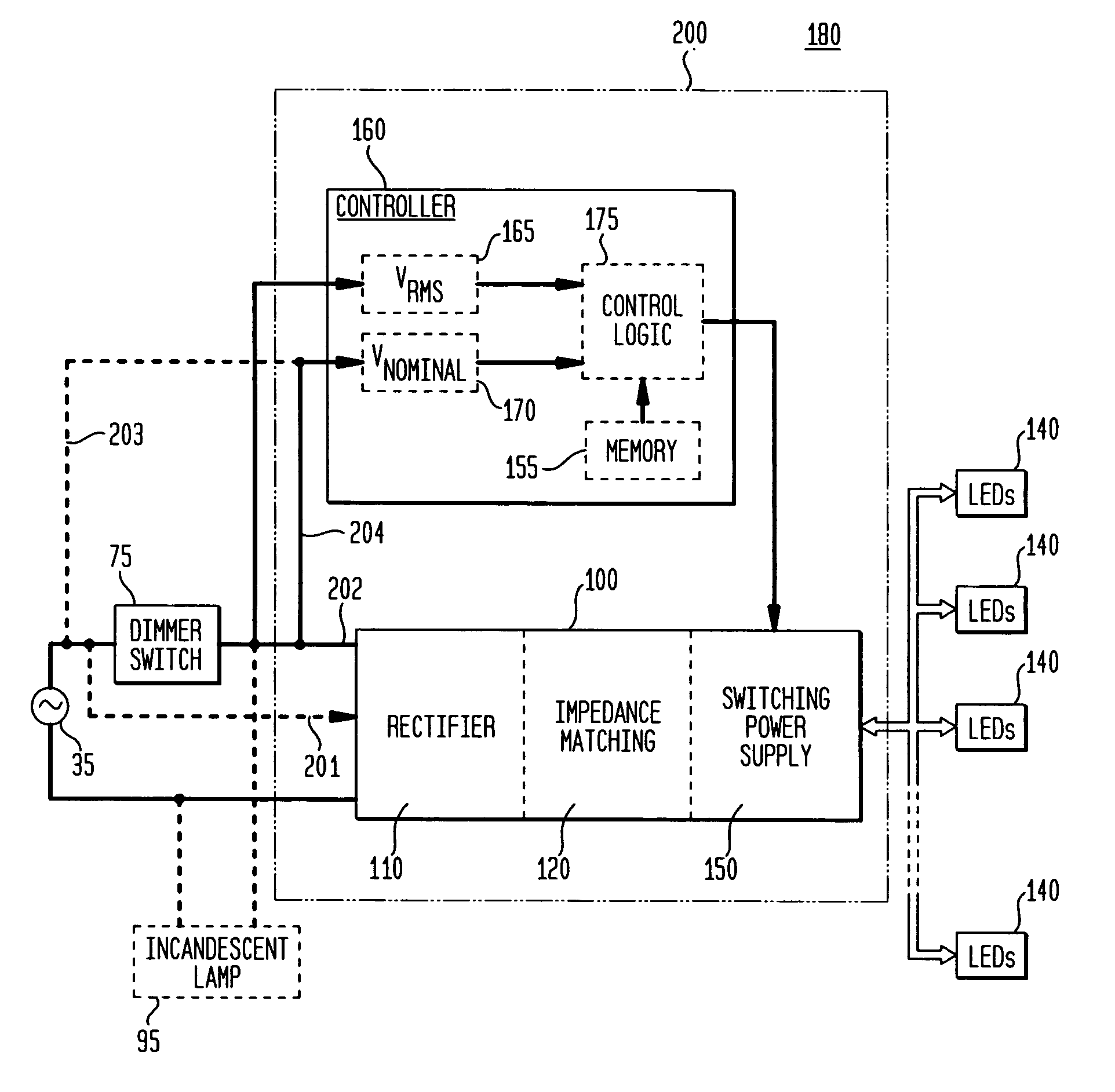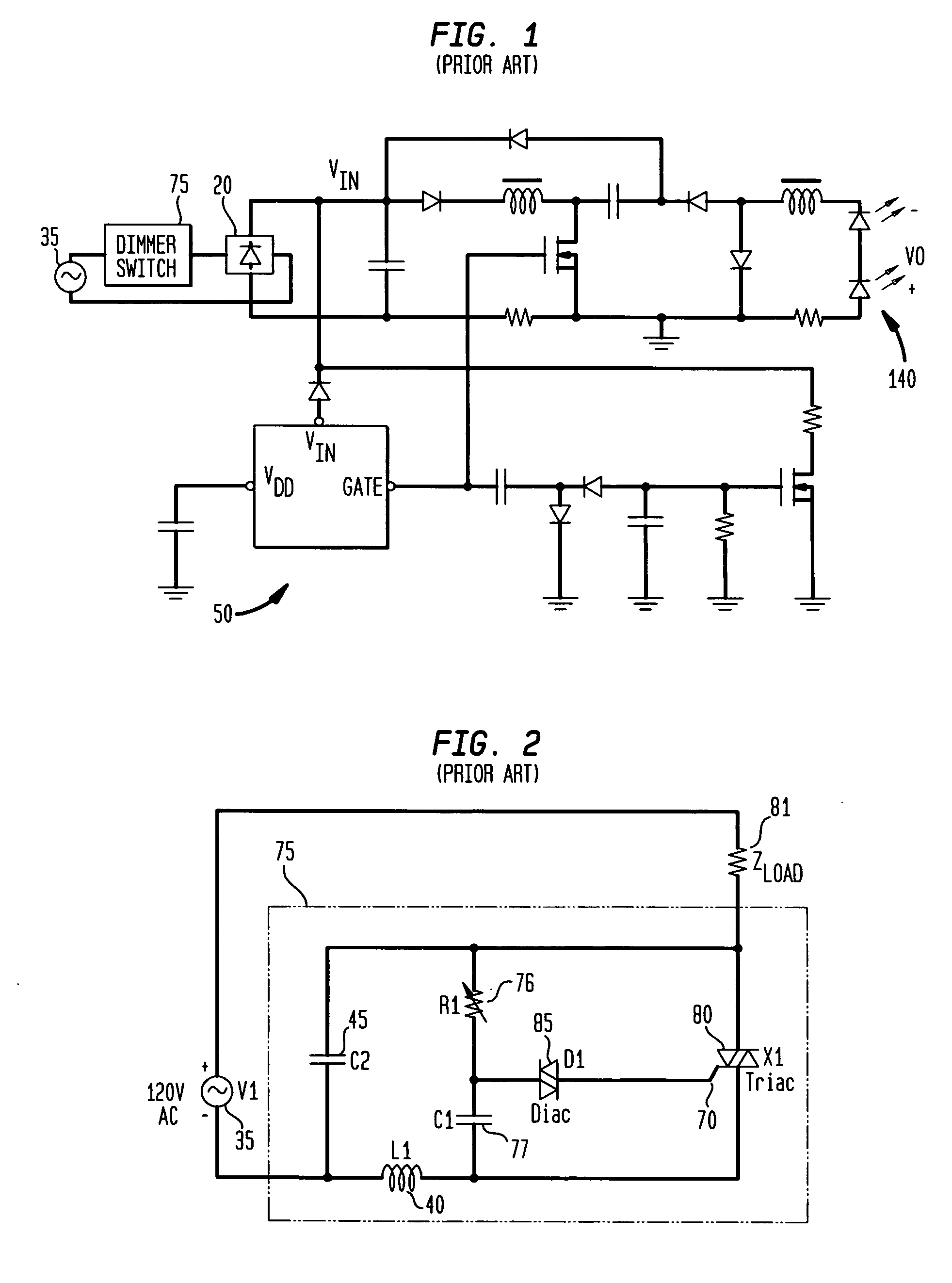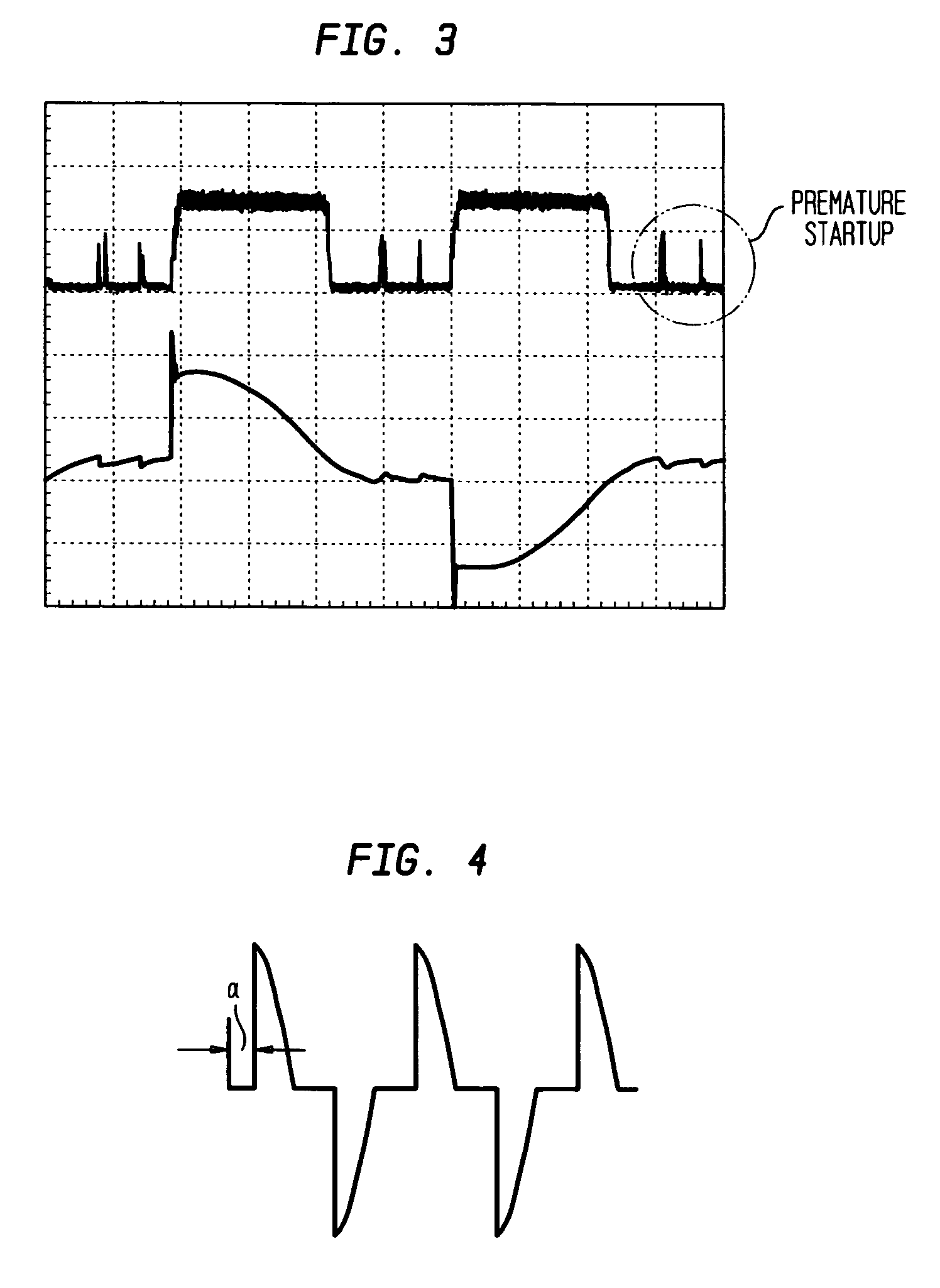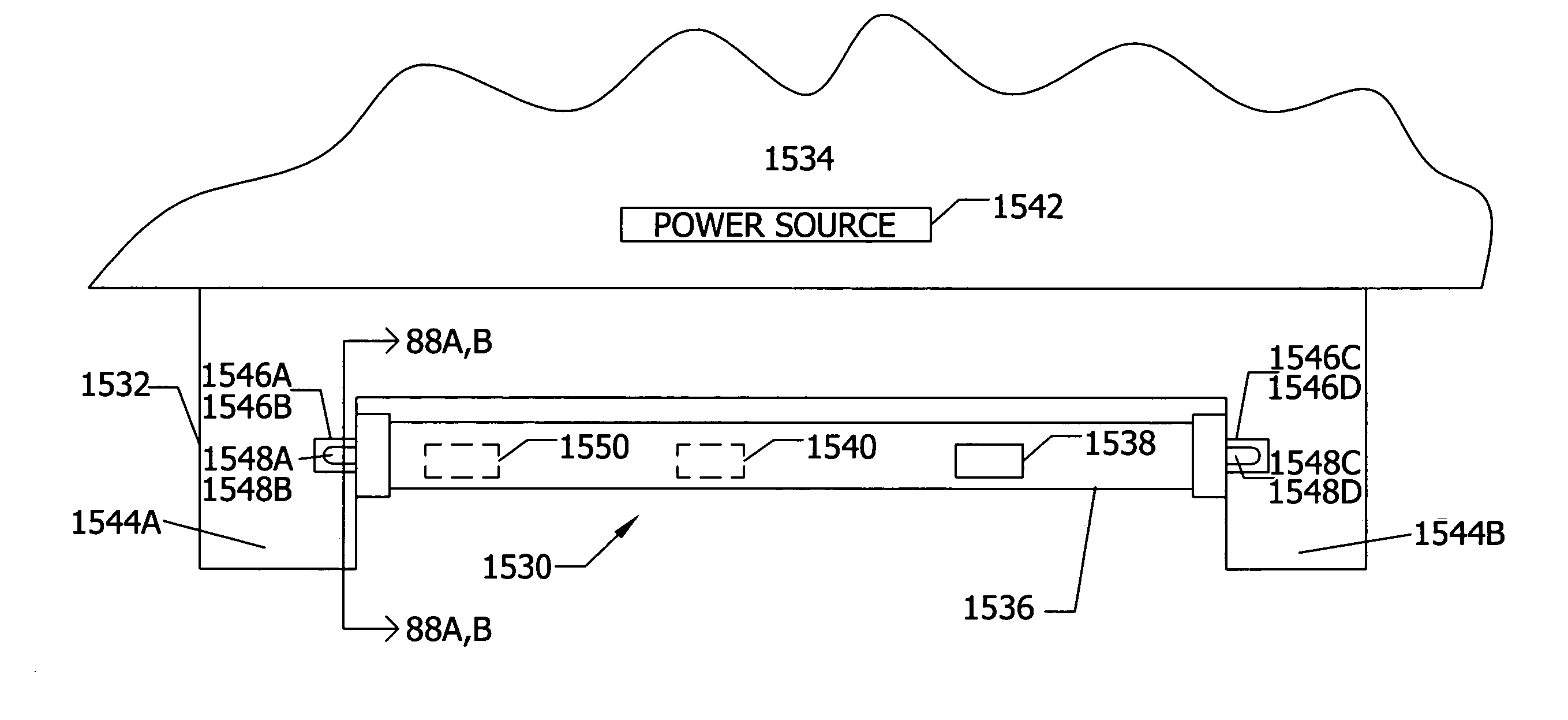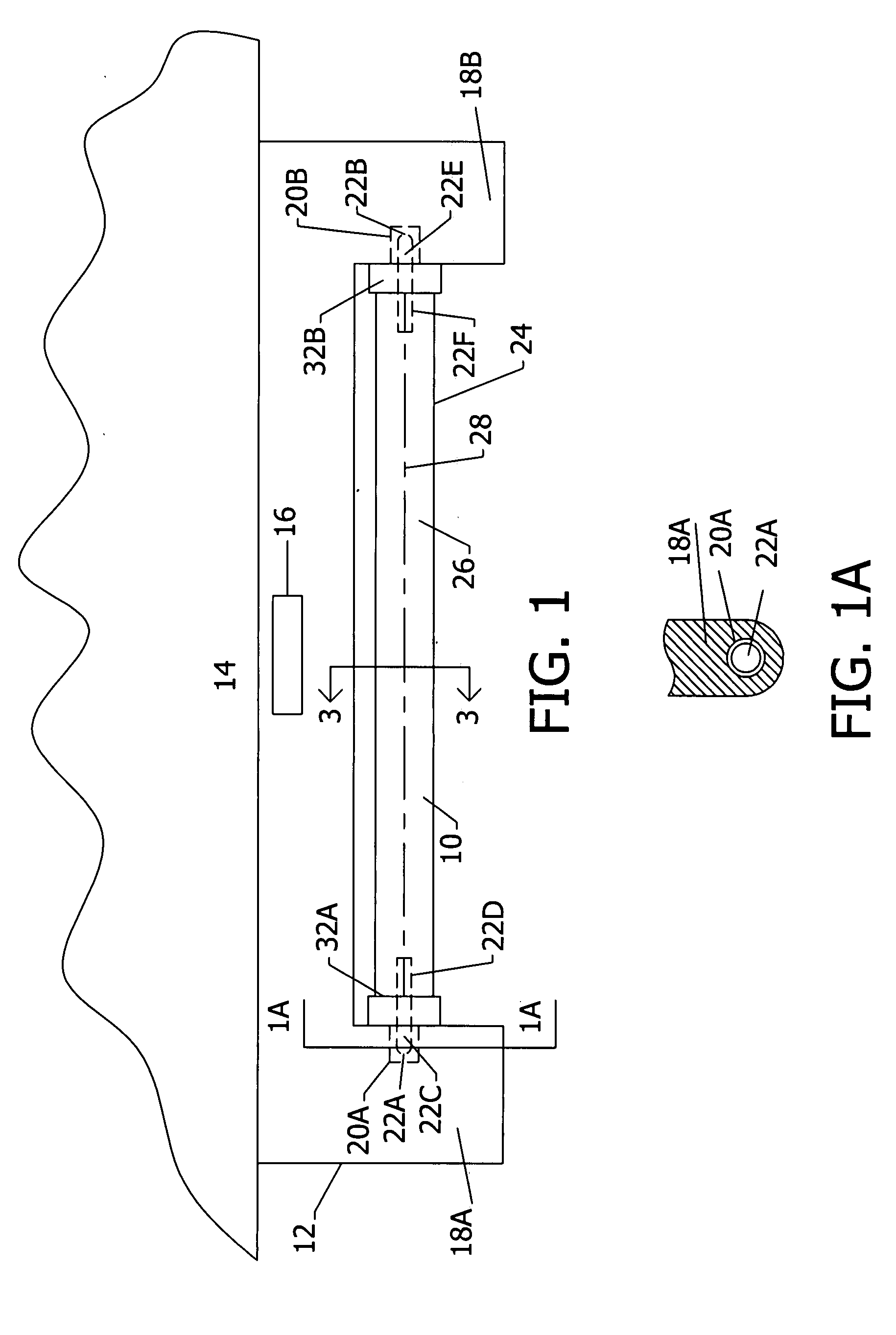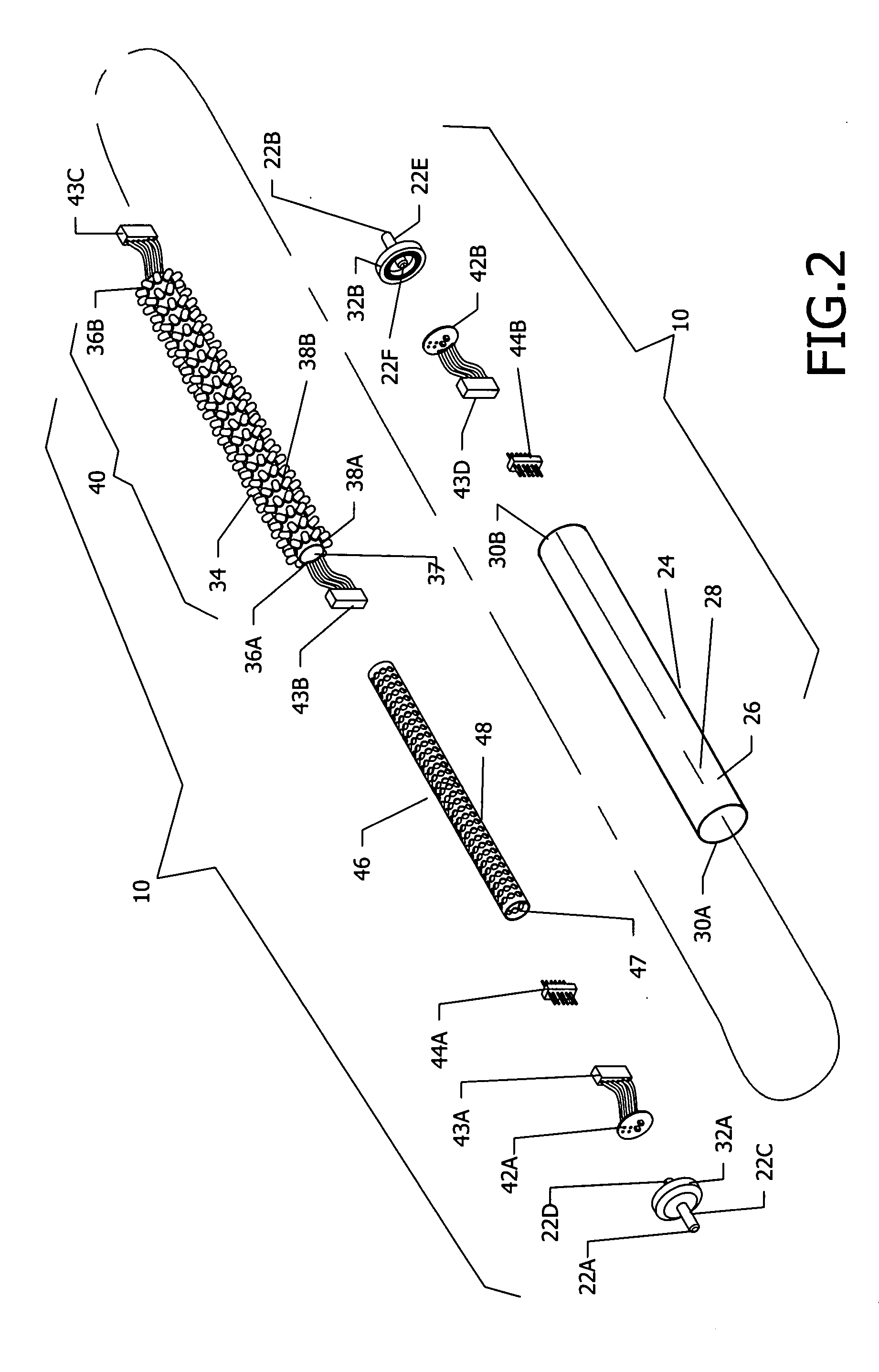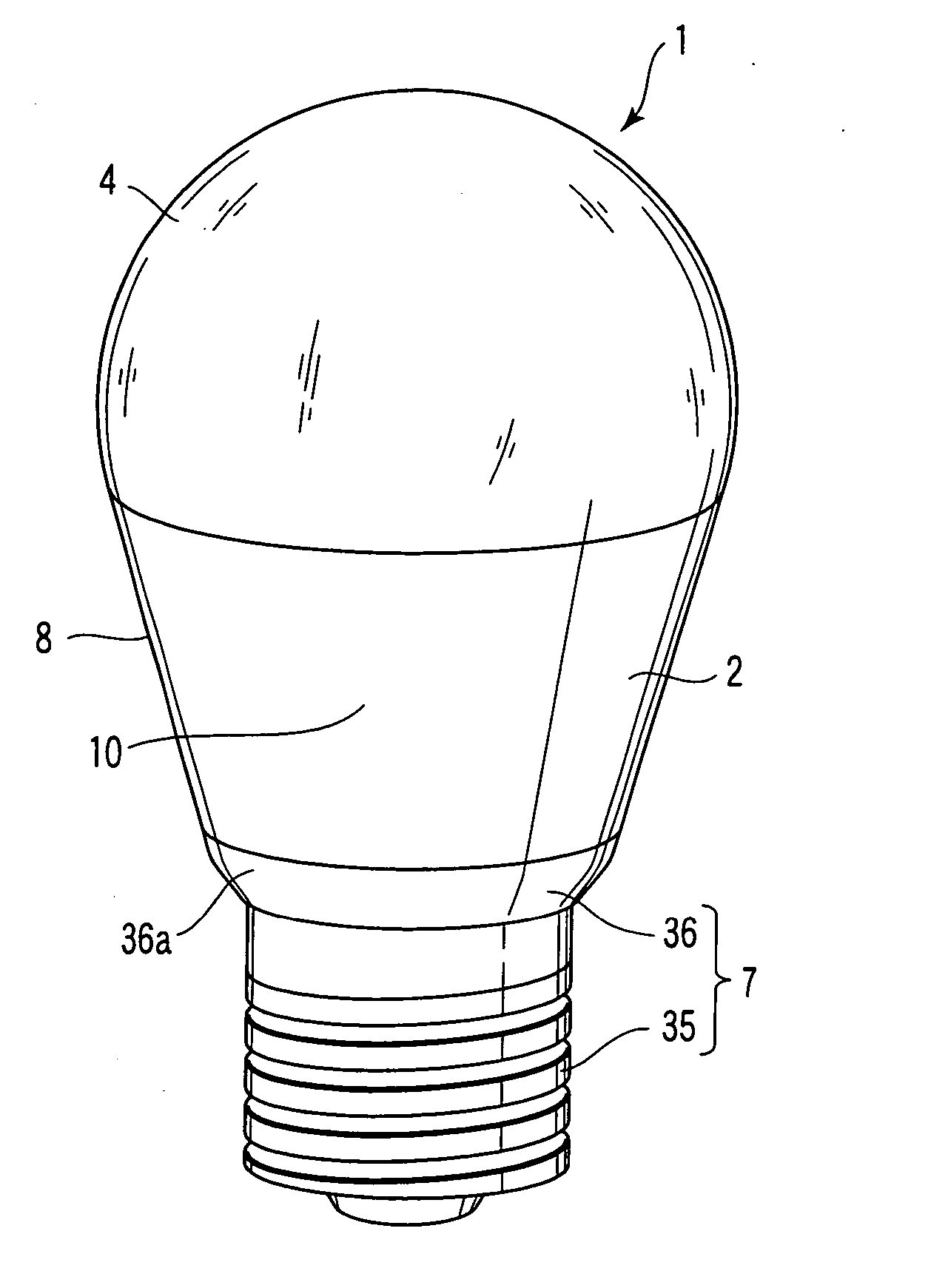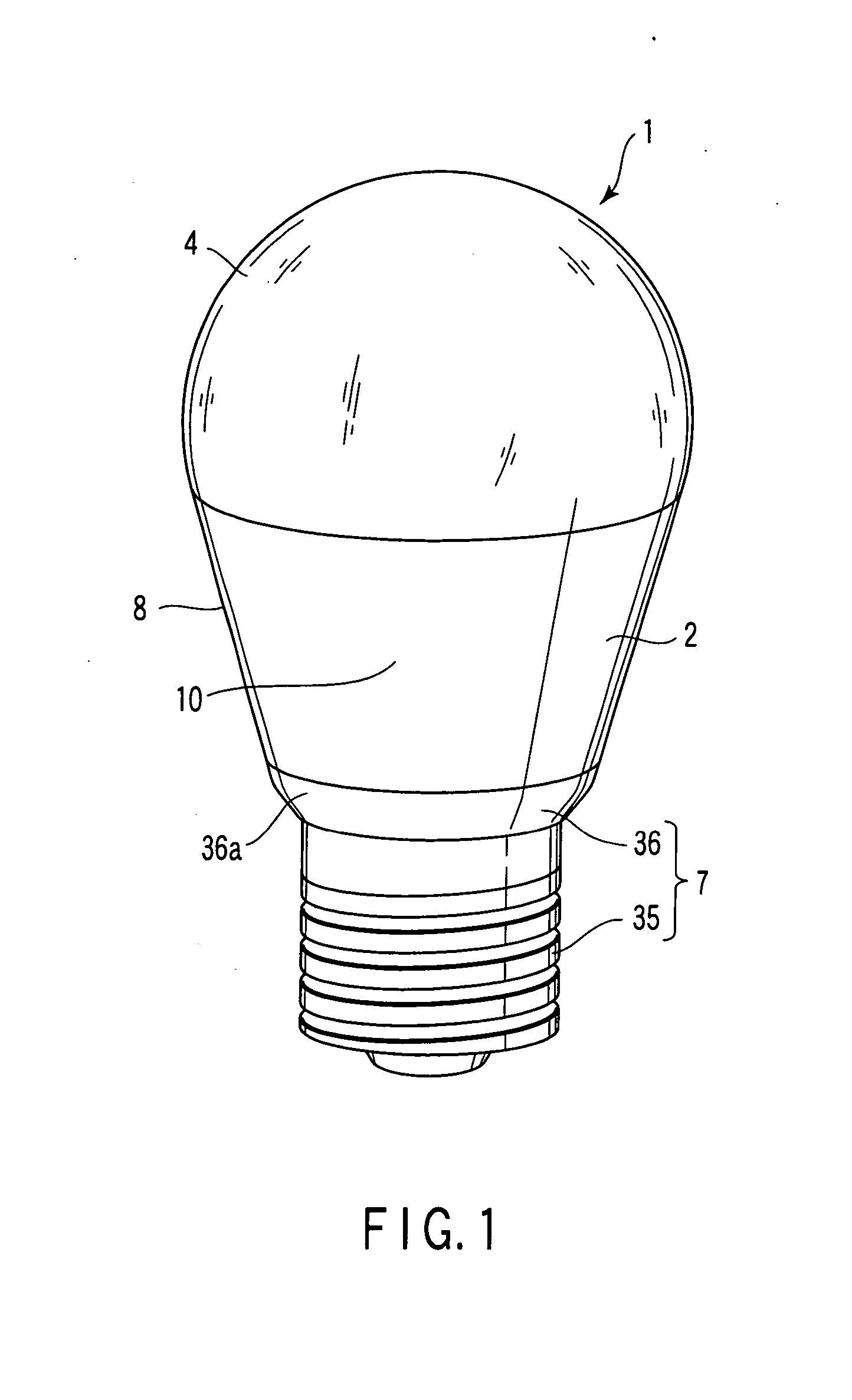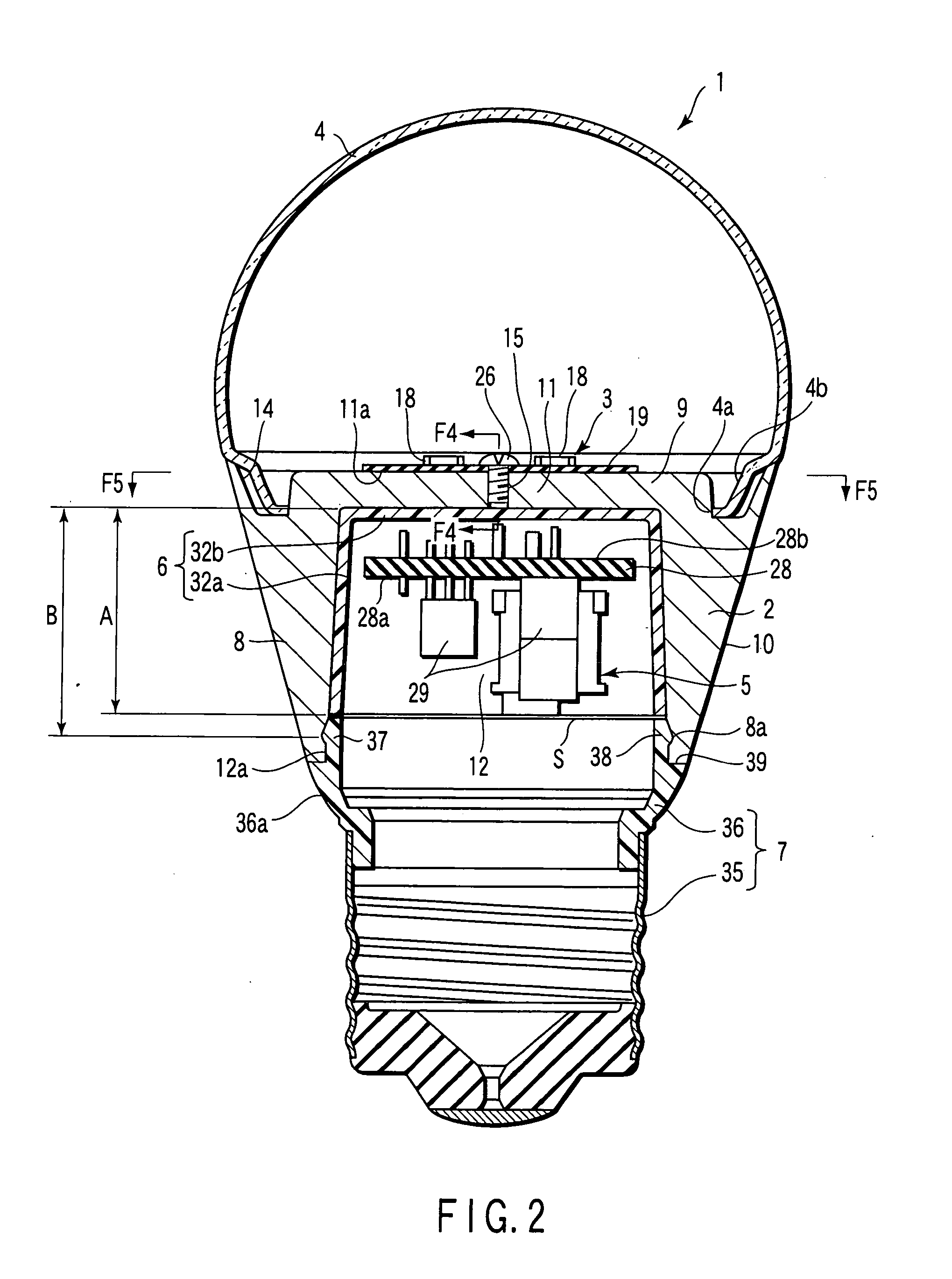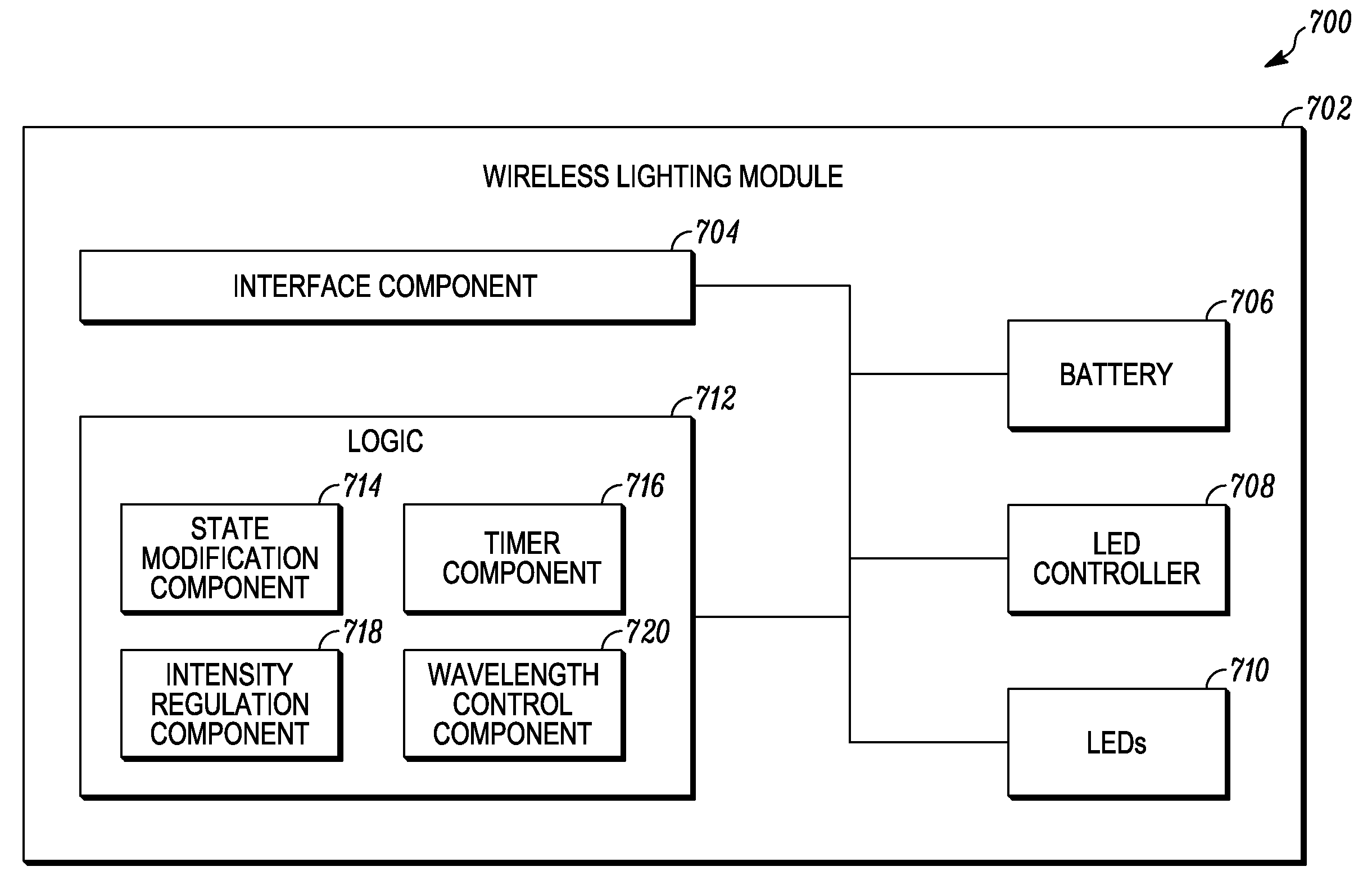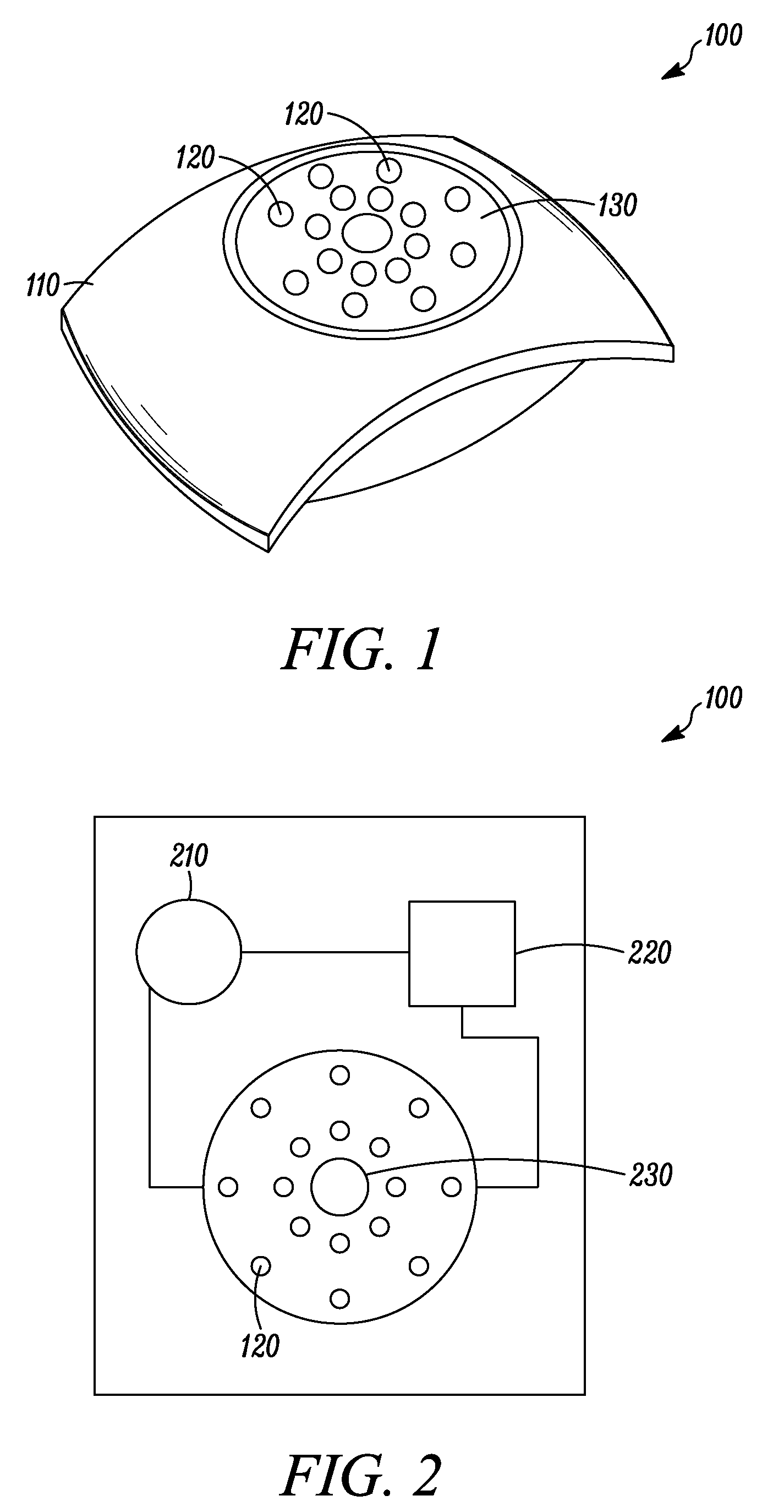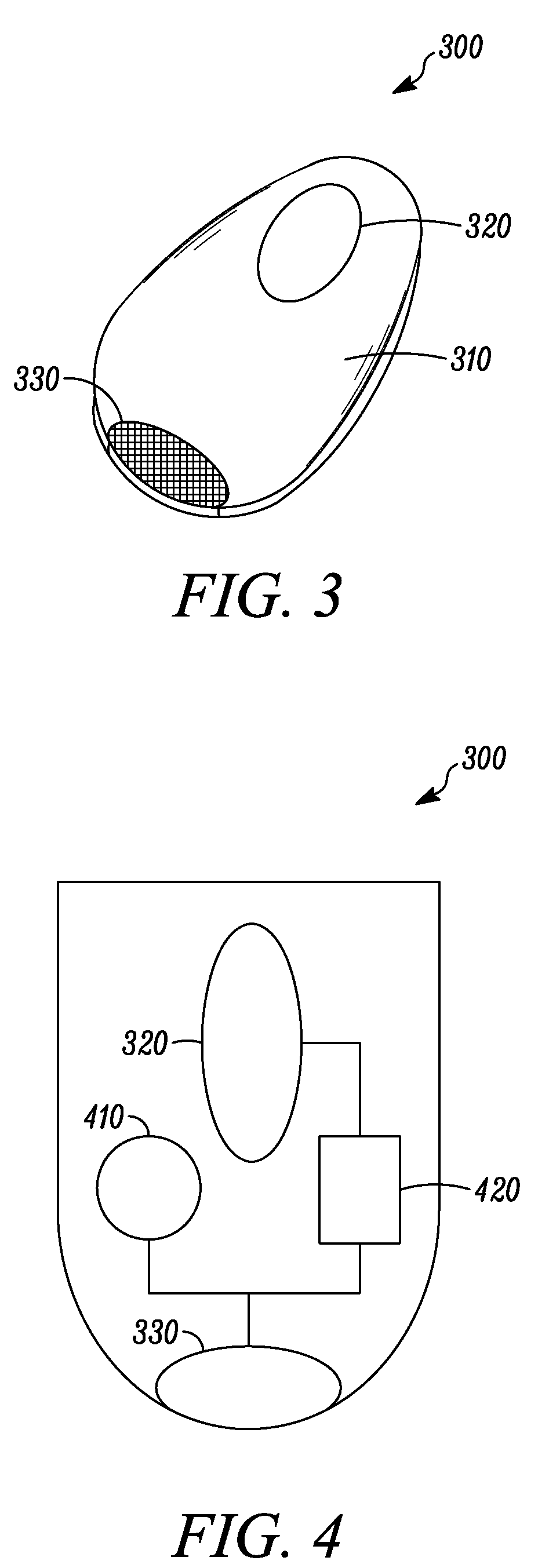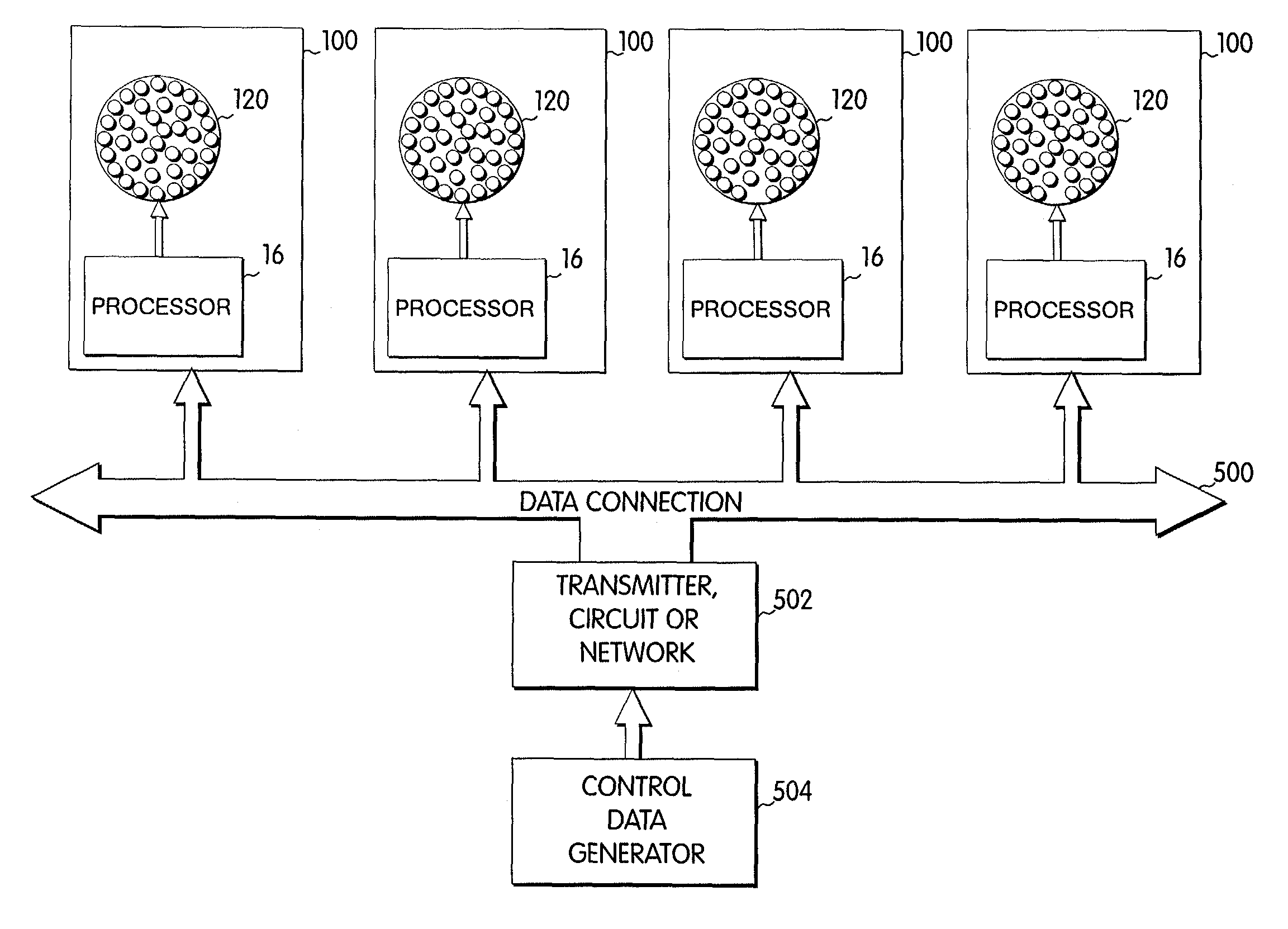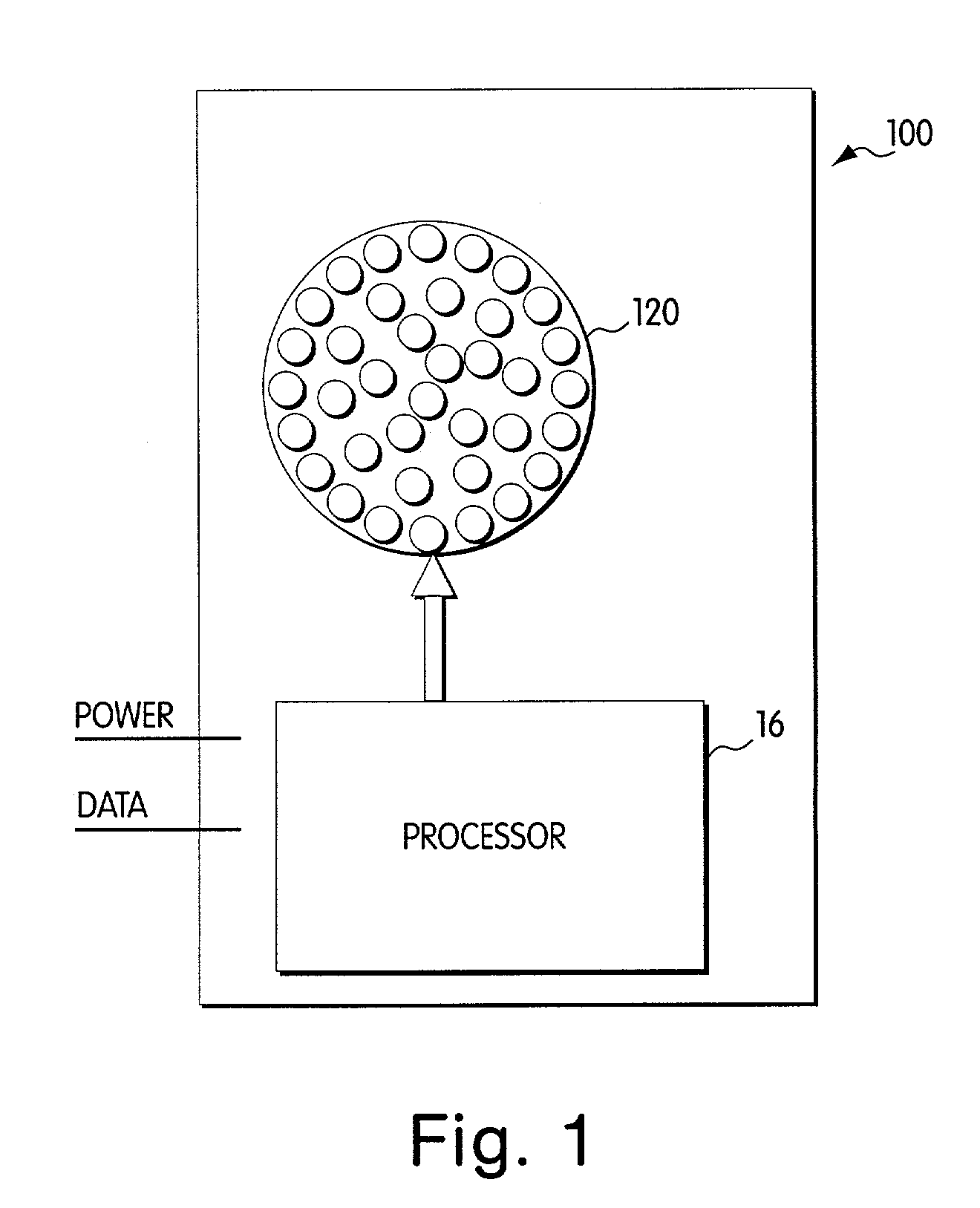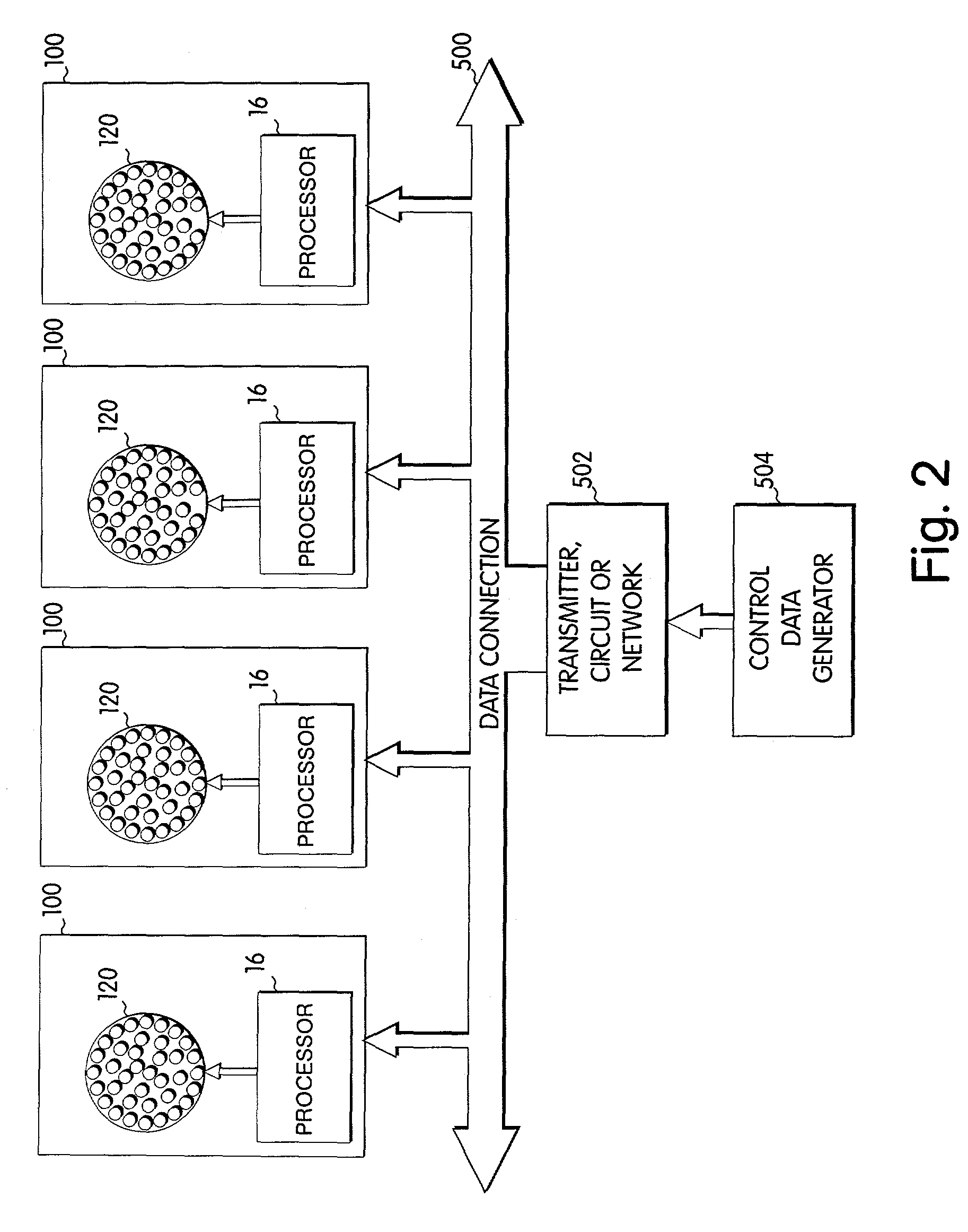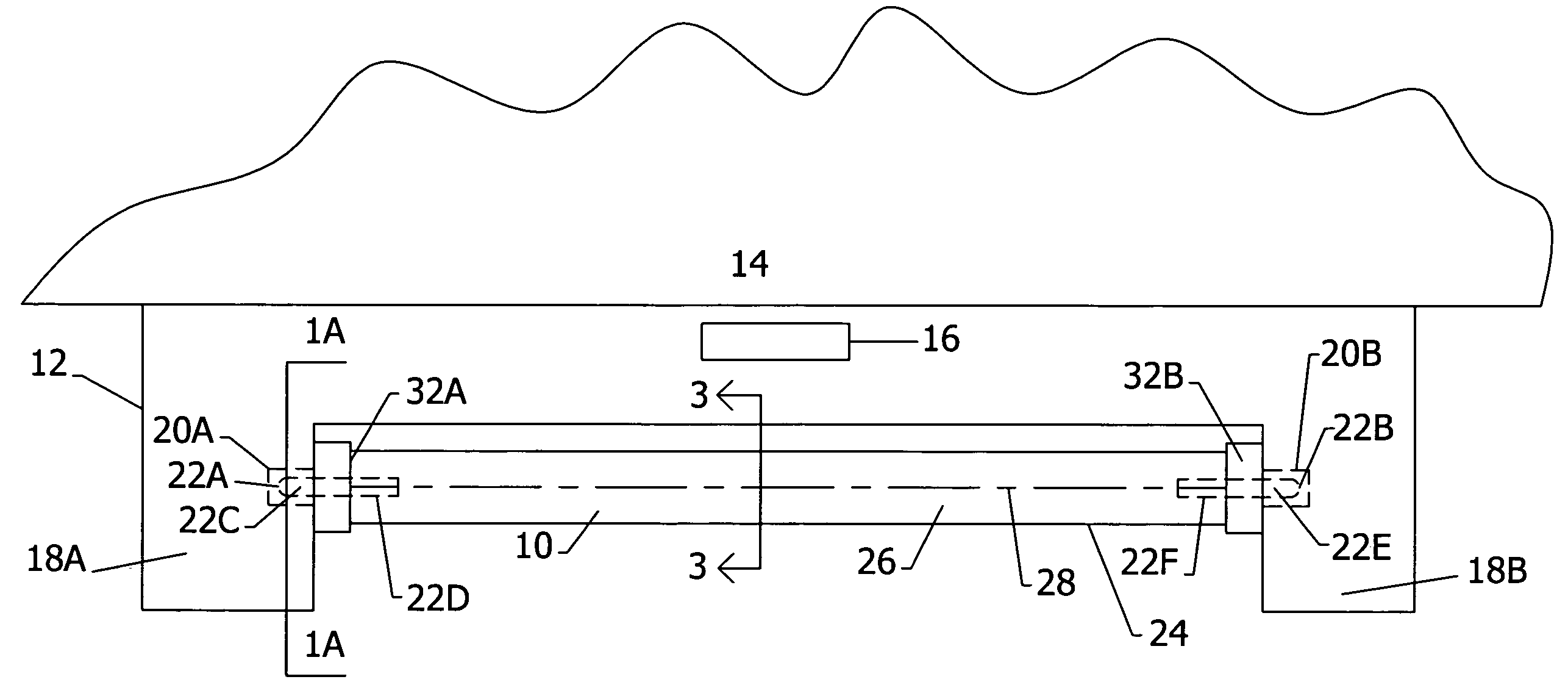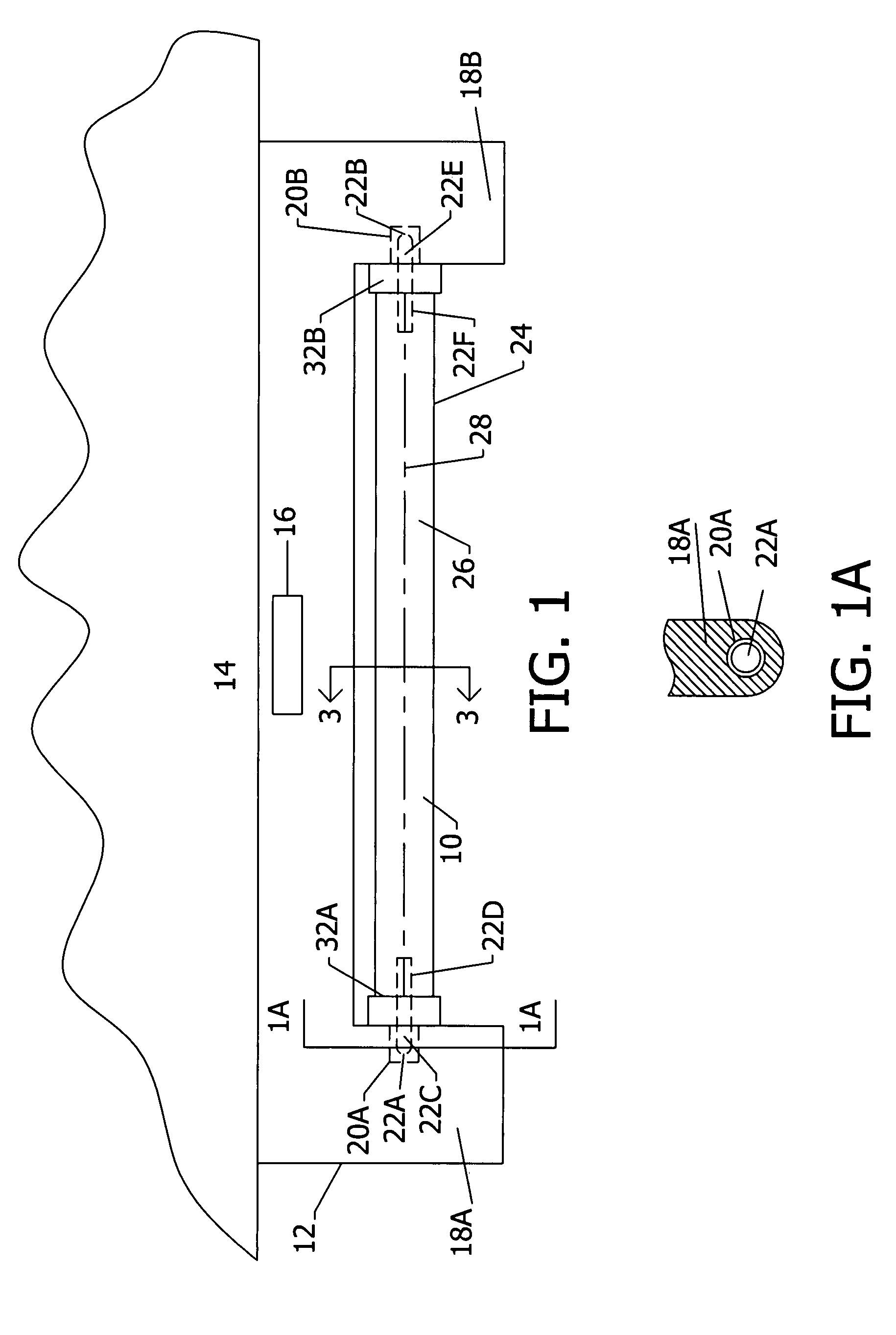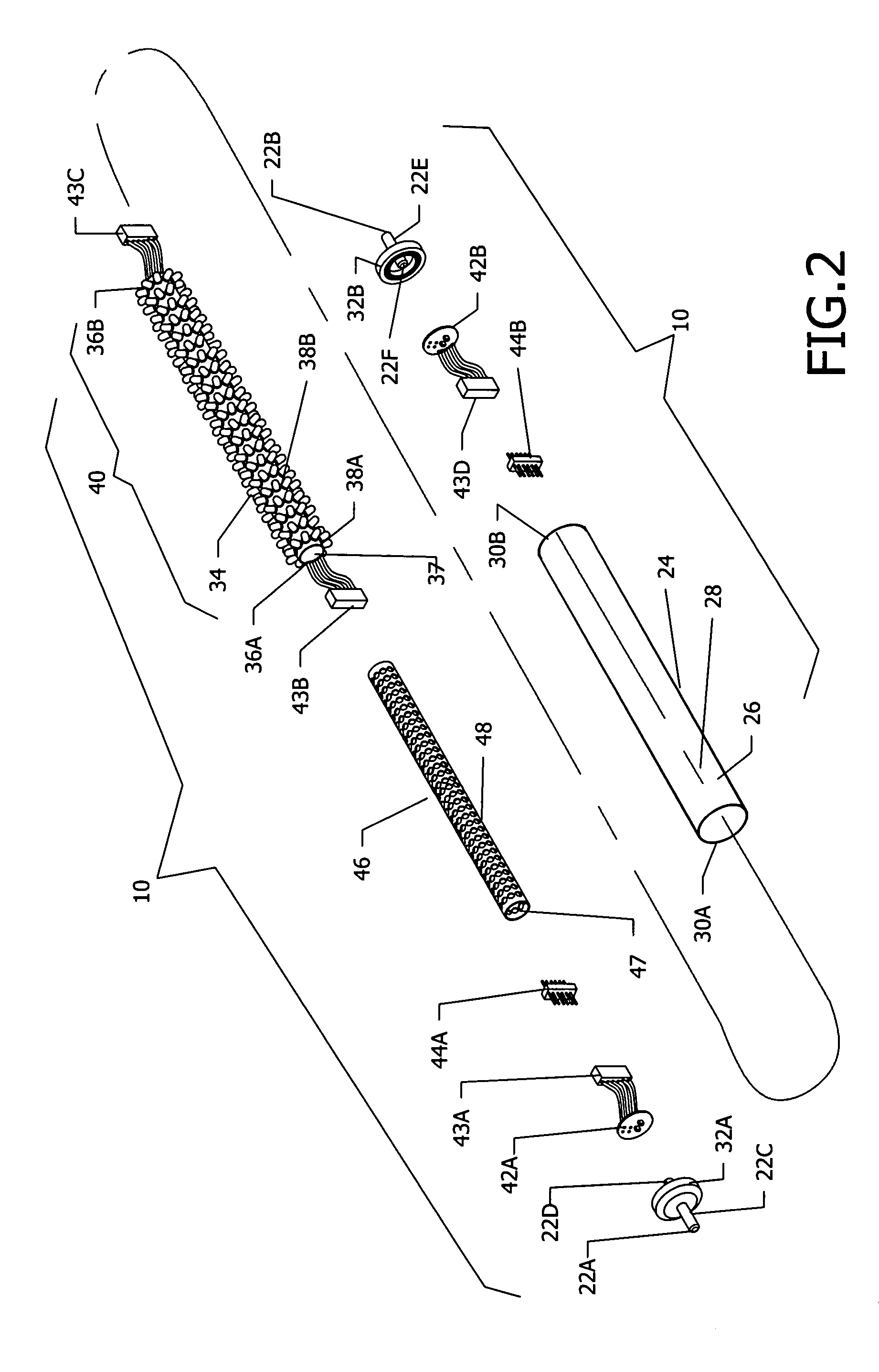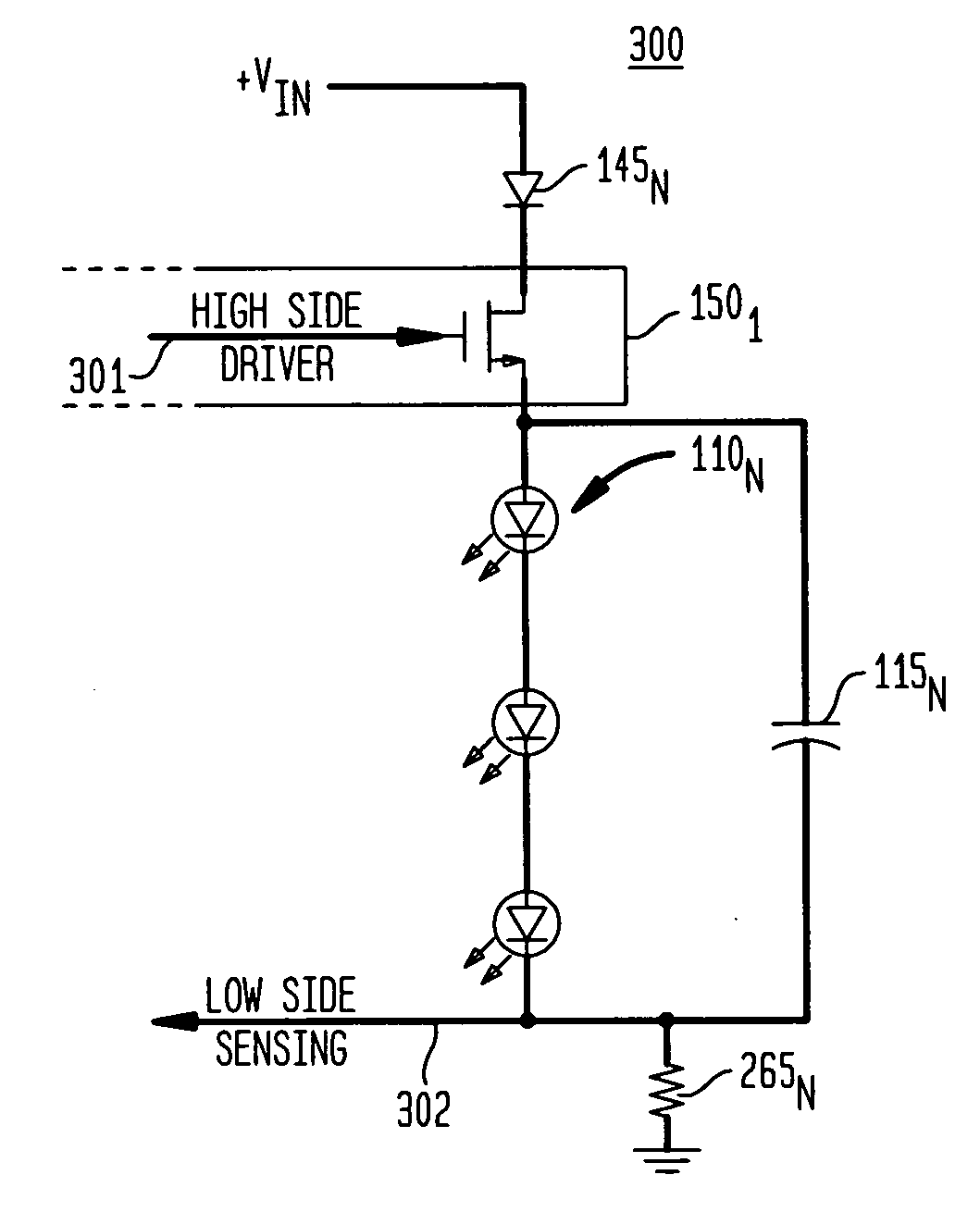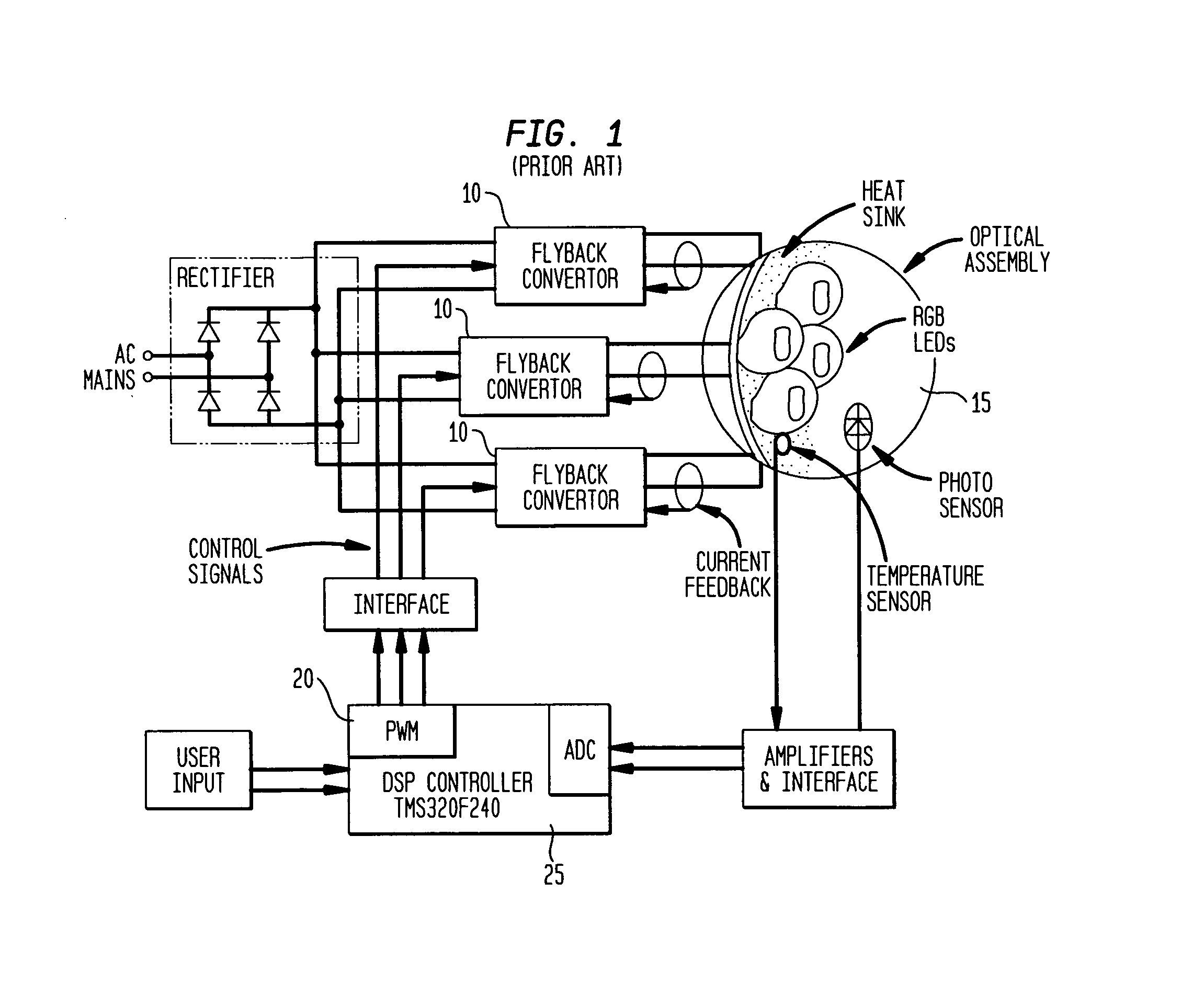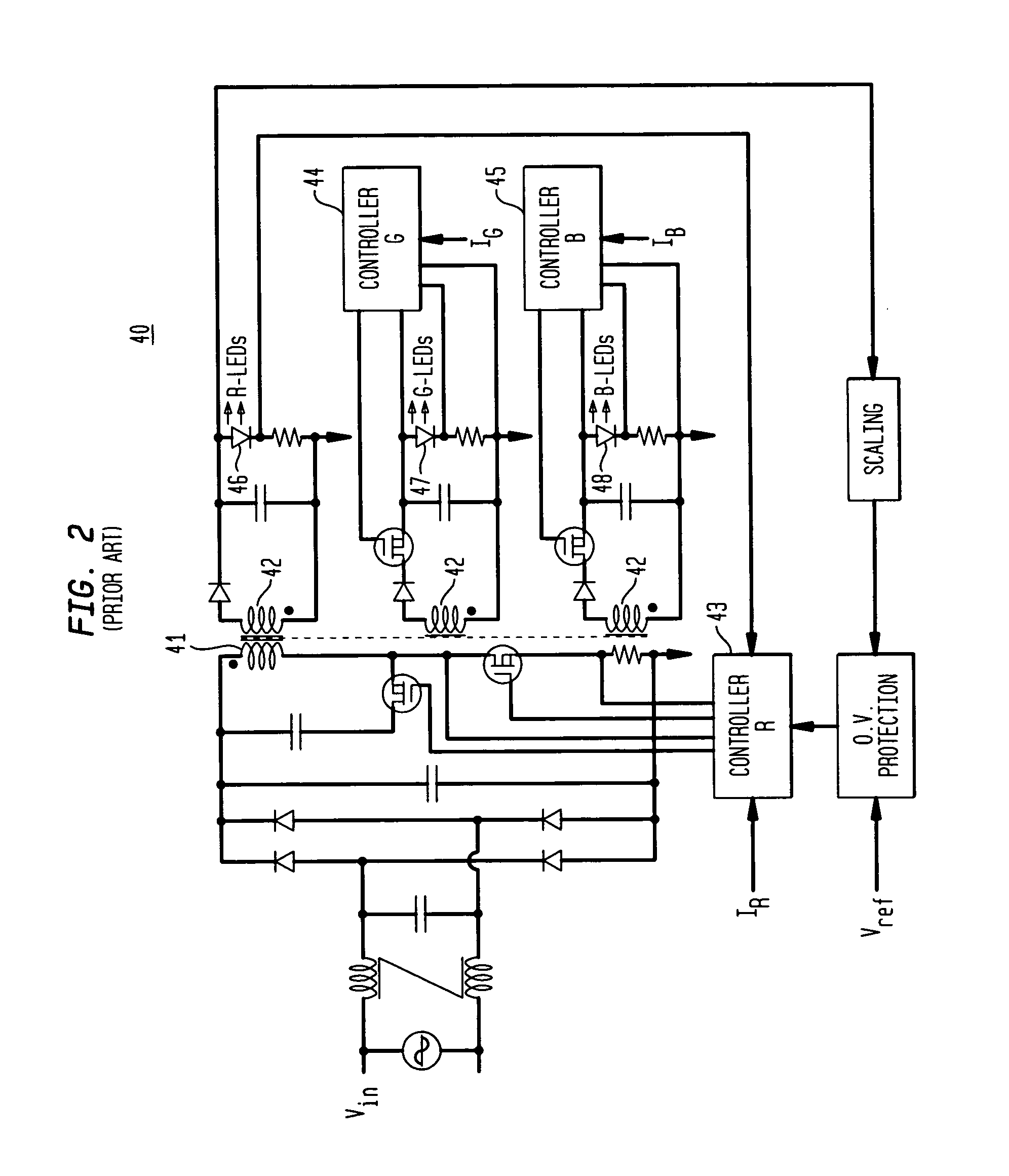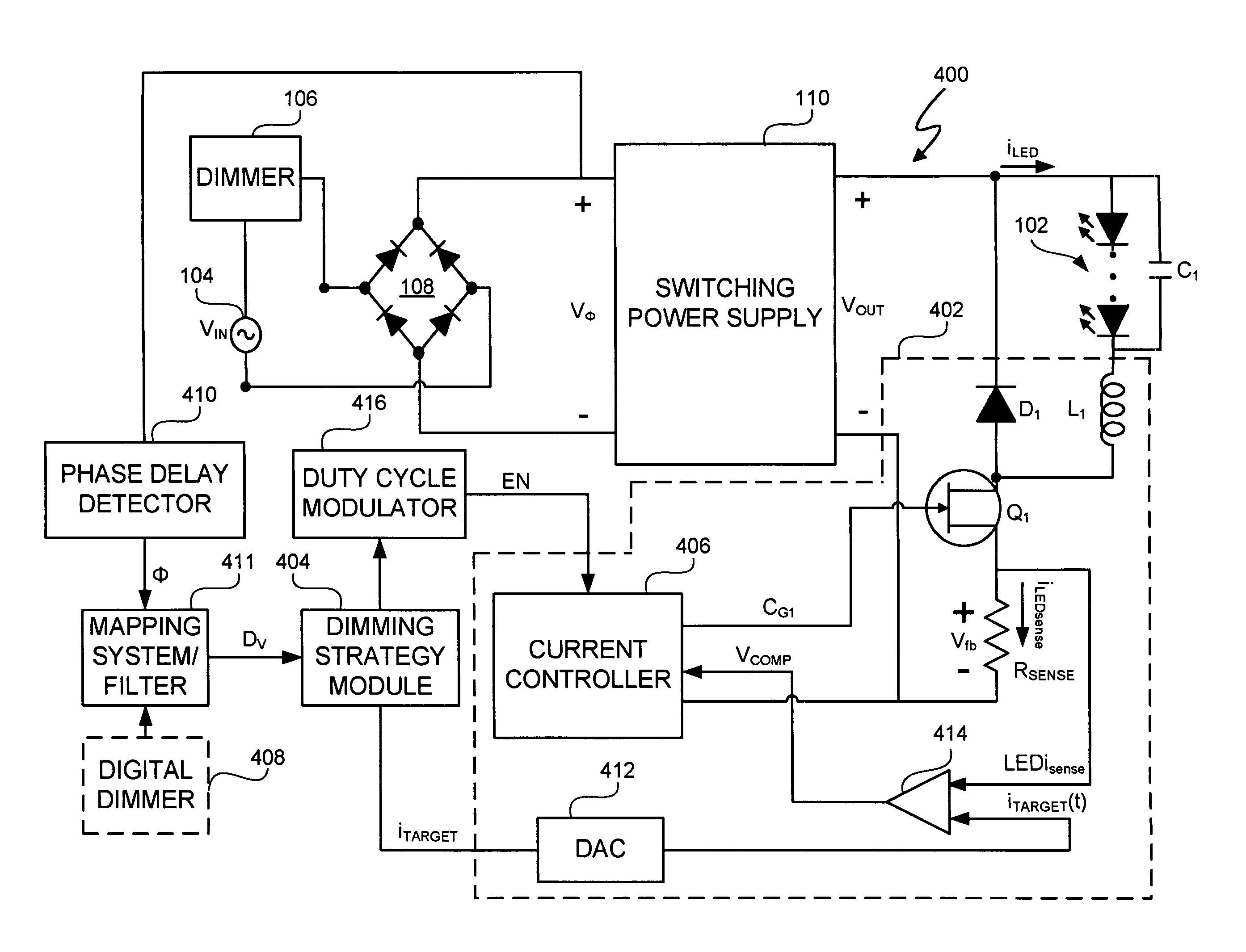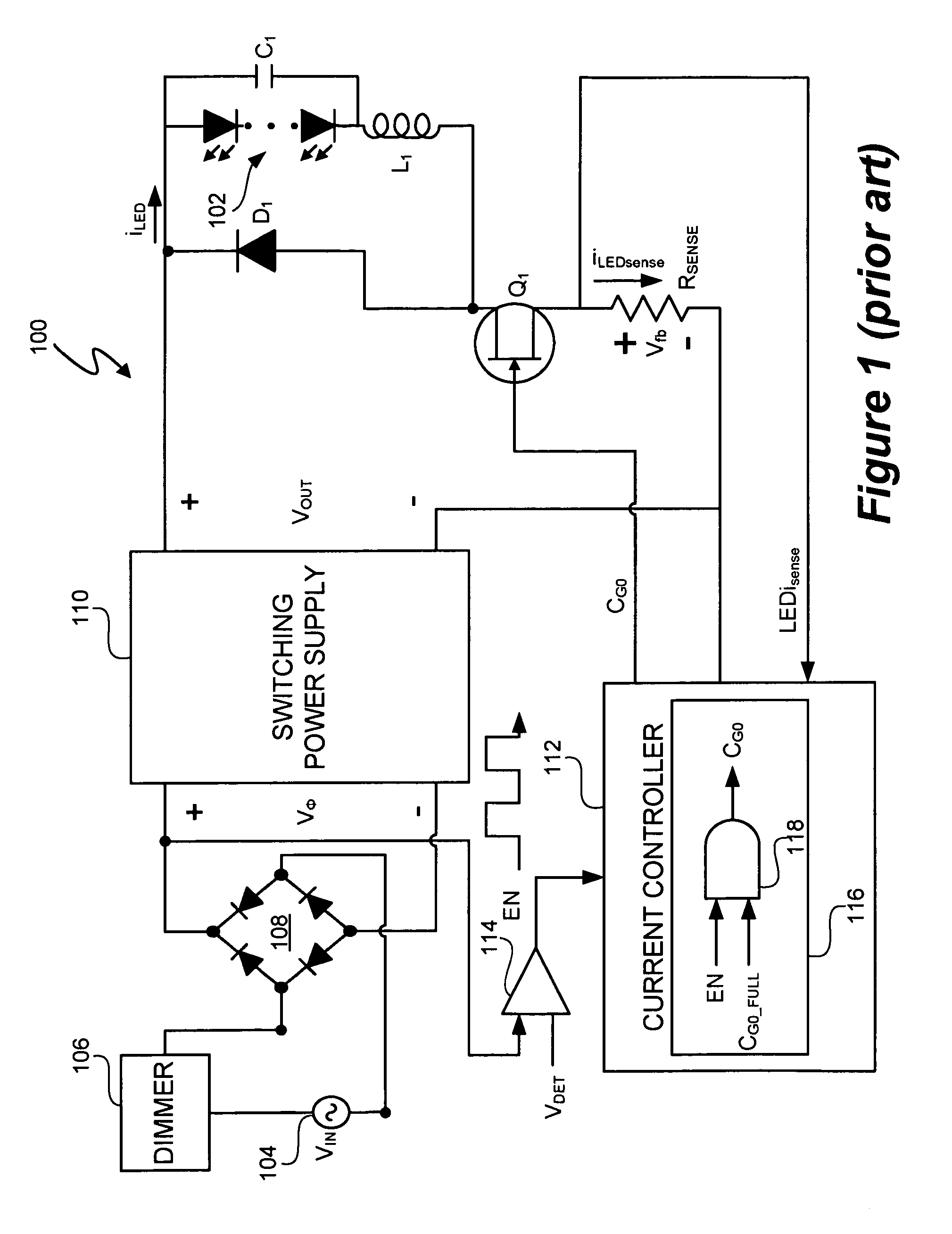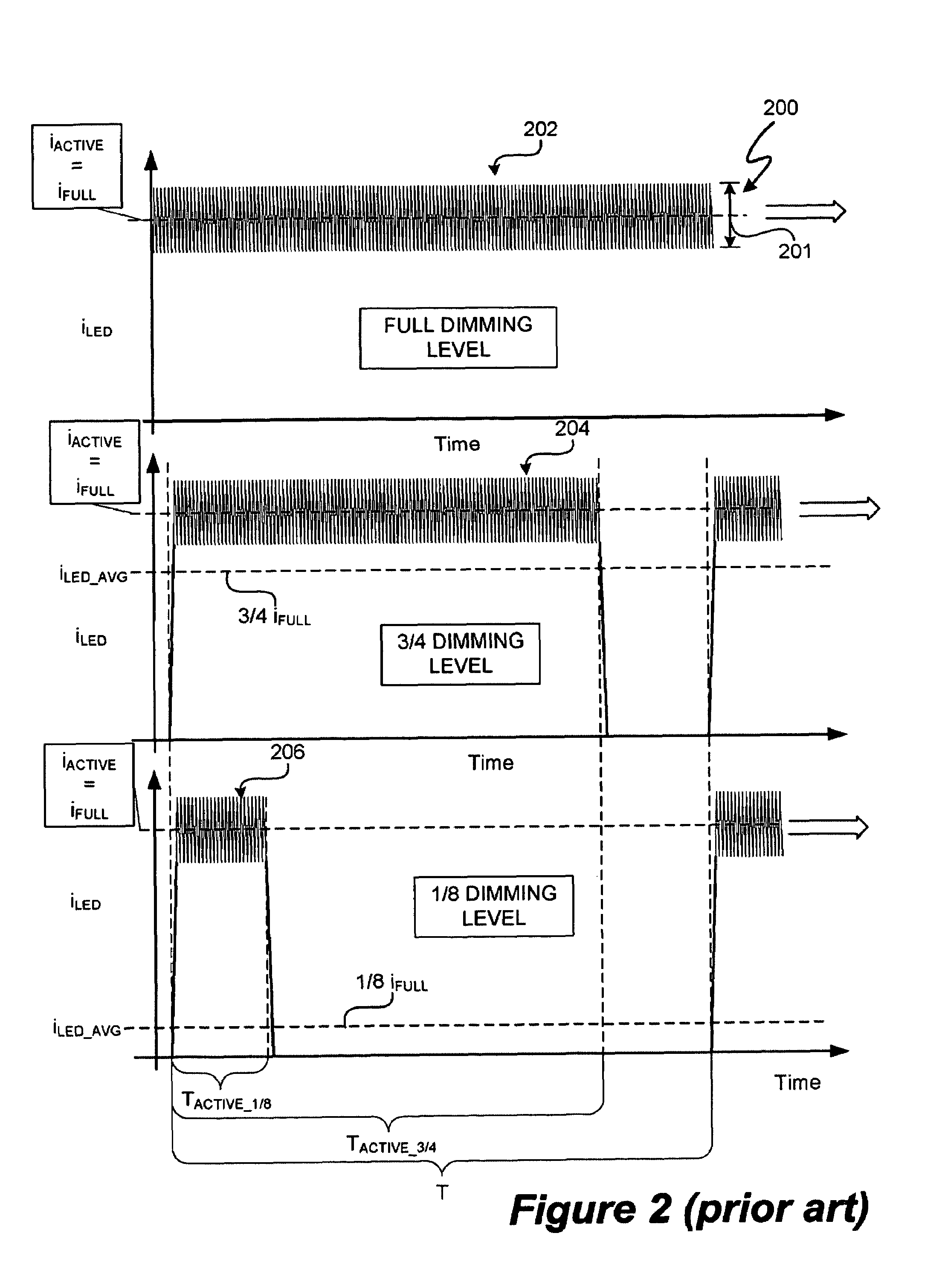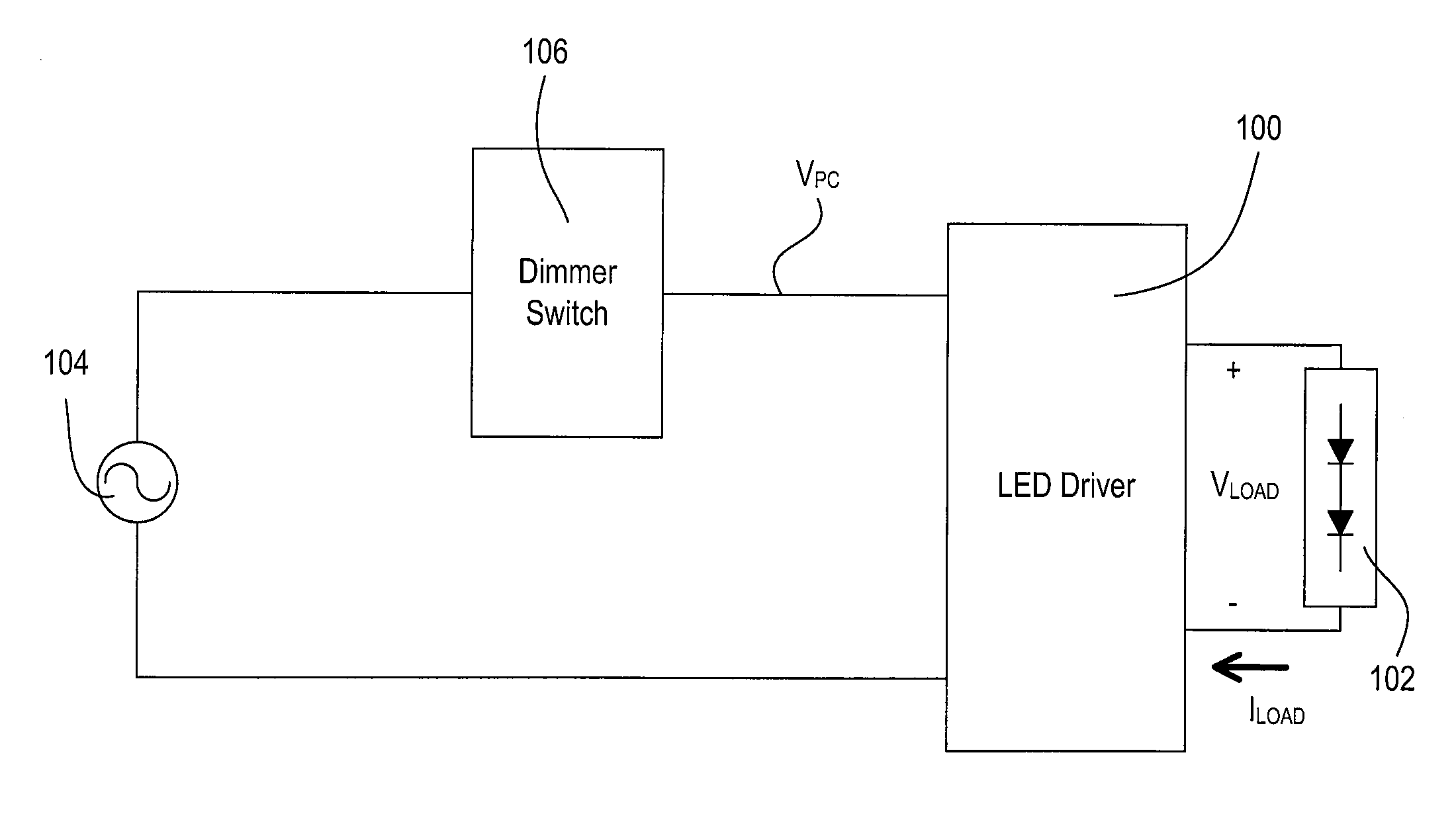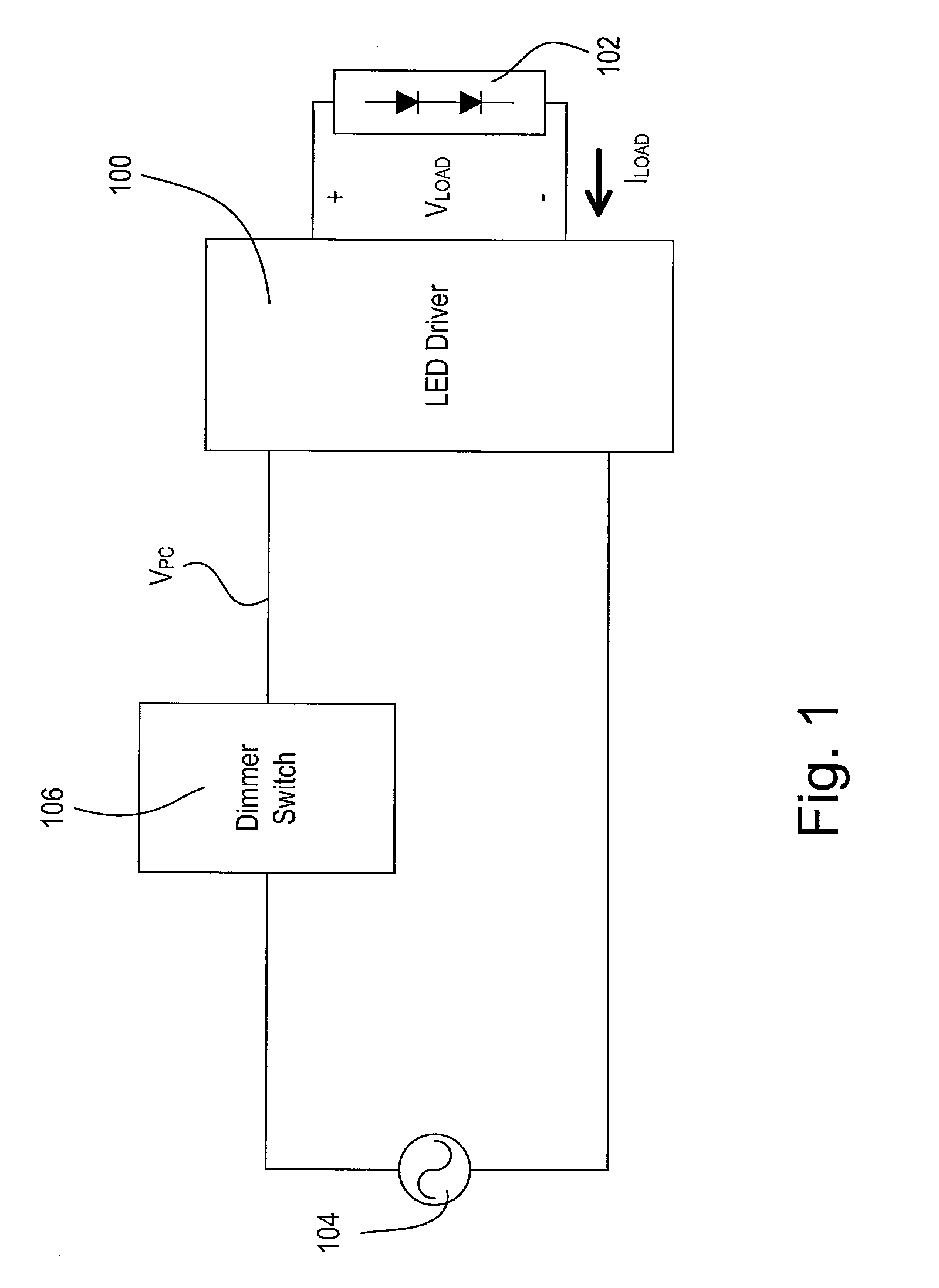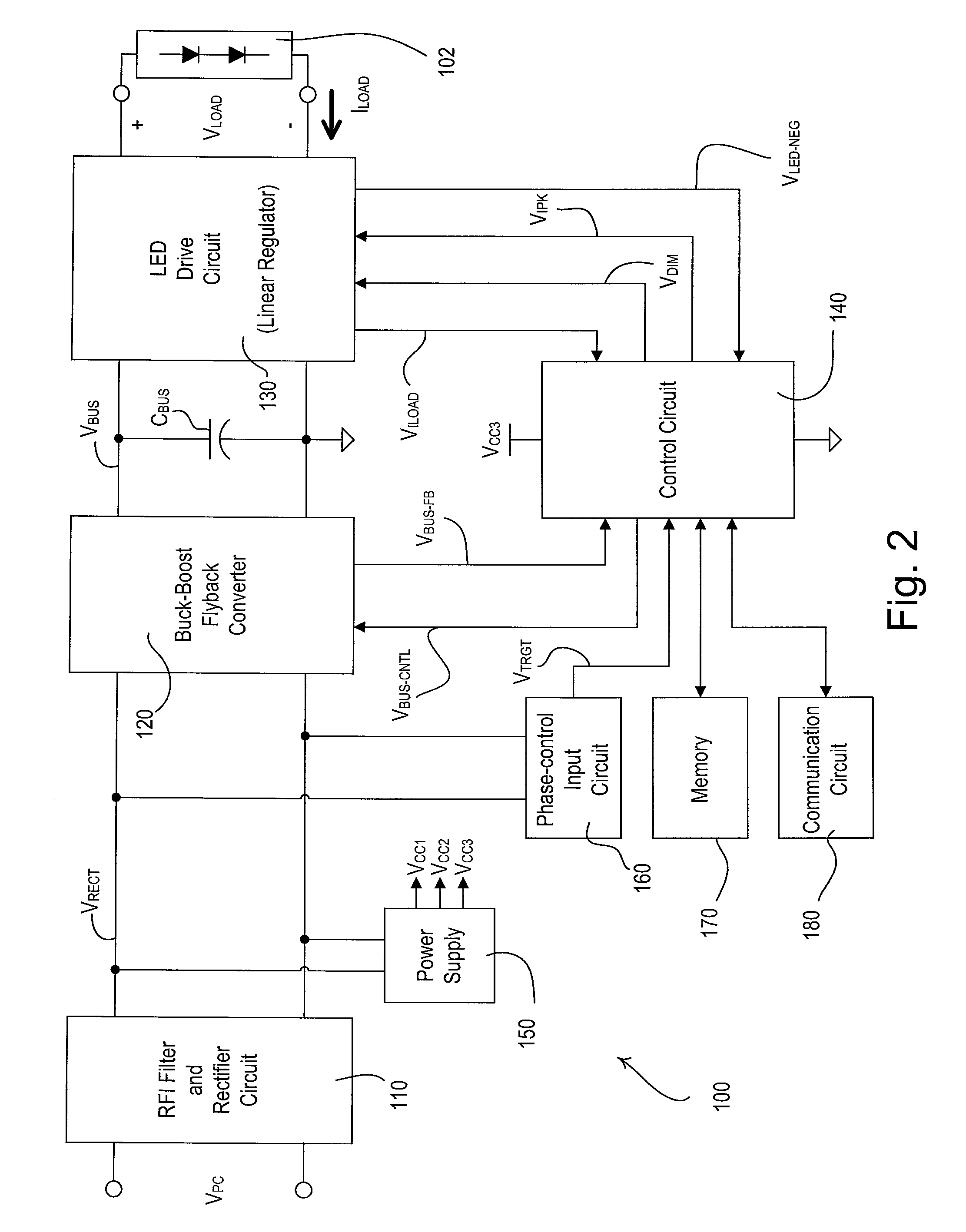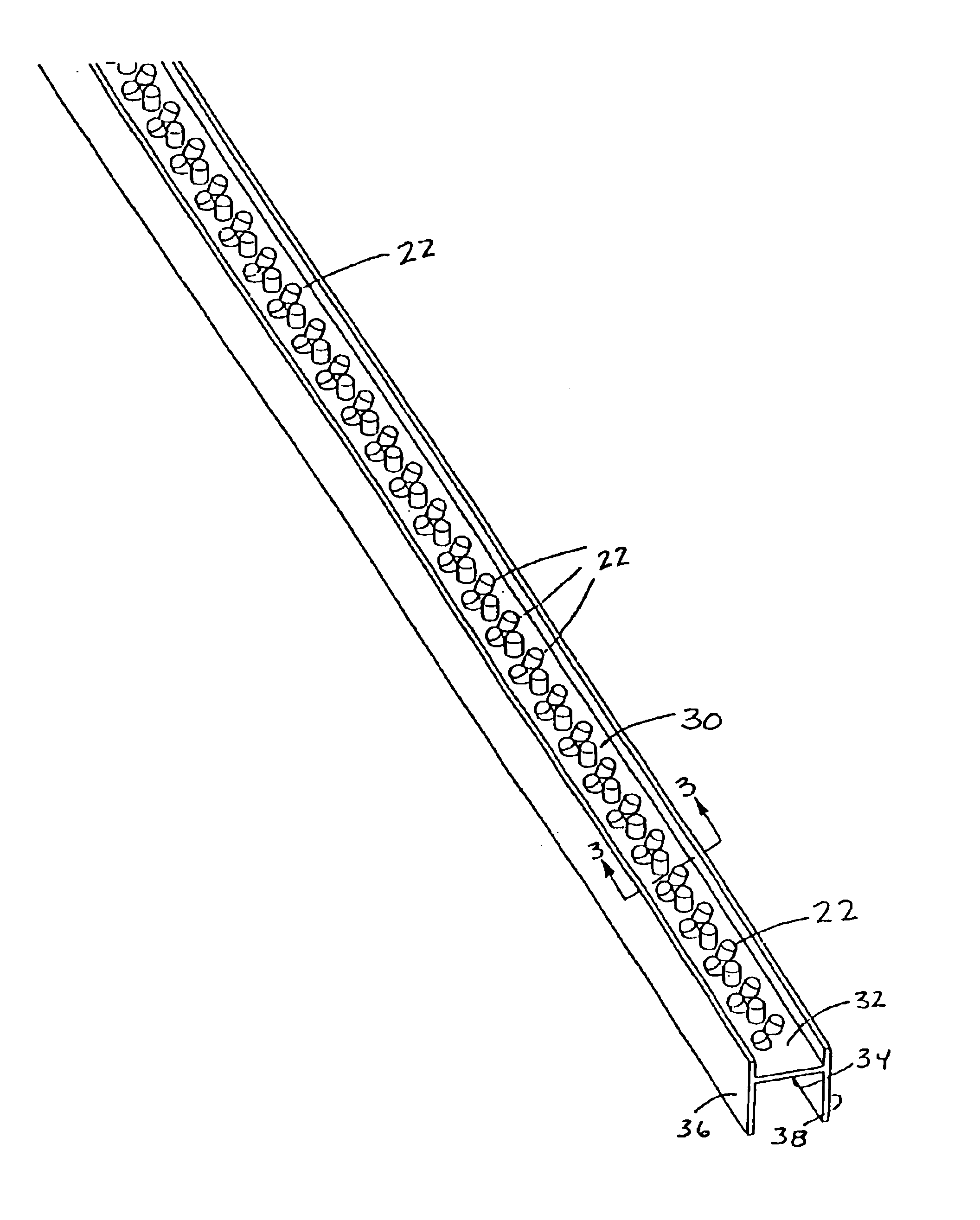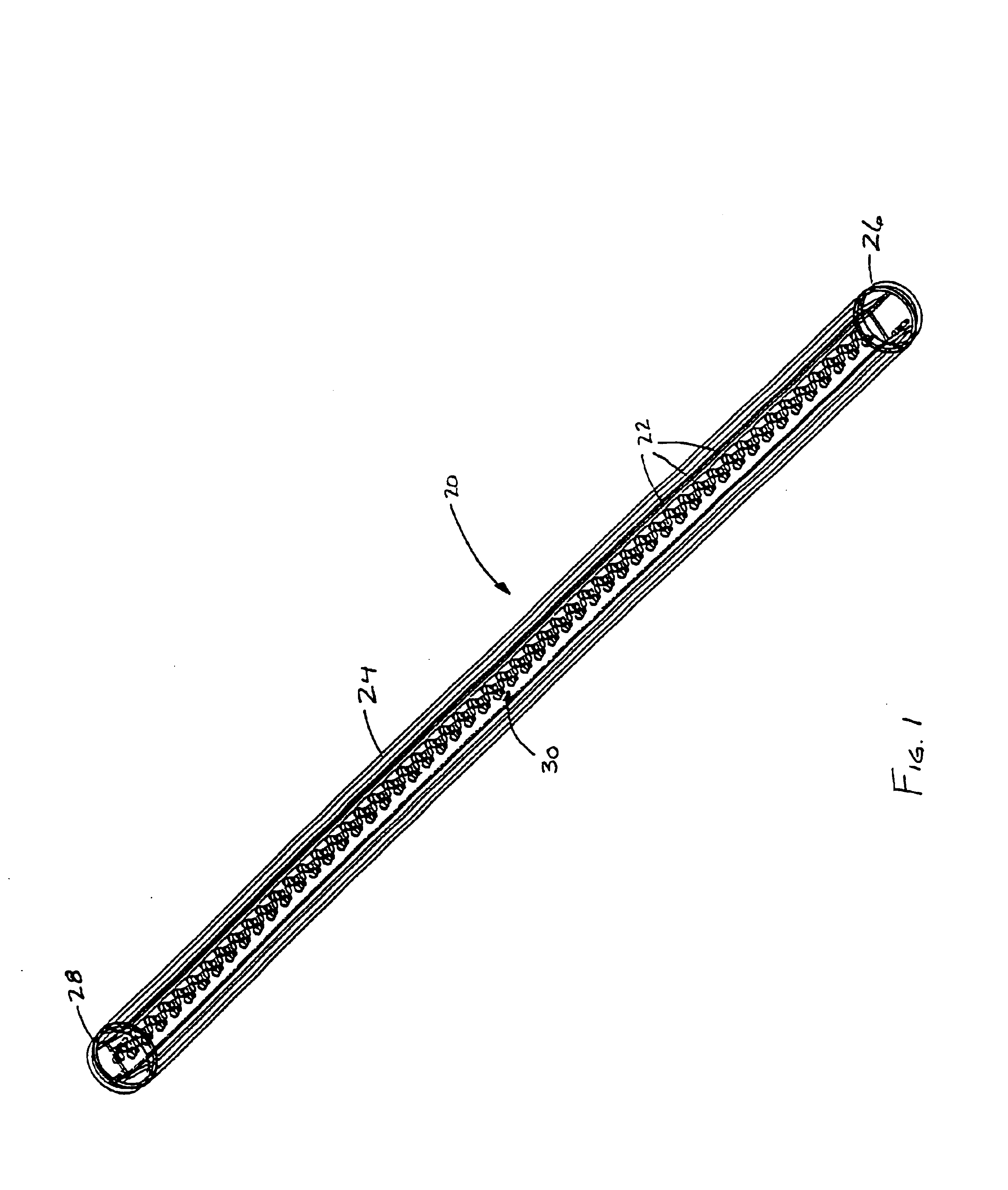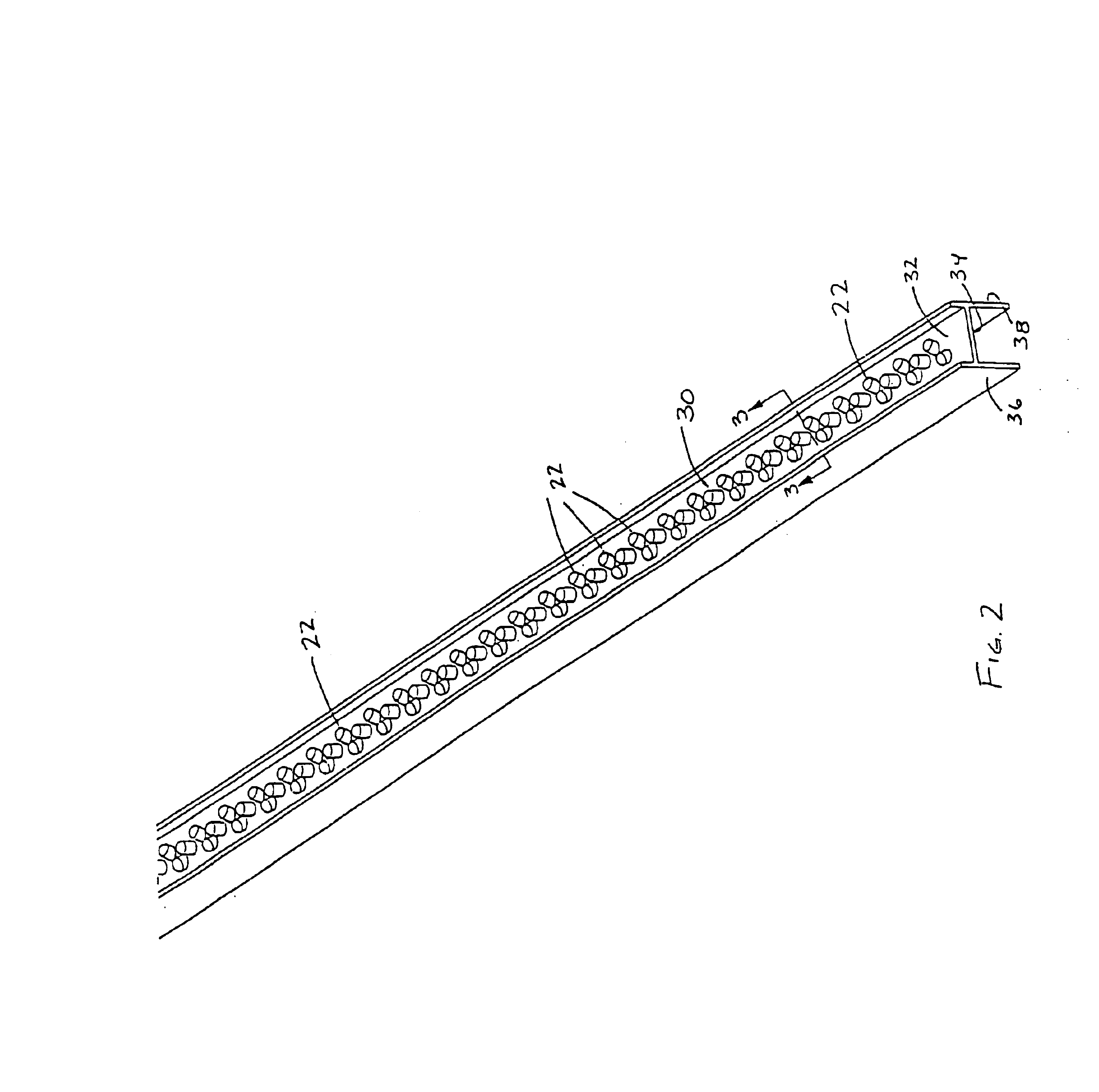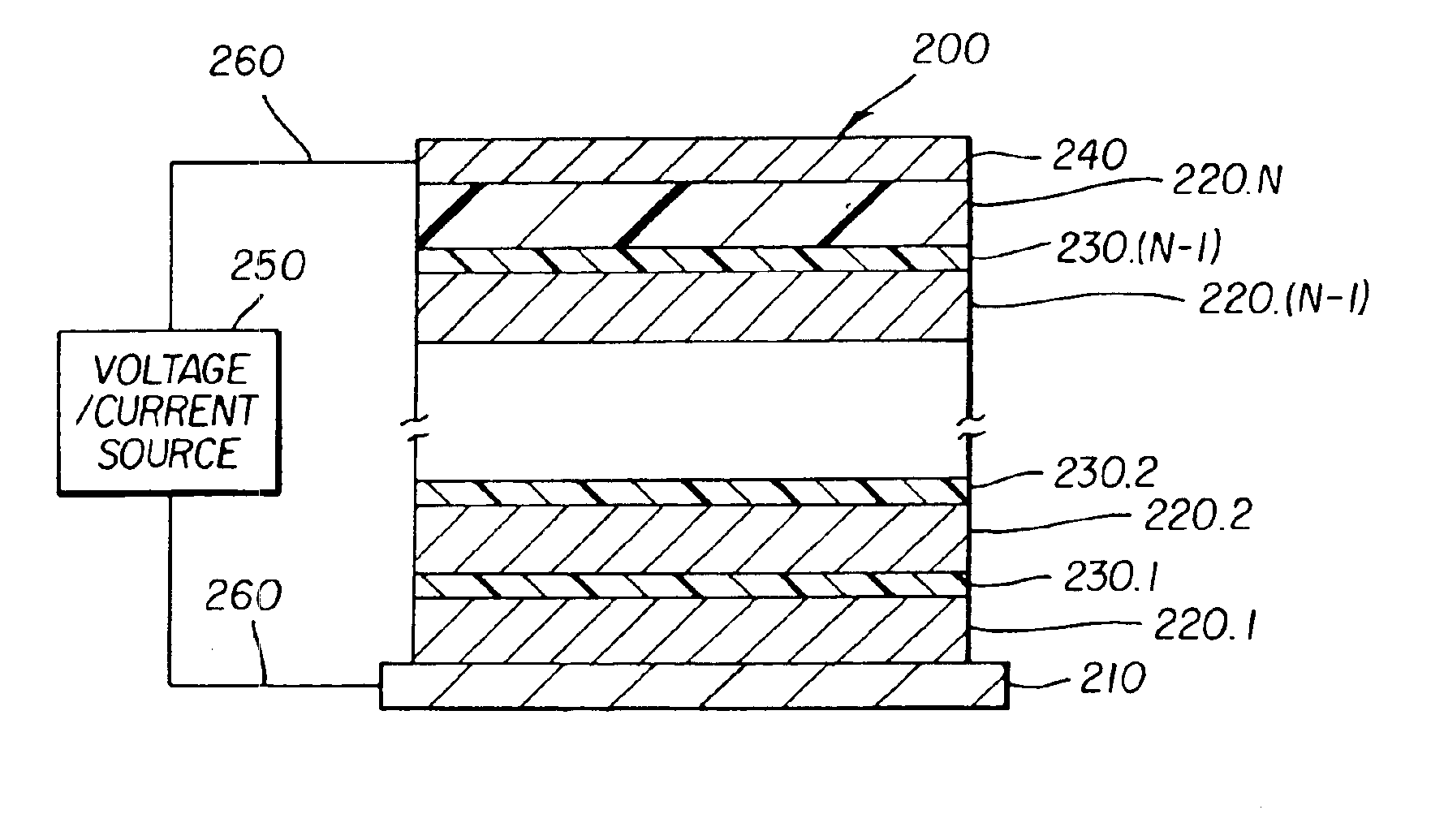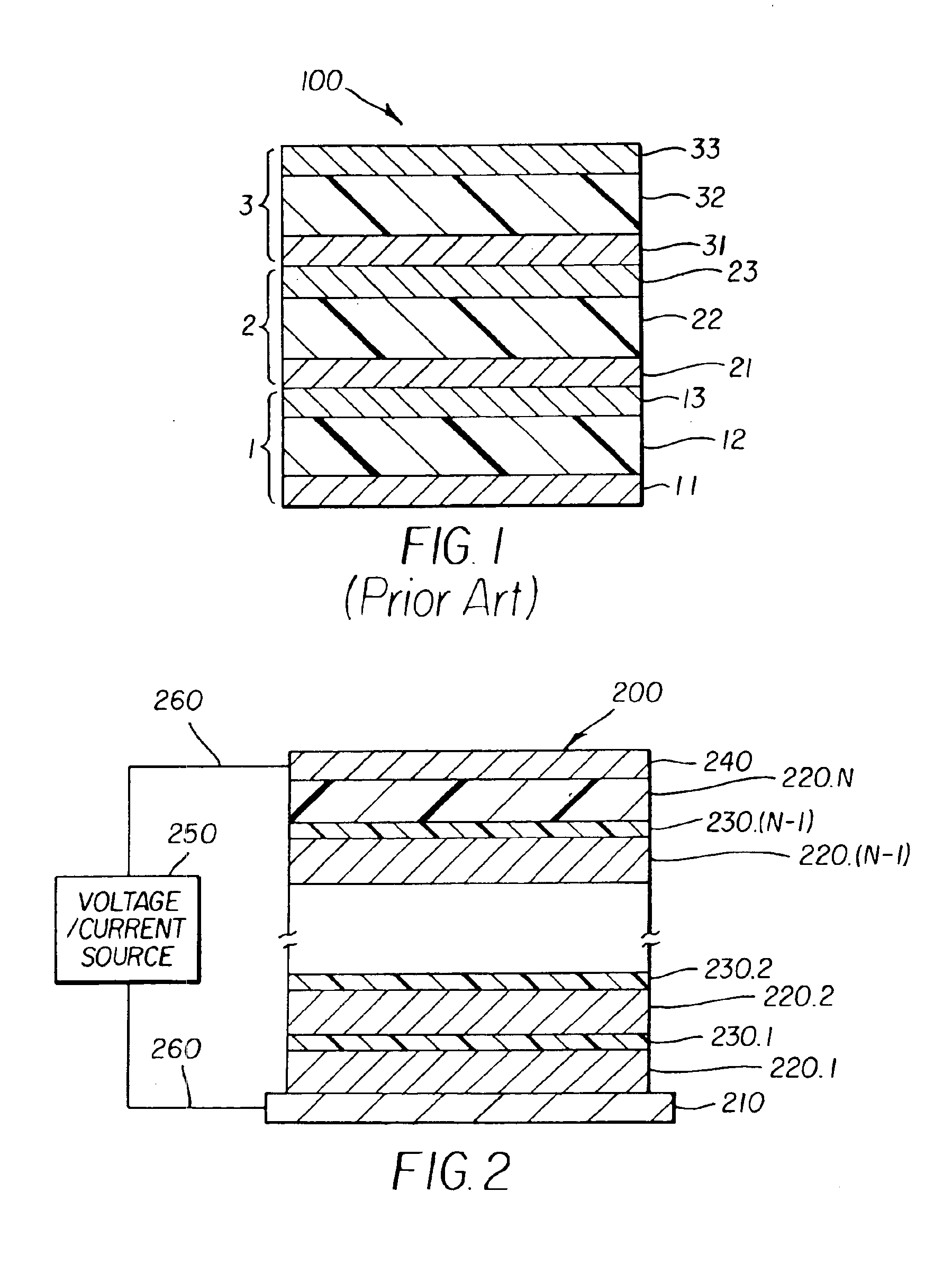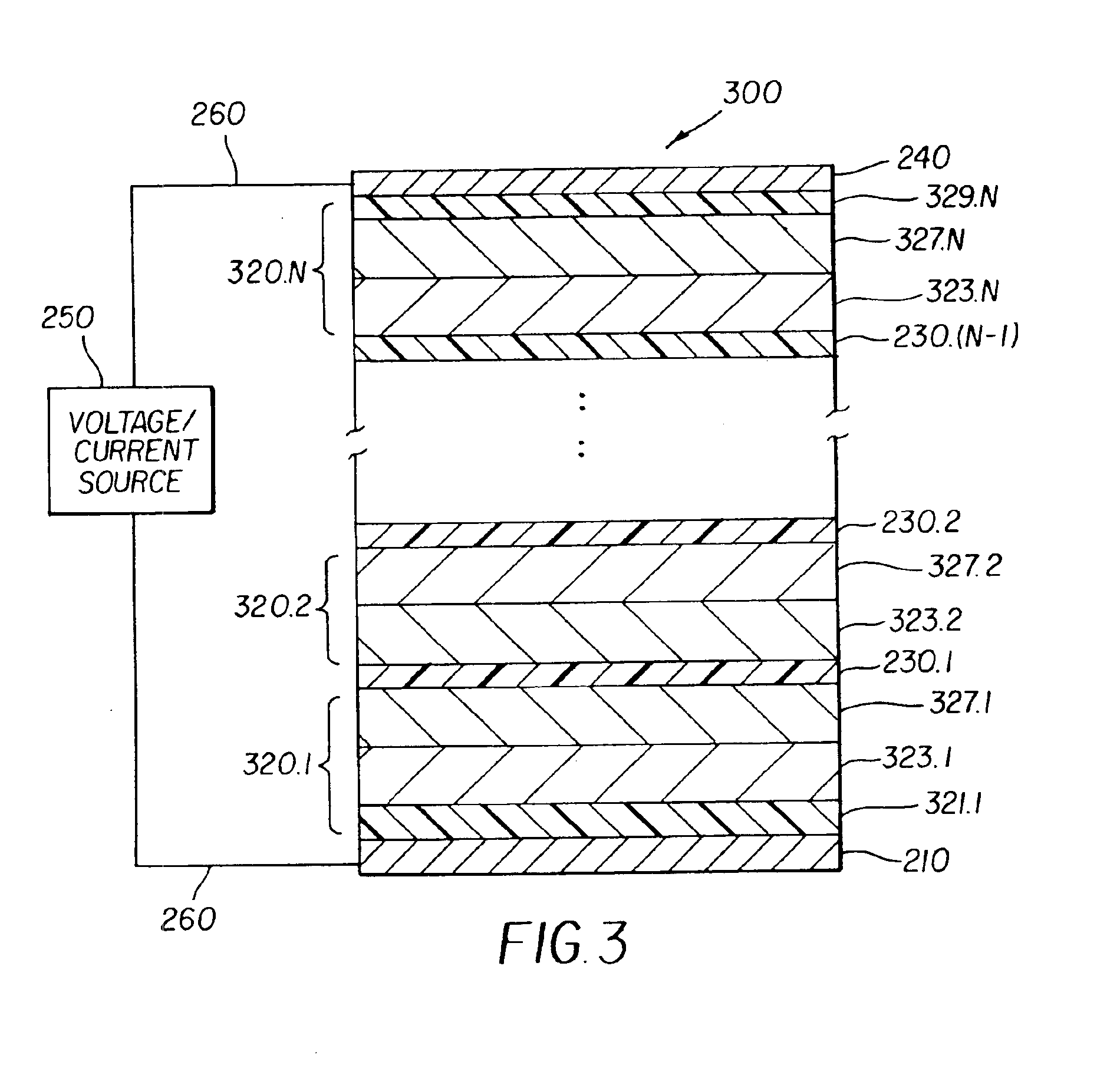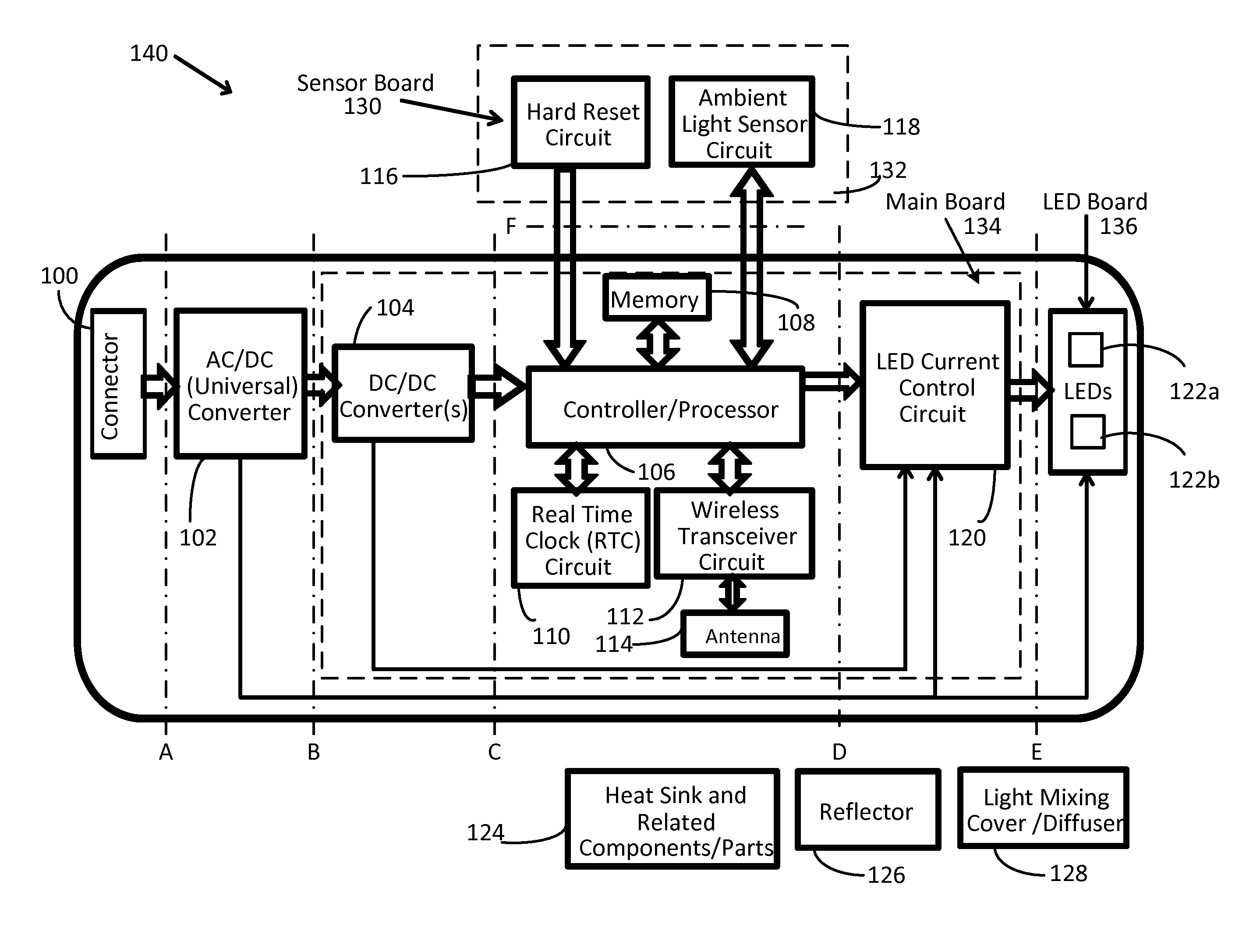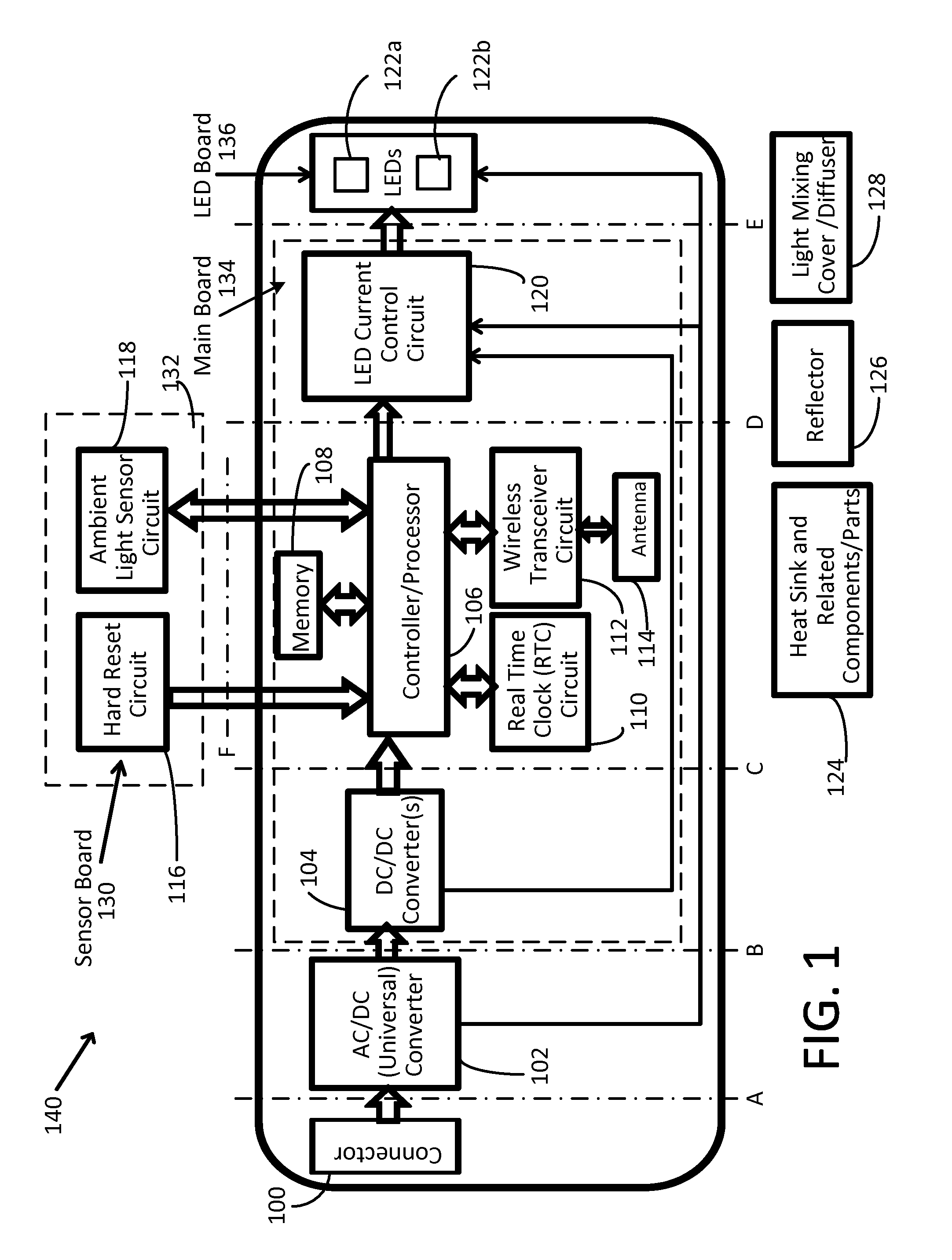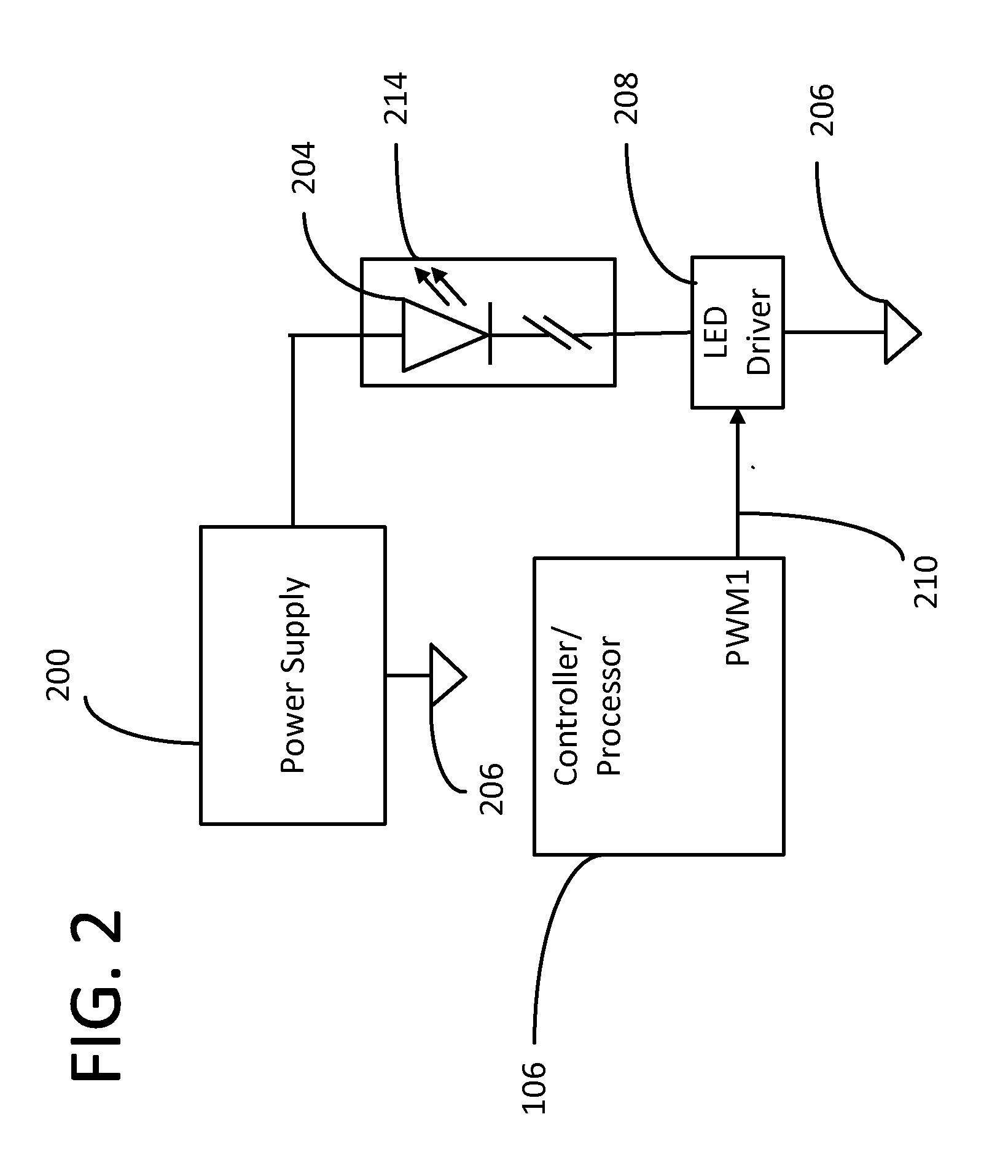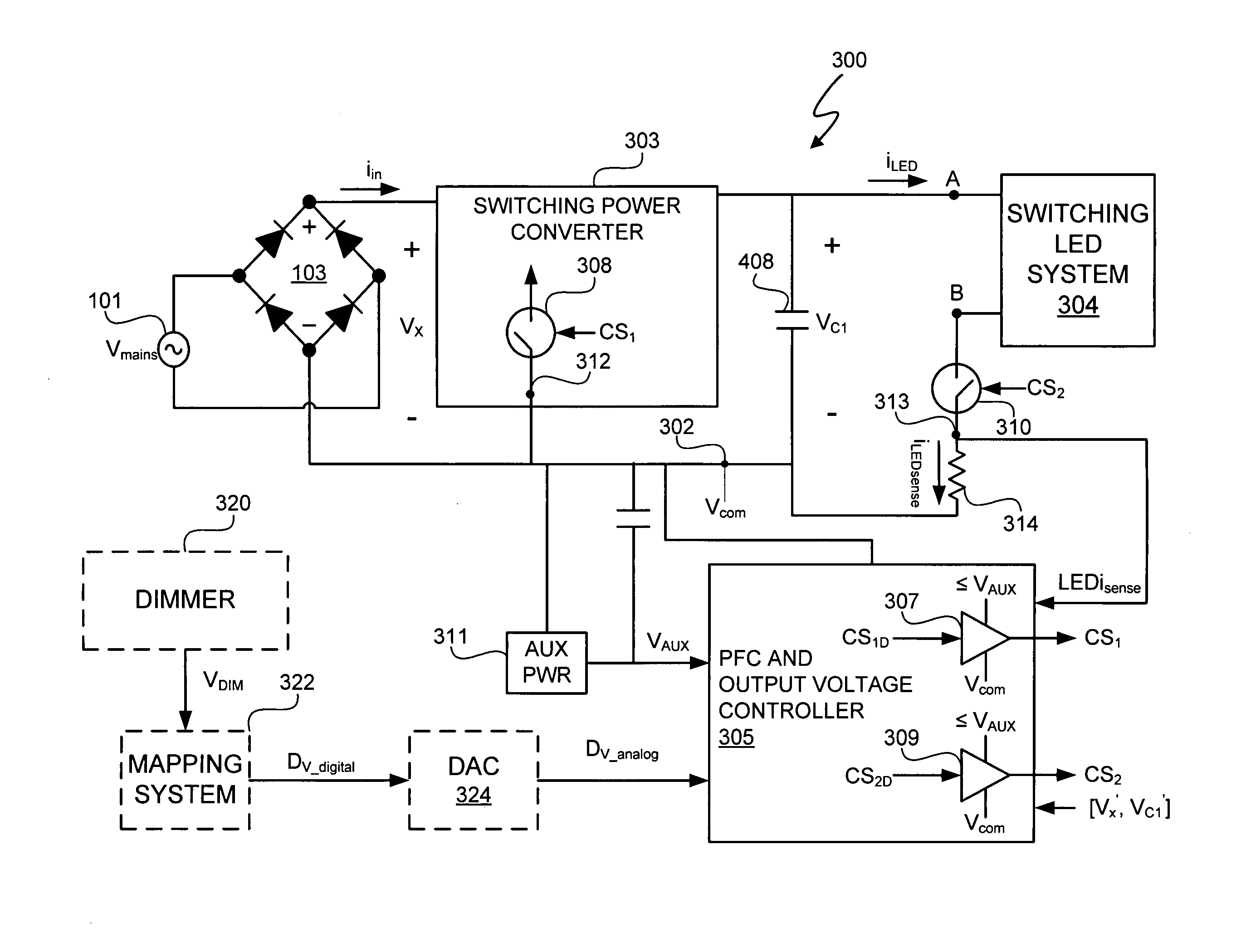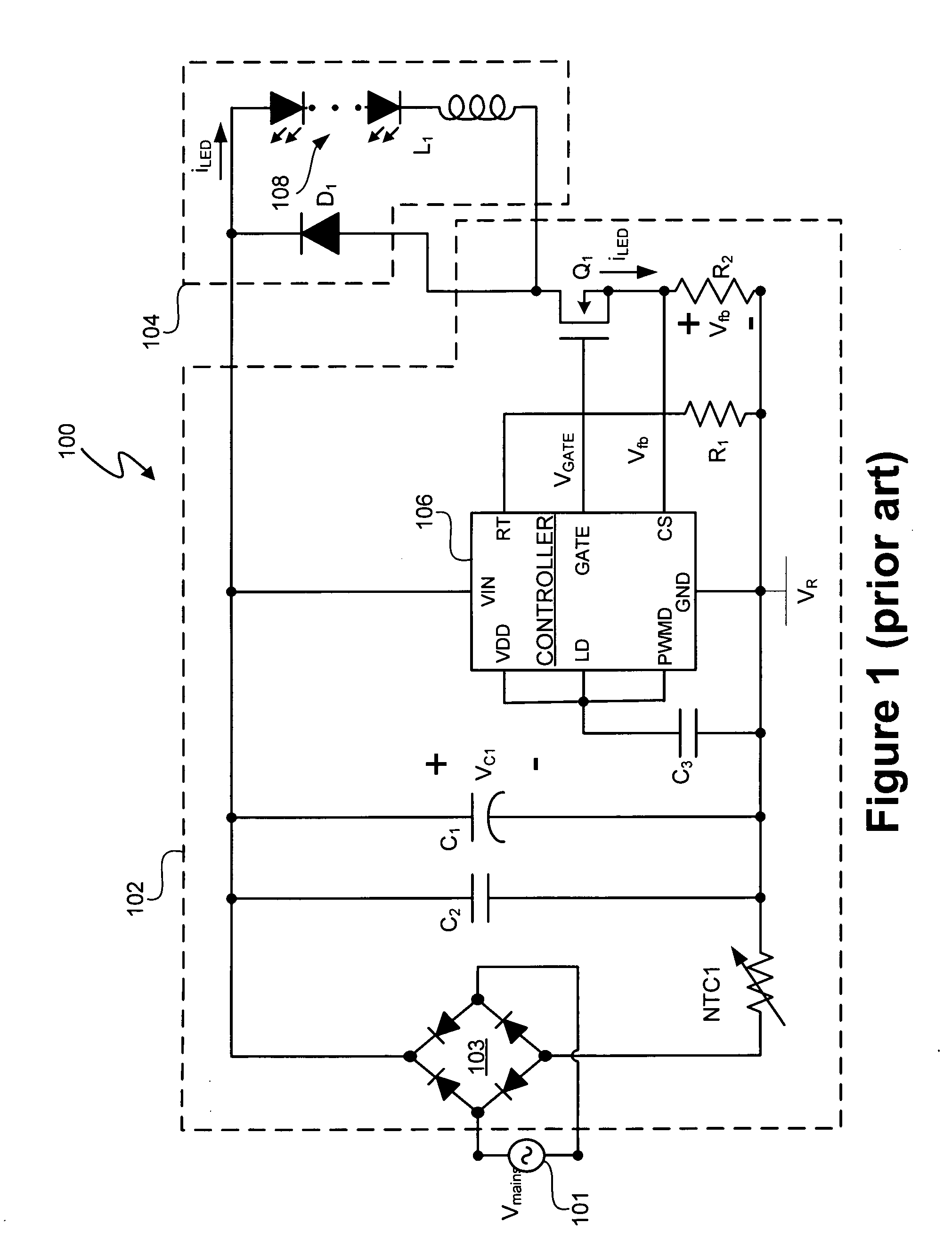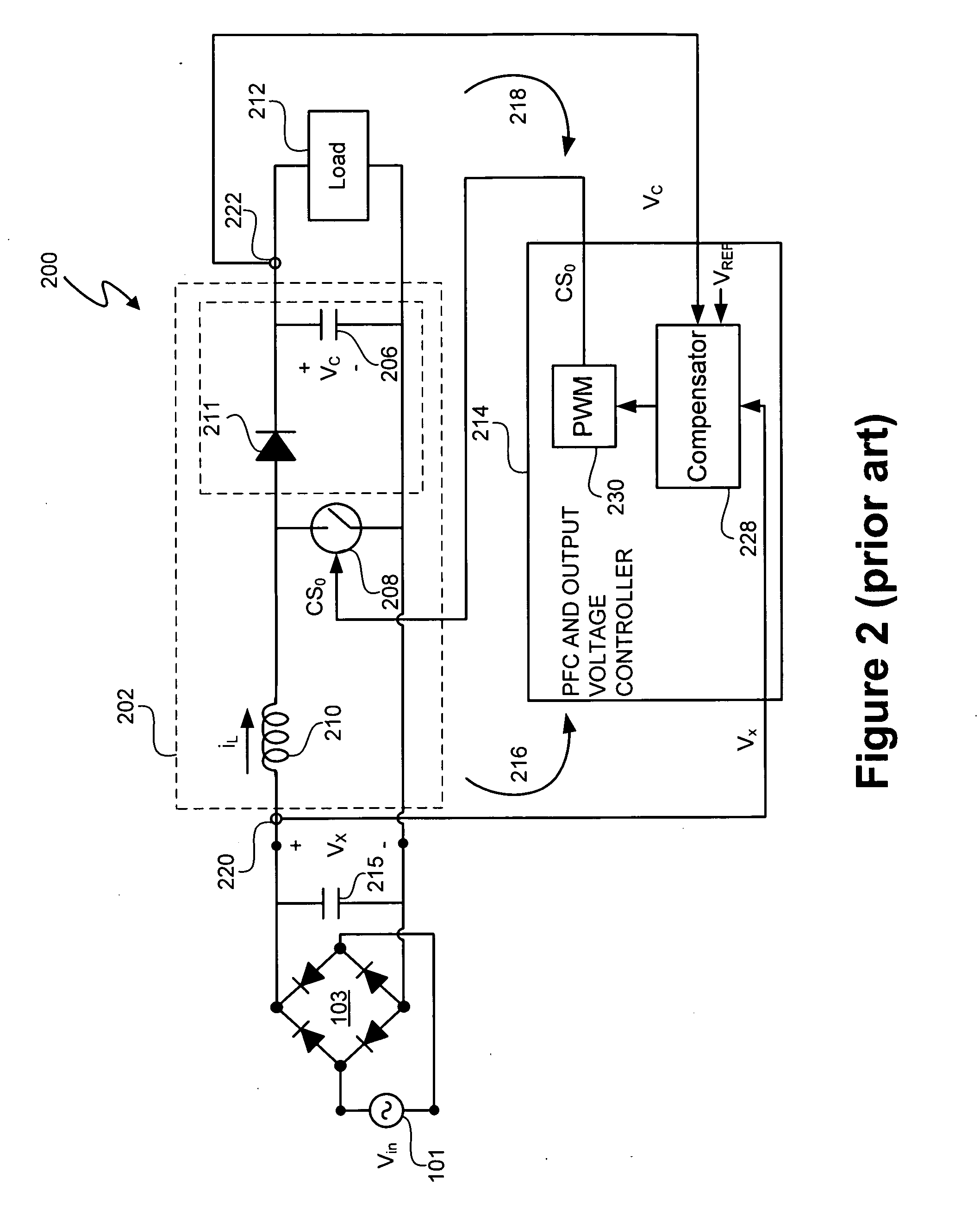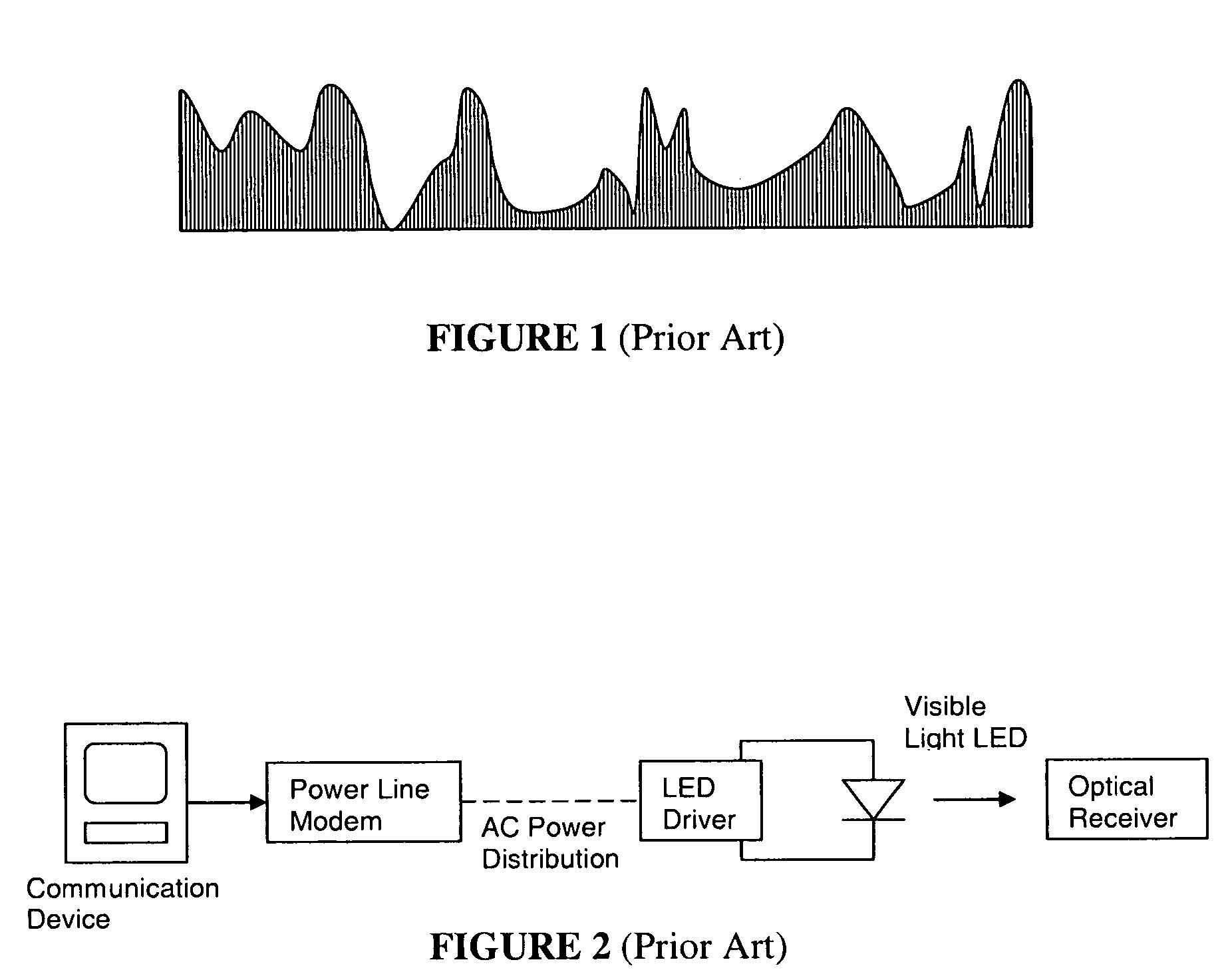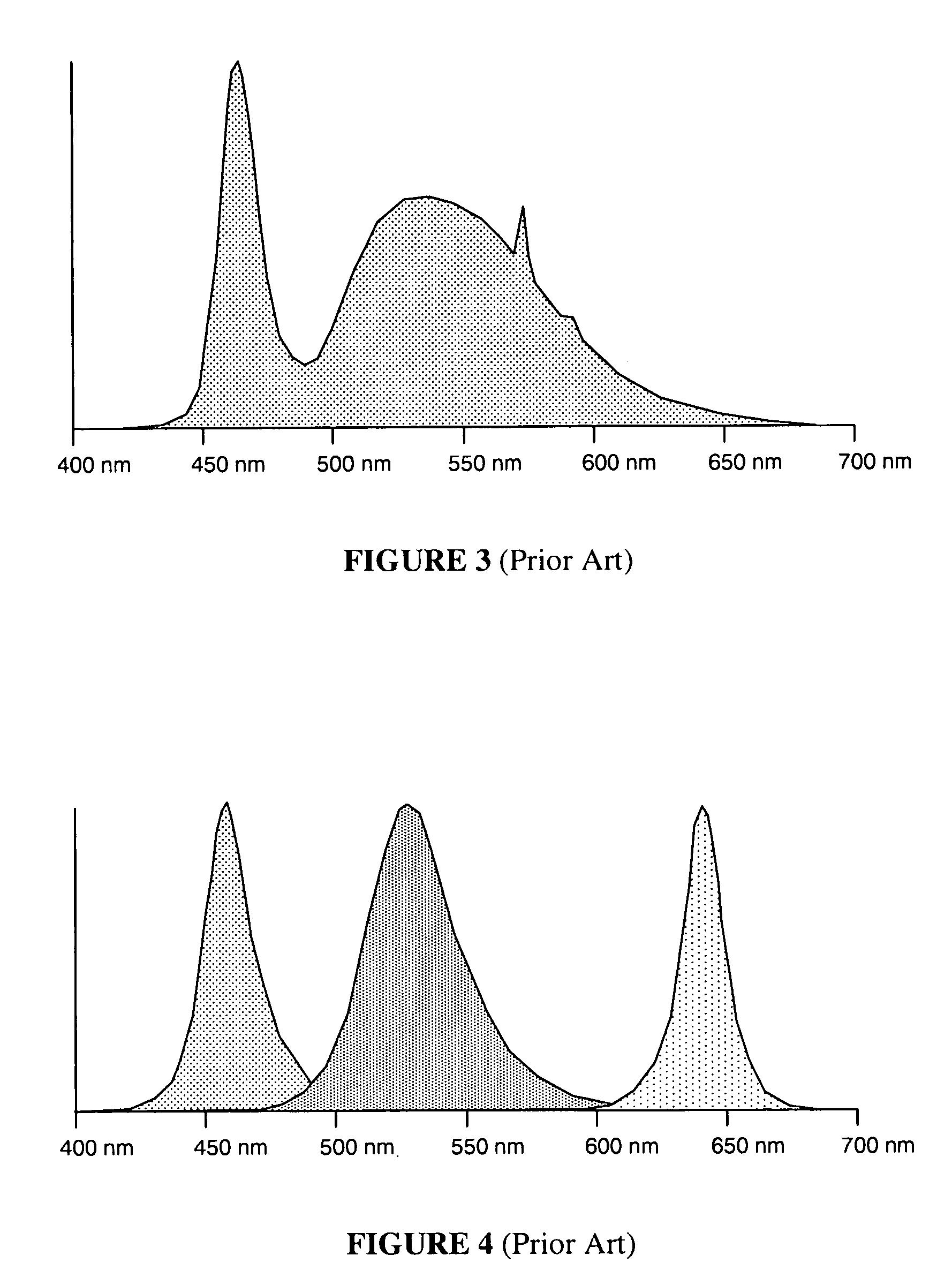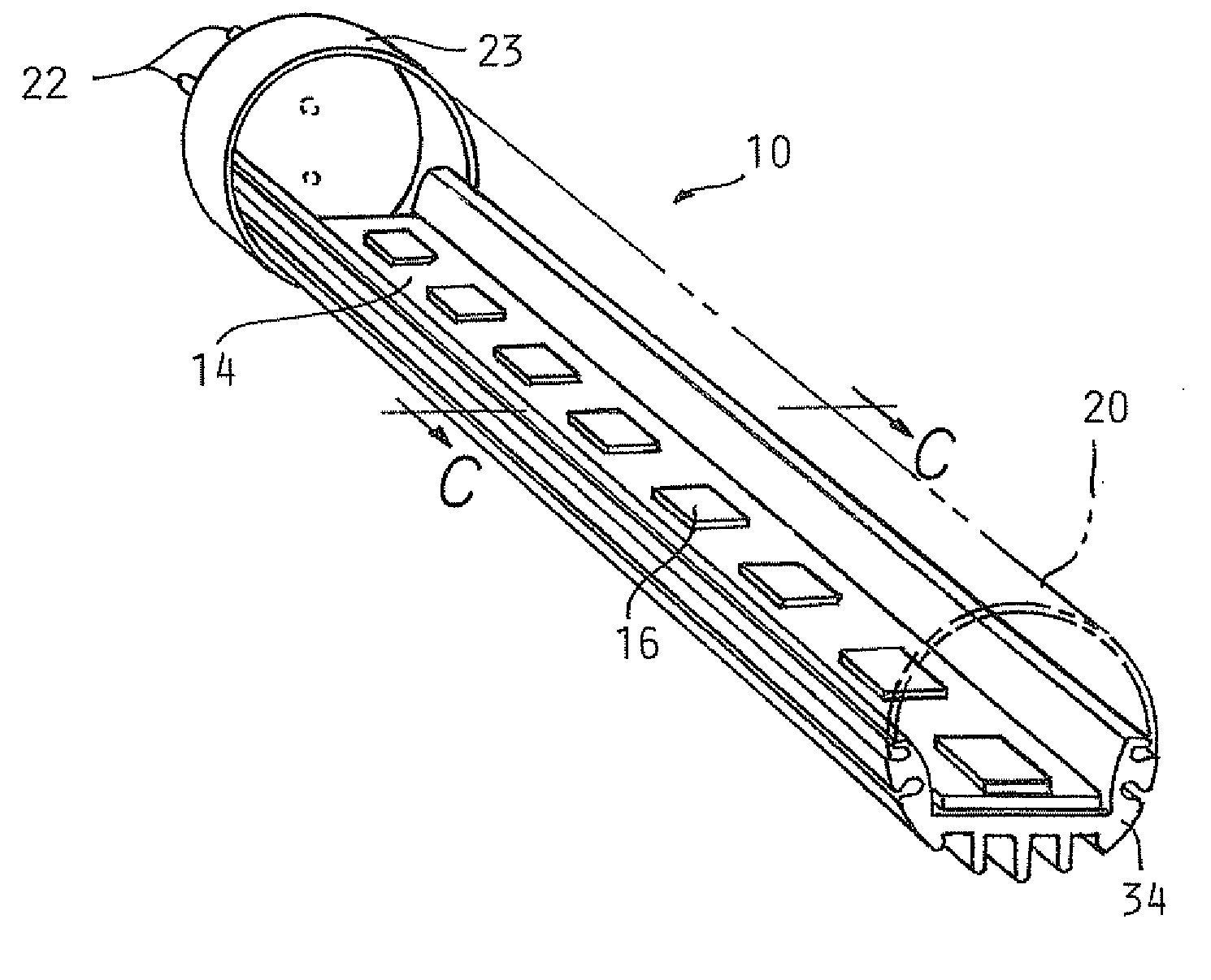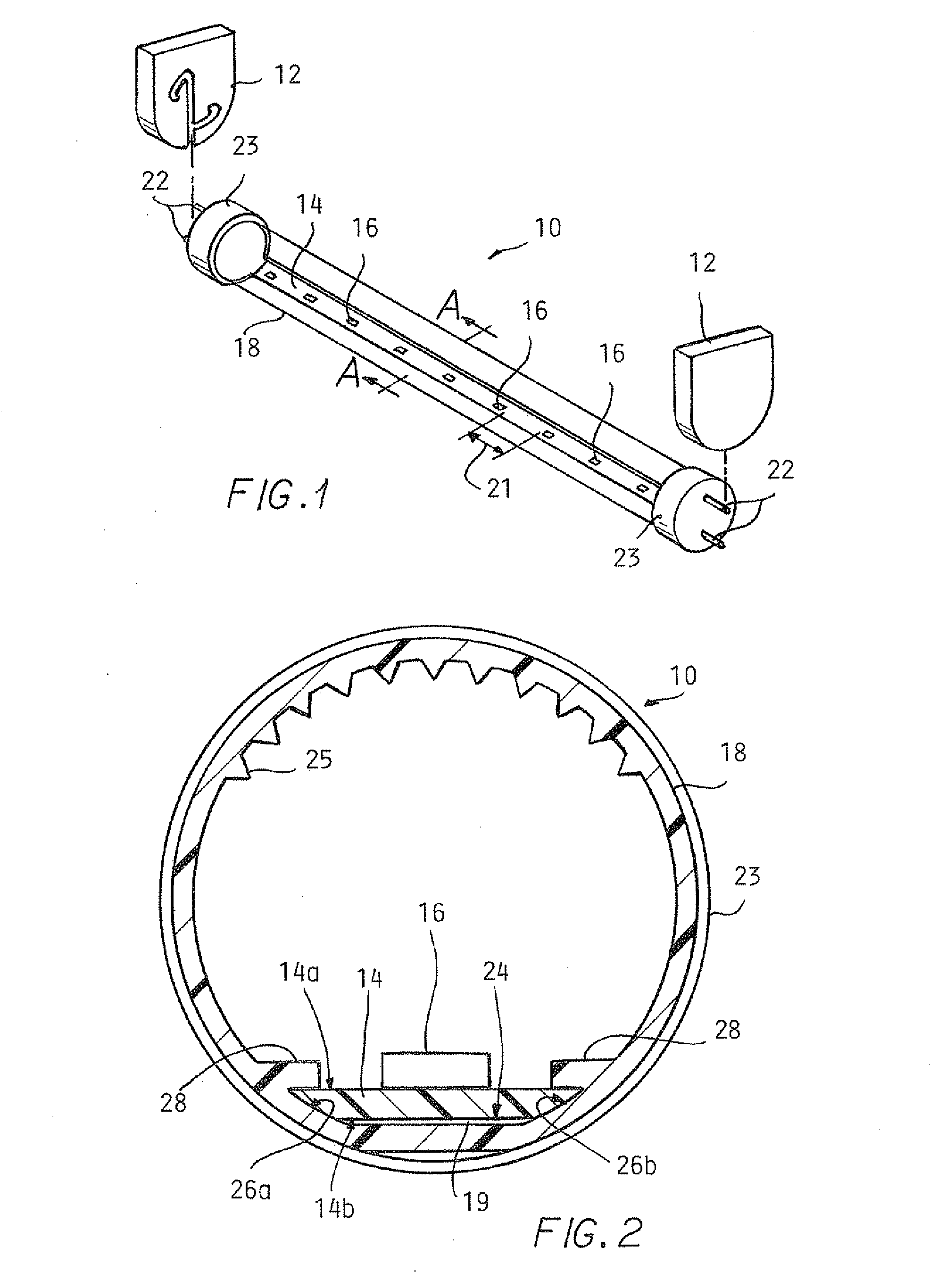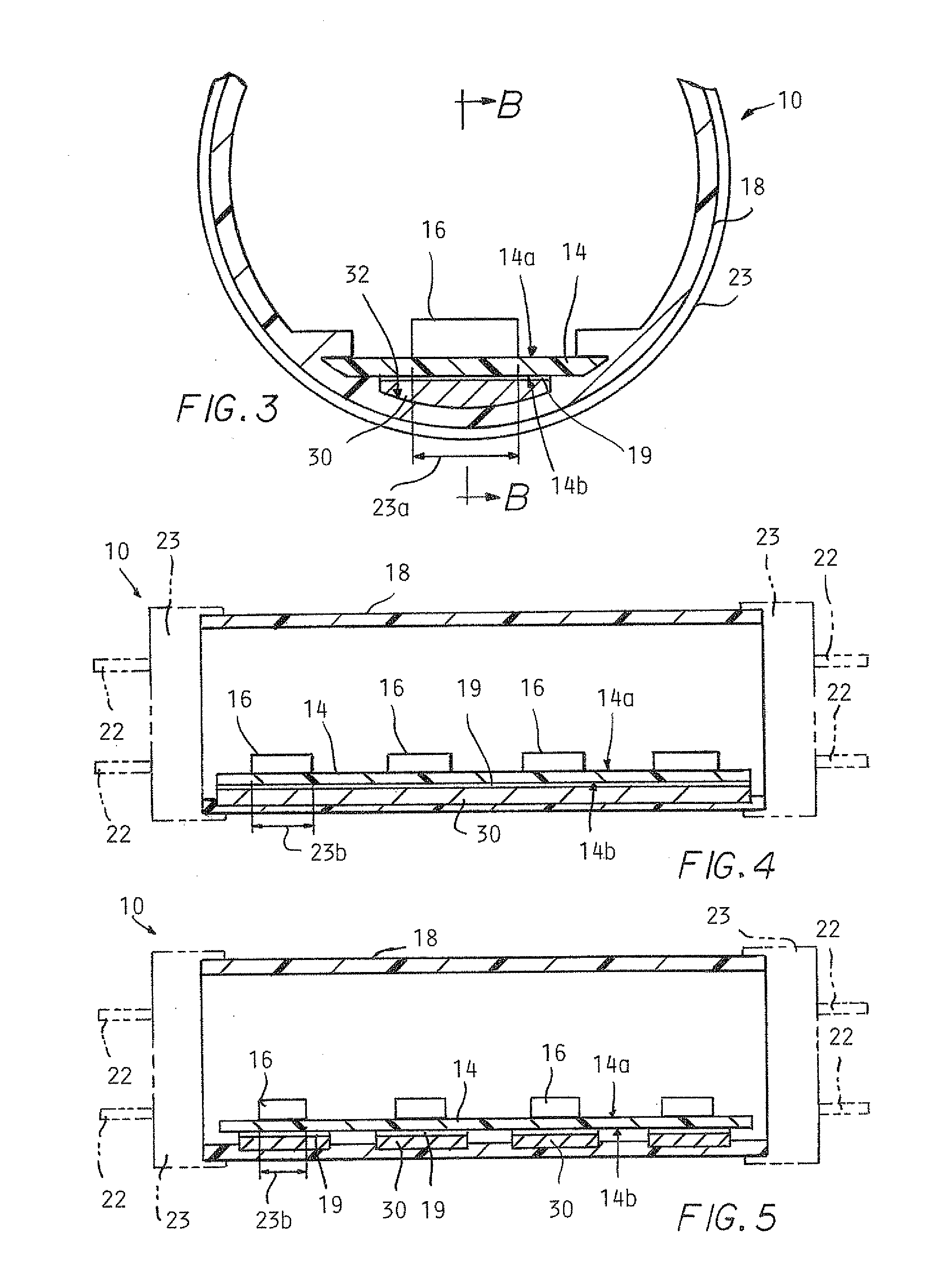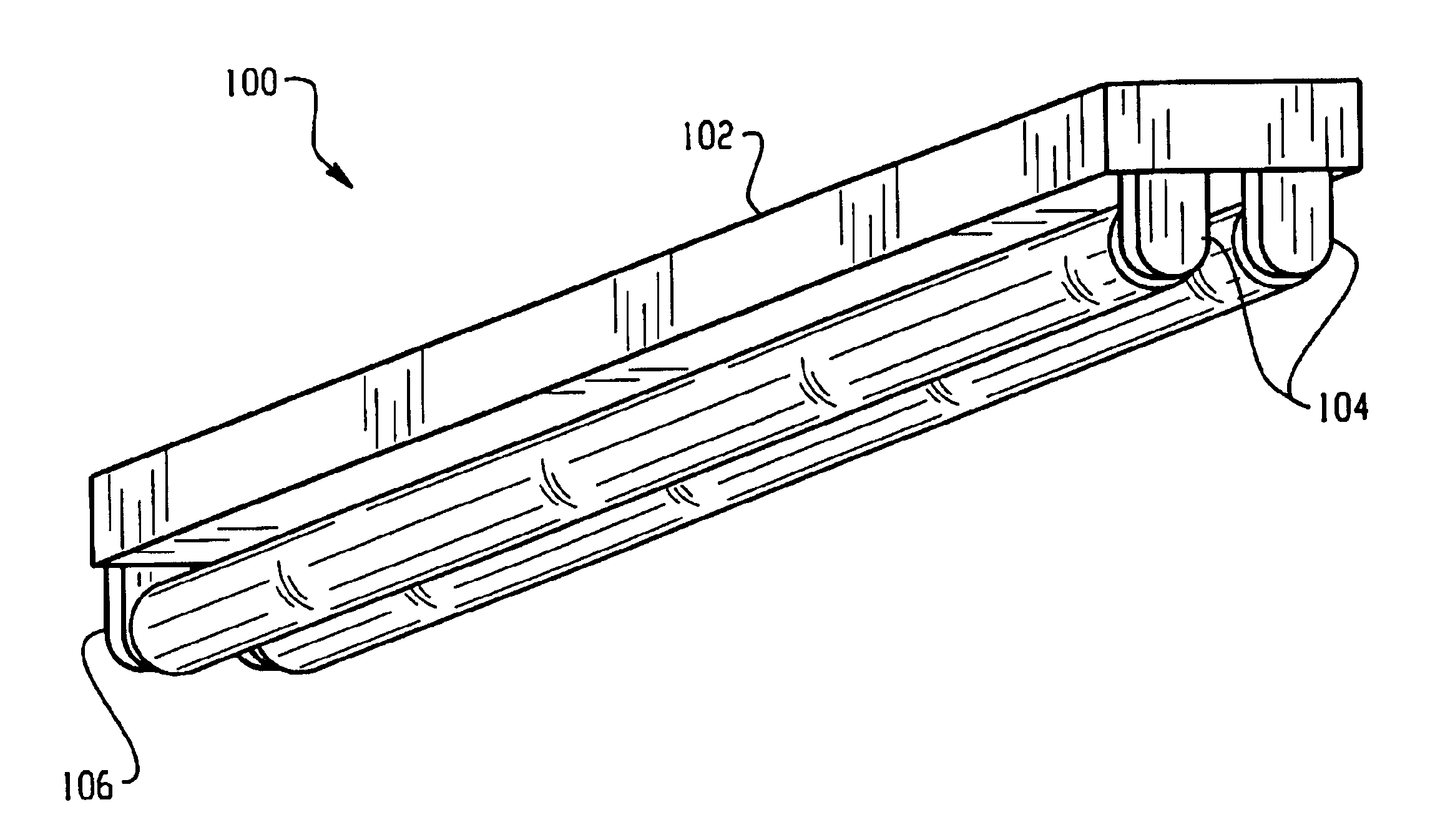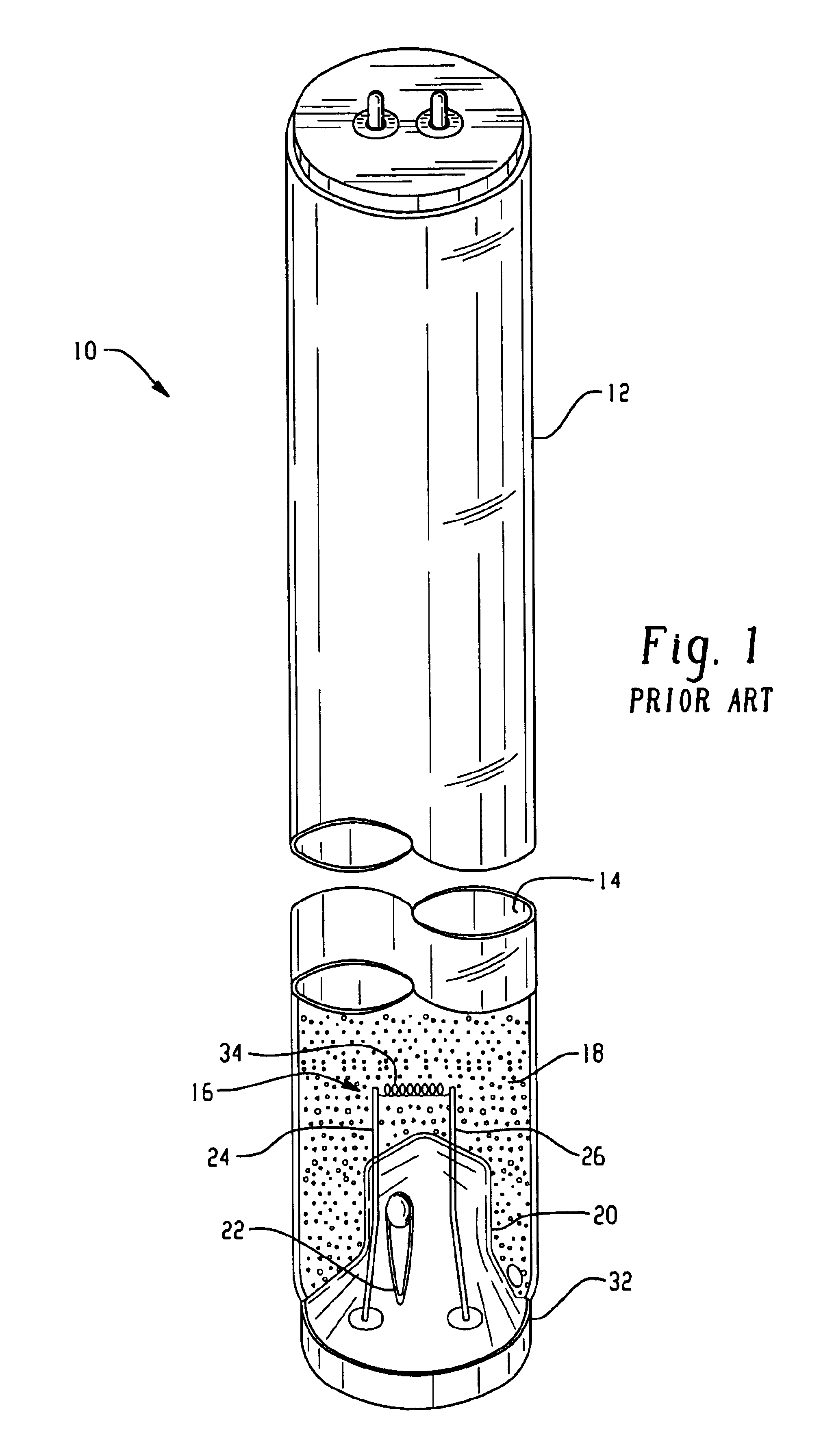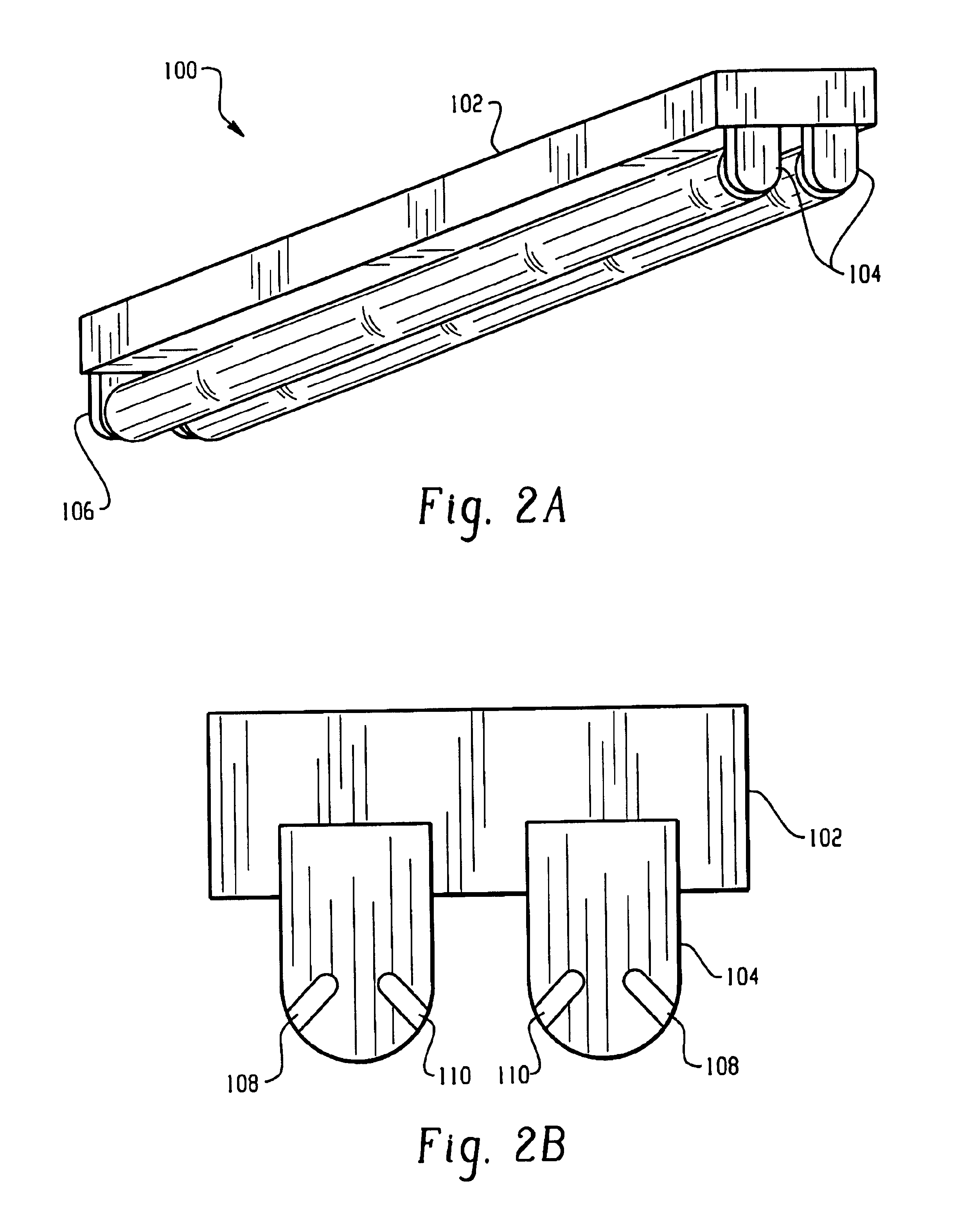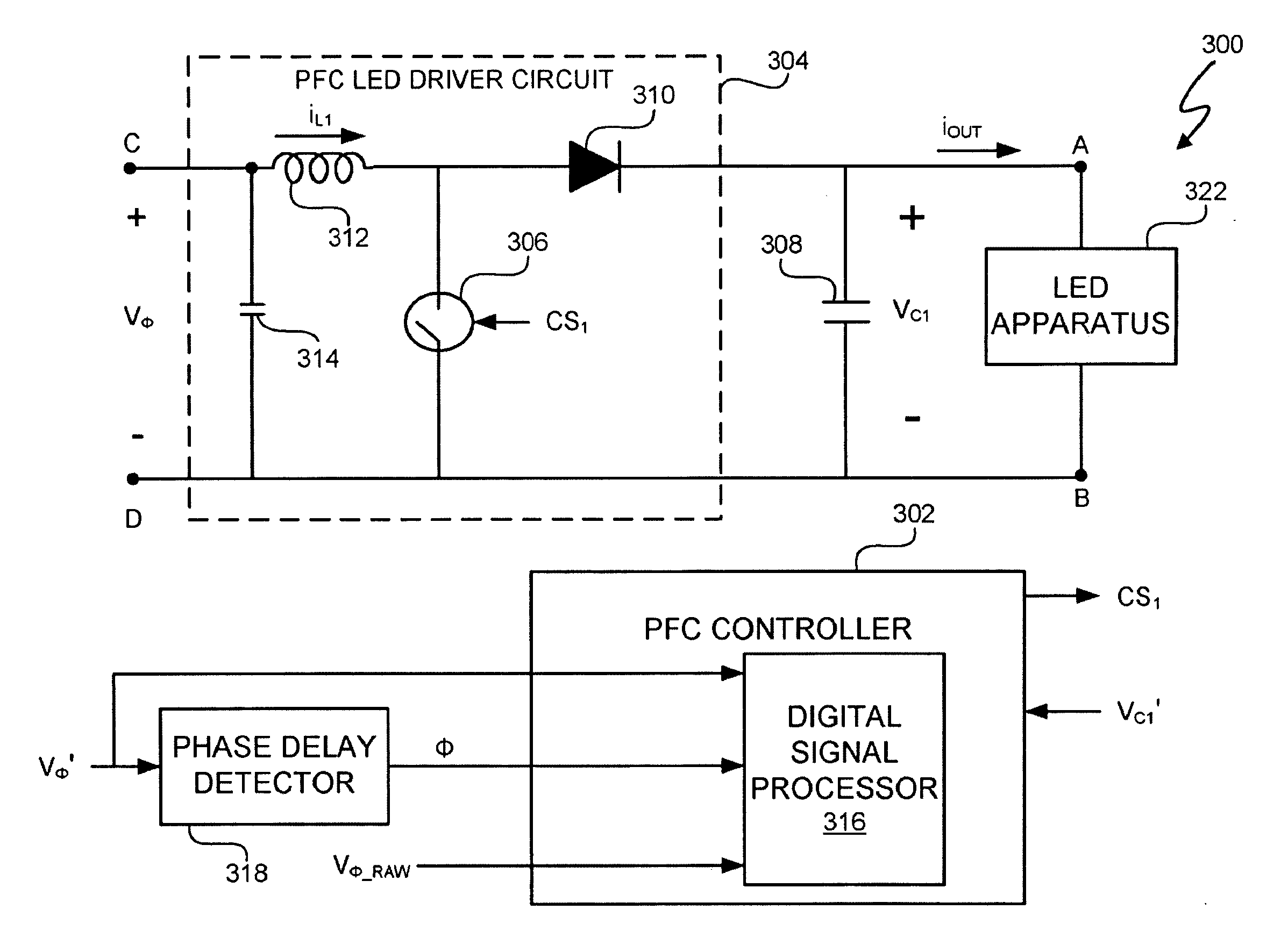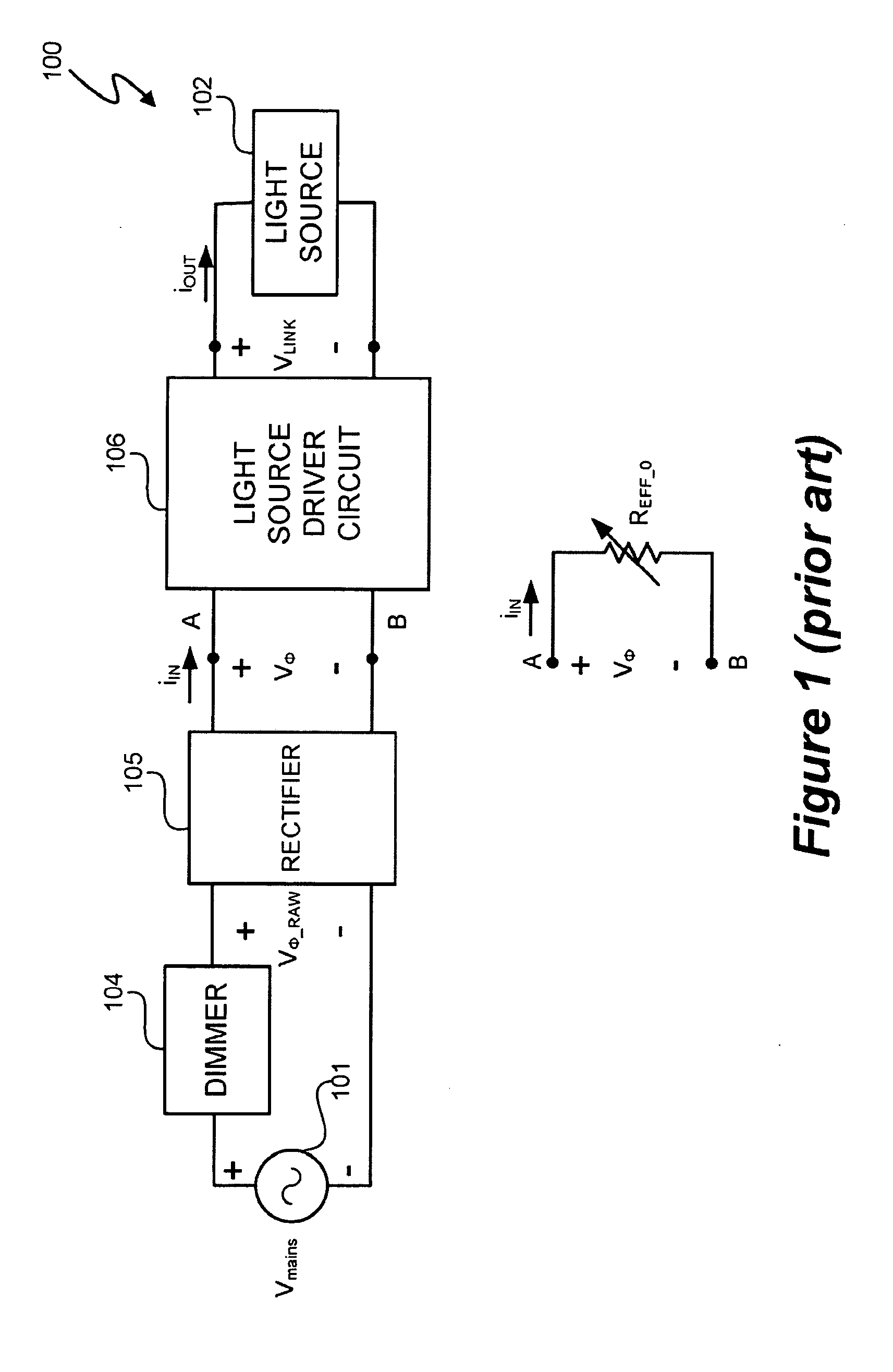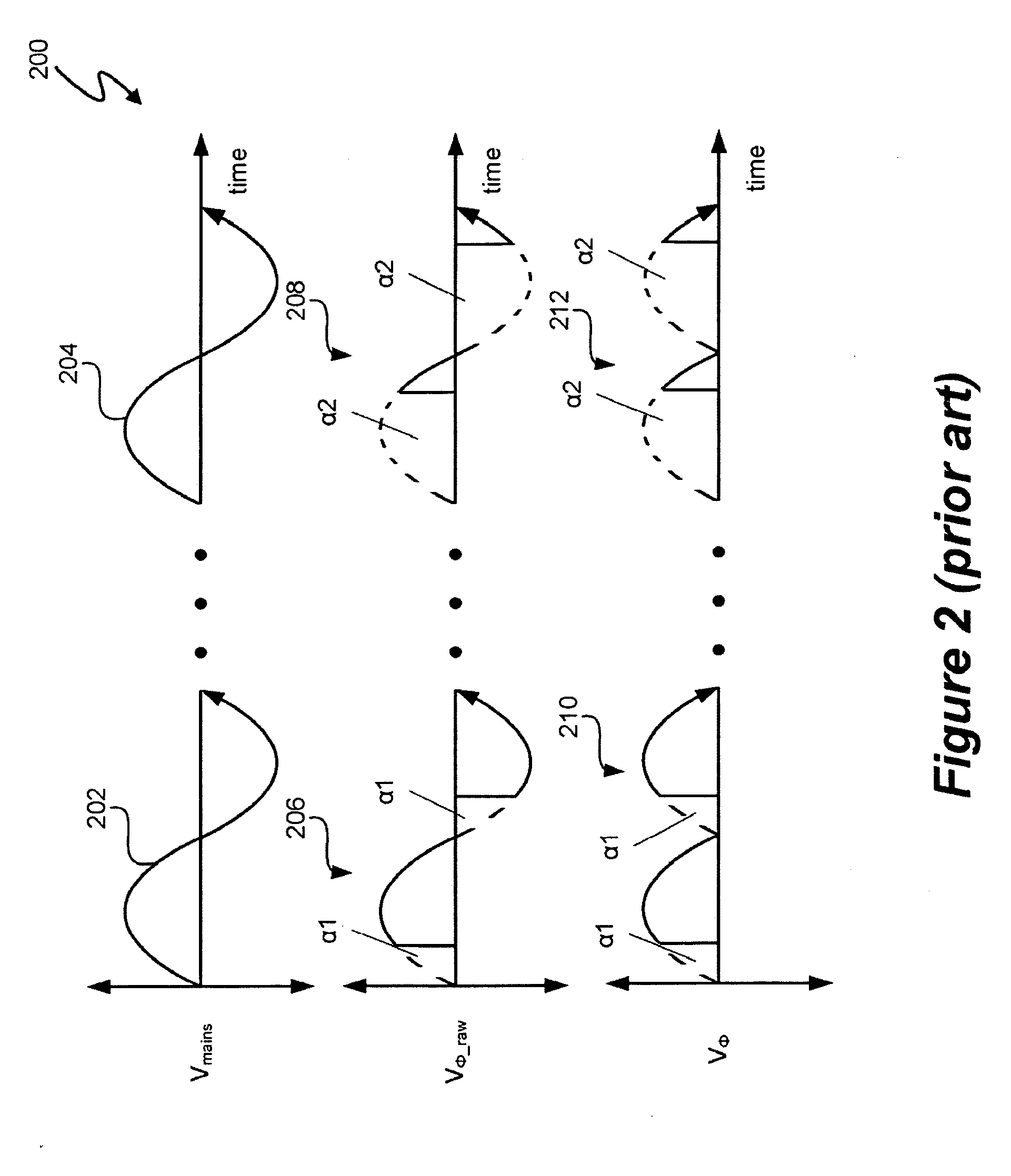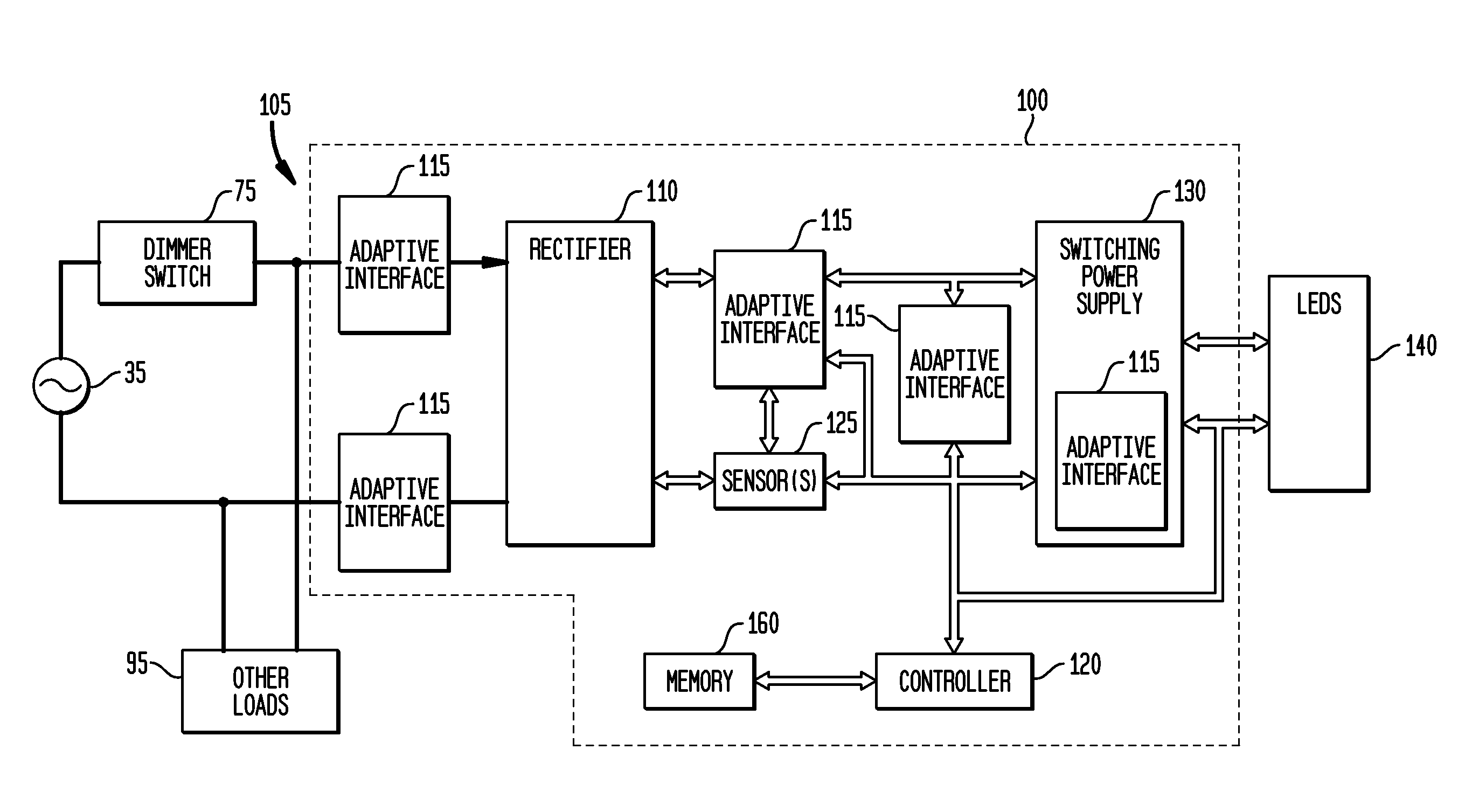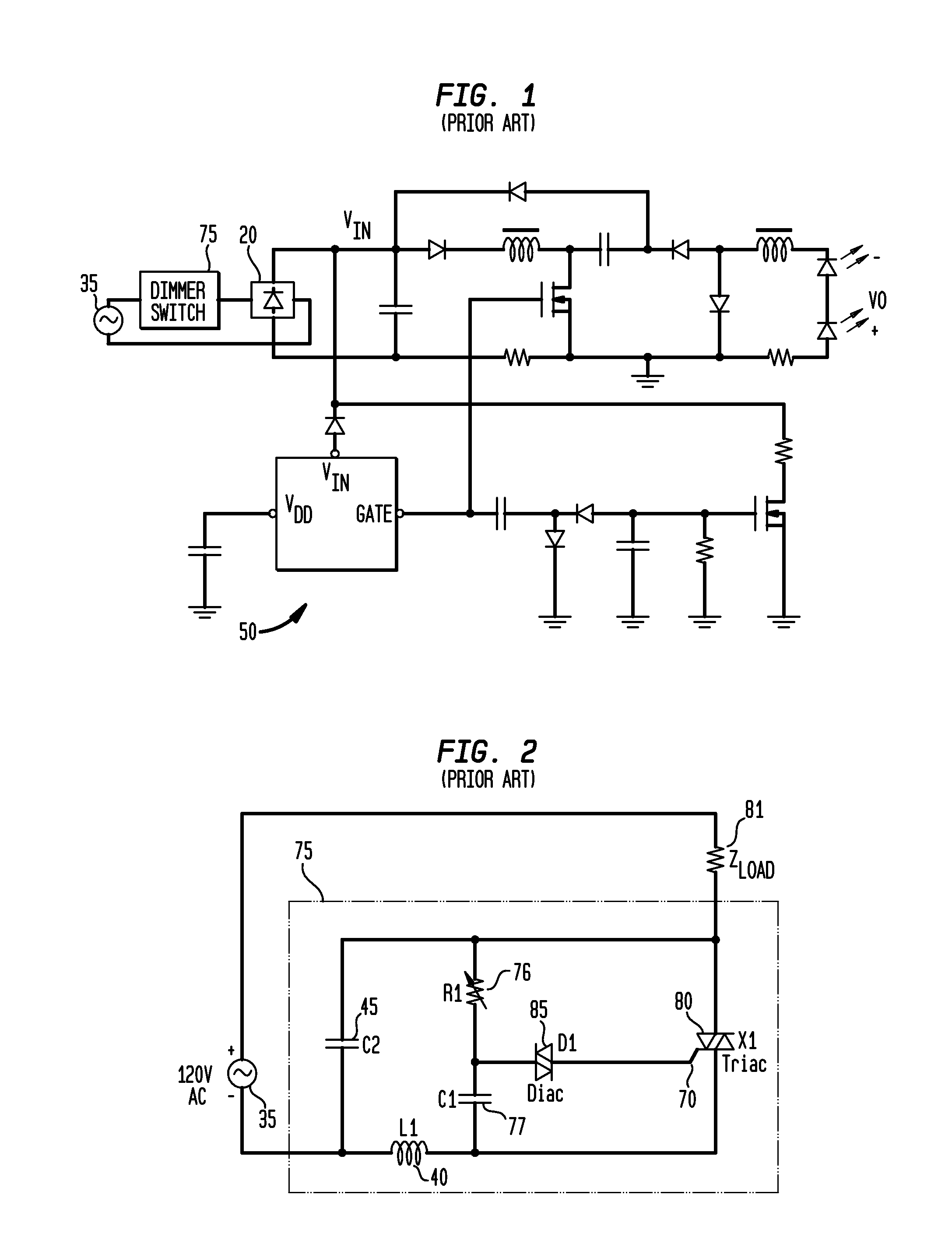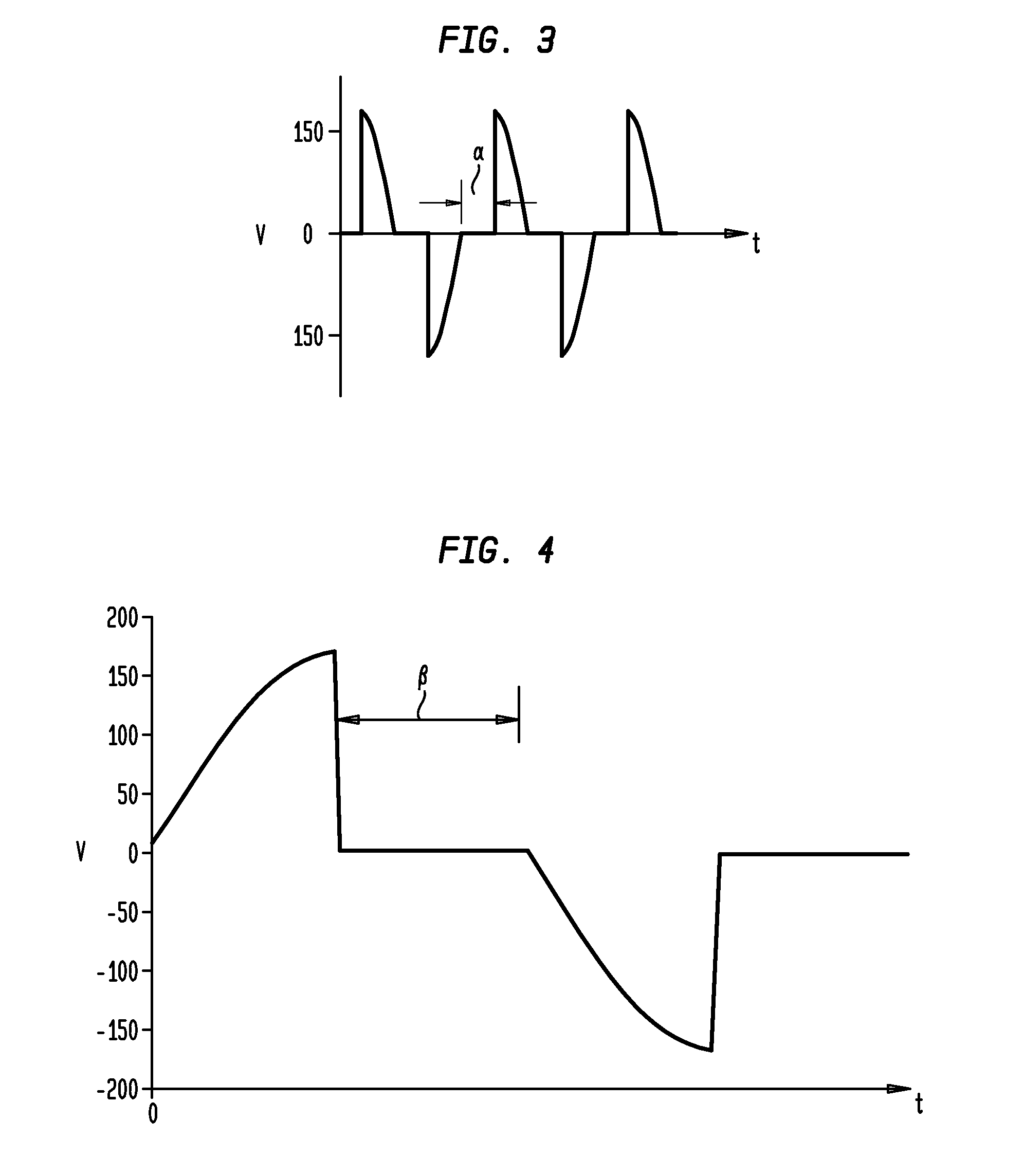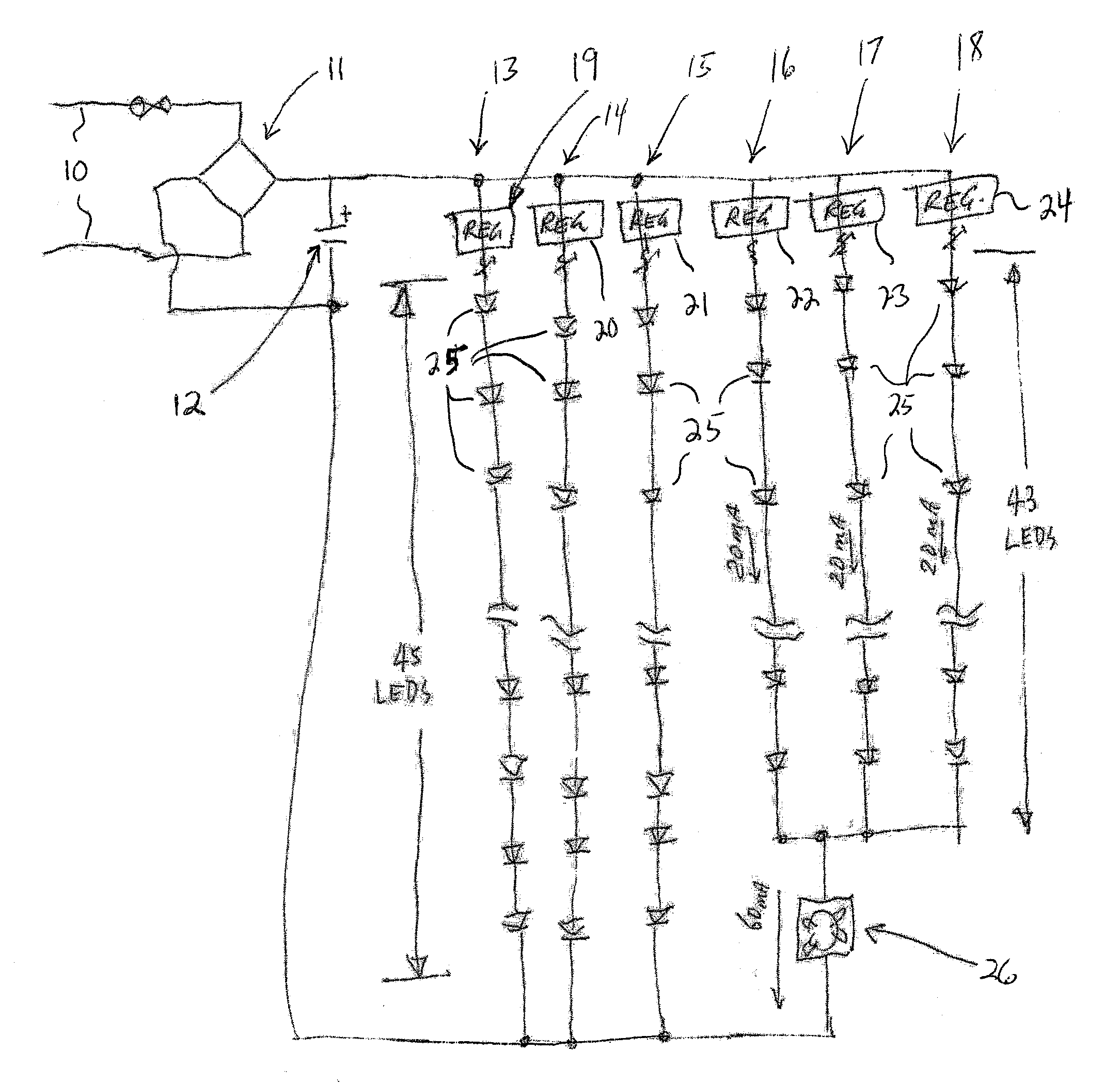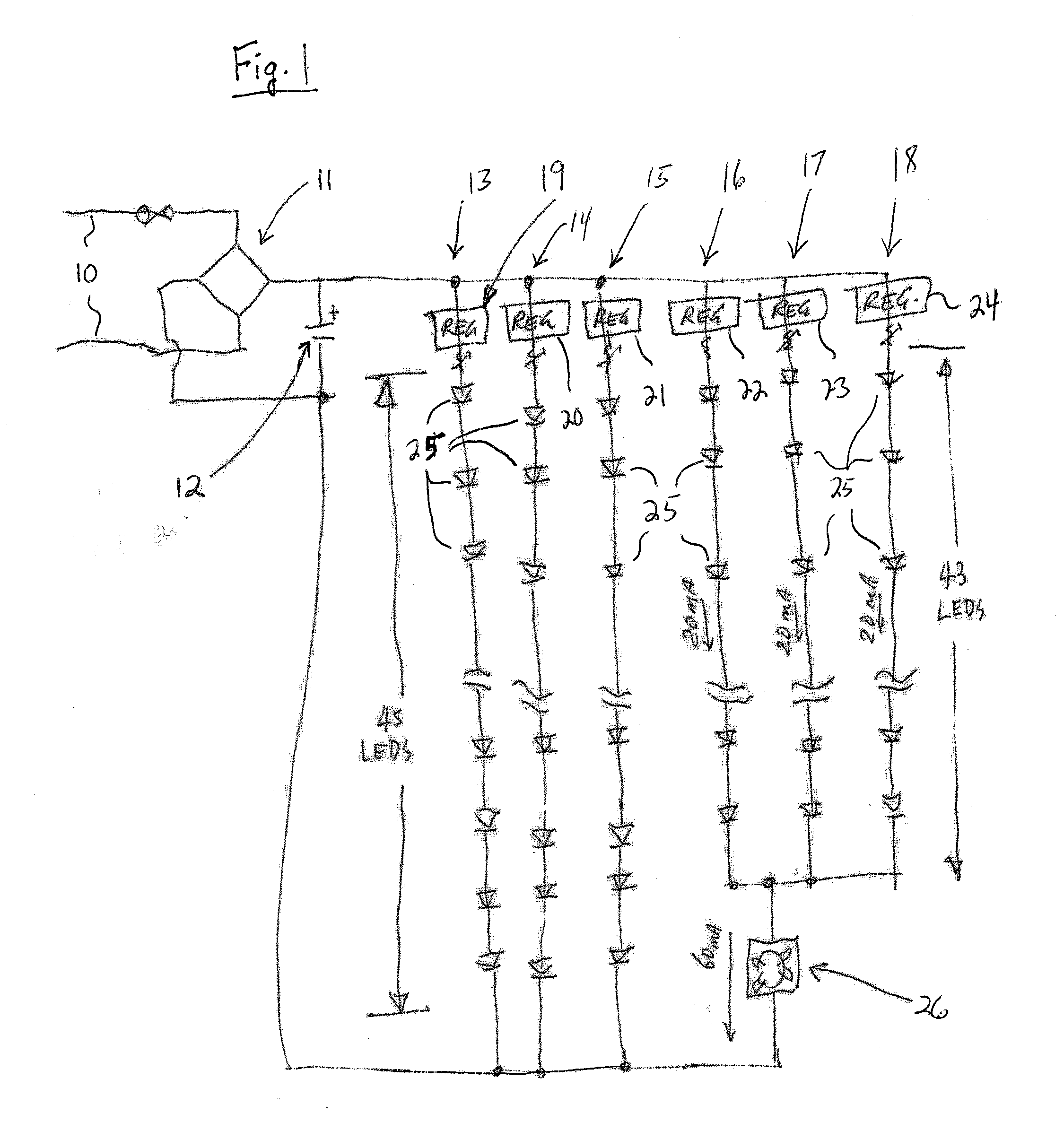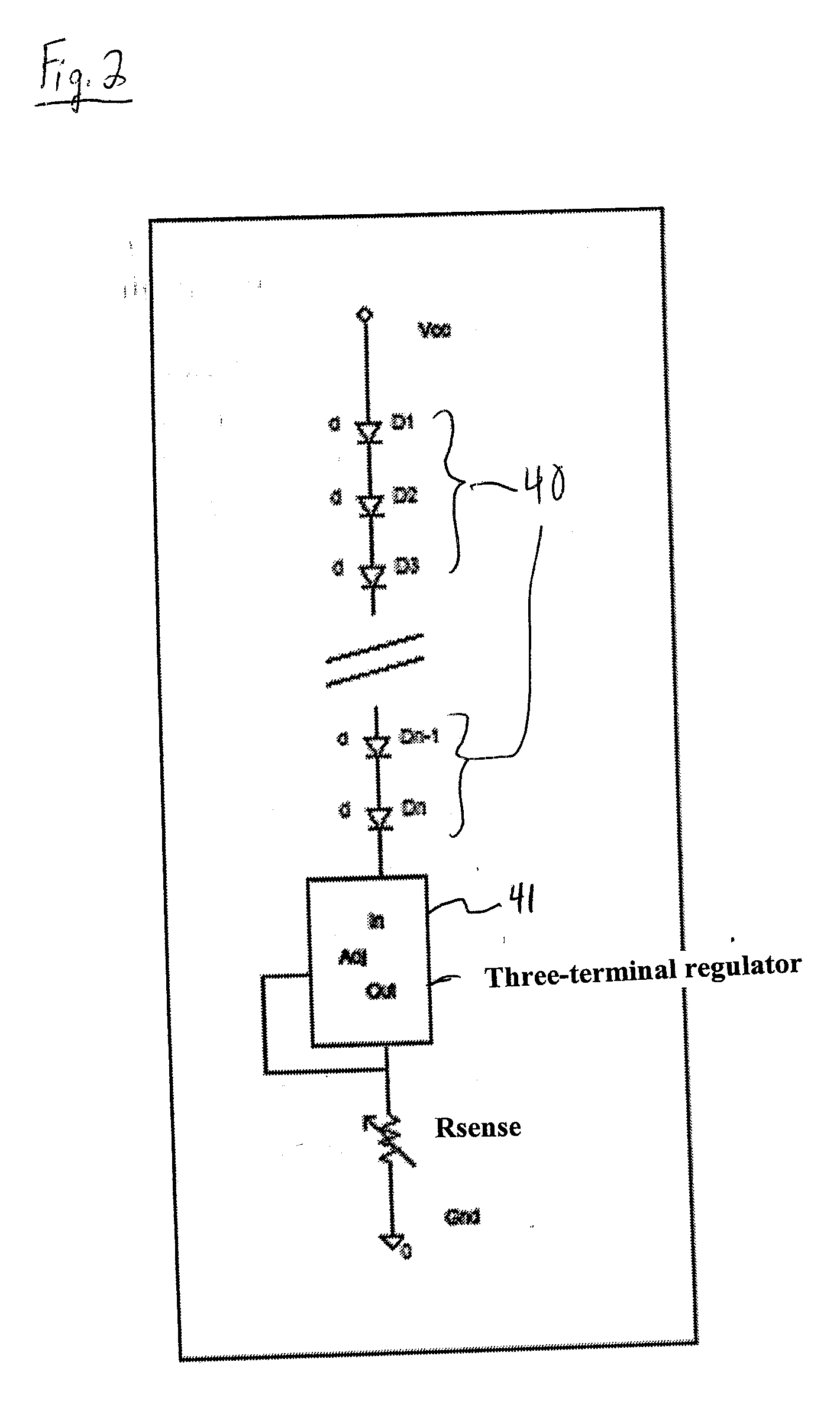Patents
Literature
11310results about "Semiconductor lamp usage" patented technology
Efficacy Topic
Property
Owner
Technical Advancement
Application Domain
Technology Topic
Technology Field Word
Patent Country/Region
Patent Type
Patent Status
Application Year
Inventor
Systems and methods for generating and modulating illumination conditions
The present invention relates to systems and methods for generating and / or modulating illumination conditions to generate high-quality light of a desired and controllable color, for creating lighting fixtures for producing light in desirable and reproducible colors, and for modifying the color temperature or color shade of light within a prespecified range after a lighting fixture is constructed. In one embodiment, LED lighting units capable of generating light of a range of colors are used to provide light or supplement ambient light to afford lighting conditions suitable for a wide range of applications.
Owner:SIGNIFY NORTH AMERICA CORP
Autonomous grid shifting lighting device
InactiveUS20110133655A1Advantage in easeLow costElectroluminescent light sourcesSemiconductor lamp usageElectricityEffect light
In embodiments of the present invention improved capabilities are described for autonomous shifting of at least a portion of a lighting load off an energy distribution grid, comprising electrically connecting a lighting device to the energy distribution grid; causing the lighting device to interpret information obtained from an information source proximate the lighting device; and causing the lighting device to select from at least two different power sources based on the interpretation, where selecting may include a sharing of the load between the two different power sources, and where one power source may be the energy distribution grid.
Owner:RING LLC
Wireless lighting devices and applications
ActiveUS20100141153A1Advantage in easeLow costPoint-like light sourceElectric circuit arrangementsEffect lightEngineering
In embodiments of the present invention improved capabilities are described for systems and methods that employ a control component and / or power source integrated in an LED based light source to control and / or power the LED light source wirelessly. In embodiments, the LED based light source may take the form of a standard light bulb that plugs into a standard lighting socket or fixture.
Owner:RING LLC
Detector Controlled Illuminating System
ActiveUS20120206050A1Correctly illuminateReduce electricity costsMechanical apparatusLight source combinationsUser needsCost effectiveness
An illuminating device coupled with sensors or an image acquisition device and a logical controller allows illumination intensity and spectrum to be varied according to changing user needs. The system provides illumination to areas according to the principles of correct lighting practice for the optimal performance of visual tasks in the most efficient, cost effective manner. Aspects of the invention include: lighting fixtures which adapt to ambient lighting, movement, visual tasks being performed, and environmental and personal conditions affecting illumination requirements at any given instant. Lighting fixtures having spatial distribution of spectrum and intensity, providing both “background” room lighting, and “task” lighting.
Owner:YECHEZKAL EVAN SPERO
Impedance matching circuit for current regulation of solid state lighting
ActiveUS20070182347A1Low component requirementsElectrical apparatusElectroluminescent light sourcesSilicon-controlled rectifierElectrical resistance and conductance
Exemplary embodiments provide an impedance matching circuit for providing variable power from a dimmer switch having a triac to a switching power supply couplable to solid-state lighting. An exemplary impedance matching circuit includes a first resistor coupled to receive a first current from the switching power supply; a second resistor; and a transistor coupled in series to the second resistor, with the transistor responsive to a gate voltage to modulate a second current through the second resistor in response to a detected level of the first current through the first resistor.
Owner:CHEMTRON RES
LED replacement for fluorescent lighting
InactiveUS6860628B2Reduce eliminateReducing or eliminating any additional electrical componentryCoupling device connectionsLight source combinationsTransformerFluorescence
The present invention provides several embodiments of an elongate hollow tubular or solid rod lighting device including a plurality of LEDs therewith and appropriate electrical componentry, and serving as a direct replacement for a conventional fluorescent light tube in a conventional fluorescent lighting fixture. The present lighting device includes appropriate connector pins extending from each end thereof, enabling the device to be installed in a conventional fluorescent lighting fixture with no modification to the fixture. The light may include appropriate electrical componentry such as a step-down transformer to provide the required voltage for the LEDs, either integrally within the light, incorporated in an end cap thereof, or installed separately therefrom in the fixture, as desired. The light may be colored or tinted as desired by the use of LEDs providing the desired color output, and / or by installing a tinted sleeve over the tube or rod as desired.
Owner:SAMSUNG ELECTRONICS CO LTD
Light emitting diode multiphase driver circuit and method
ActiveUS7081722B1Reduce power consumptionElectroluminescent light sourcesSolid-state devicesDriver circuitEngineering
A method and a circuit for driving light emitting diodes (LEDs) in multiphase are provided. A string of LEDs divided into groups connected to each other in series is provided. Each group is coupled to ground through separate conductive paths. A phase switch is provided in each conductive path. Increasing the input voltage turn on the string of LEDs, group by group in the sequence downstream the string. To reduce power dissipation, the phase switch of an upstream group is turned off when next downstream group is turned on.
Owner:SINOTECHNIX LLC
LED brightness control system for a wide-range of luminance control
ActiveUS6987787B1Improve the level ofReduce brightnessLaser detailsElectroluminescent light sourcesControl signalControl system
The LED brightness control system for a wide range of luminance control includes a brightness control module that provides a pulse width modulation (PWM) control signal and a peak current control signal. A pulse width modulation (PWM) converter circuit receives the PWM control signal and converts it to a PWM signal. A multiplier receives the PWM signal and the peak current control signal from the brightness control module and multiplies the same to provide a light emitting diode (LED) current control signal with a variable “on” time as well as variable “on” level. A voltage-controlled current source utilizes the LED current control signal and an LED current feedback signal for providing an LED current. An LED illuminator array receives the LED current. A current sensing element connected to the LED illuminator array for providing an LED current feedback signal representing LED peak current. The voltage-controlled current source controls a drive voltage to the LED illuminator array at a commanded level.
Owner:ROCKWELL COLLINS INC
LED retrofit lamp
InactiveUS6853151B2Reduce materialReduce power consumptionPoint-like light sourceElongate light sourcesElectrical connectionLED lamp
An LED lamp for mounting to an existing fluorescent lamp fixture having a ballast assembly including ballast opposed electrical contacts, comprising a tubular wall generally circular in cross-section and having tubular wall ends with one or more LEDs positioned within the tubular wall between the tubular wall ends. An electrical circuit provides electrical power from the ballast assembly to the LED(s). The electrical circuit includes at least one metal substrate circuit board and means for electrically connecting the electrical circuit with the ballast assembly. The electrical circuit includes an LED electrical circuit including opposed electrical contacts. Each metal substrate circuit board supports and holds the one or more LEDs and the LED electrical circuit. Each metal substrate circuit board is positioned within the tubular wall between the tubular wall ends. At least one electrical string is positioned within the tubular wall and generally extends between the tubular wall ends. One or more LEDs are in electrical connection with at least one electrical string and are positioned to emit light through the tubular wall. Means for suppressing ballast voltage is included. The metal substrate circuit board includes opposed means for connecting the metal substrate circuit board to the tubular wall ends, which include means for mounting the means for connecting, and the one or more metal substrate circuit boards.
Owner:SIGNIFY HLDG BV
Multicolored LED lighting method and apparatus
InactiveUS7161311B2Operational securityEasy to readMechanical apparatusPoint-like light sourceEffect lightWhite light
Apparatus and systems including one or more first LEDs, each first LED configured to generate first radiation having a first spectrum, and one or more second LEDs, each second LED configured to generate second radiation having a second spectrum different than the first spectrum. A diffuser is employed to blend the first radiation and the second radiation, when generated, so as to provide a uniform color of light having a visible spectrum based on a combination of the first spectrum and the second spectrum. One or more controllers are configured to control the first LED(s) and the second LED(s) such that visible light provided by the diffuser is perceived as one or more colors. In different aspects, the apparatus / systems may be configured to generate white light and / or multicolor light, may be formed to resemble conventional light bulbs, and may be arranged as a linear chain of nodes.
Owner:PHILIPS LIGHTING NORTH AMERICA CORPORATION
Color variations in a dimmable lighting device with stable color temperature light sources
ActiveUS7288902B1Electroluminescent light sourcesPower supply linesDriving currentGas-discharge lamp
A method and system allow a lighting device having light sources with multiple color temperatures to vary a color temperature of the lighting device in response to changing dimming levels. The light sources are non-incandescent light sources, such as light emitting diodes and / or gas-discharge lights. A dimmer circuit provides a dimming signal that indicates a selected dimming level. The lighting device includes a light source driver and a light source driver controller that cooperate to vary drive currents to the light sources in response to the selected dimming level. By varying the drive currents in different relative amounts, the color temperature of the lighting device changes in response to dimming level changes. In at least one embodiment, changes in the color temperature of the lighting device in response to the dimming level changes simulates the color temperature changes of an incandescent light source.
Owner:SIGNIFY HLDG BV
Current regulator for modulating brightness levels of solid state lighting
ActiveUS20070182338A1Low component requirementsElectrical apparatusElectroluminescent light sourcesImpedance matchingRoot mean square
An exemplary embodiment provides a current regulator for controlling variable brightness levels for solid state lighting. The current regulator is couplable to a phase-modulating switch, such as a dimmer switch, which is coupled to an AC line voltage. An exemplary current regulator includes a rectifier; a switching power supply providing a first current; an impedance matching circuit; and a controller. The impedance matching circuit is adapted to provide a second current through the phase-modulating switch when a magnitude of the first current is below a first predetermined threshold, such as a holding current of a triac of the phase-modulating switch. The controller is adapted to determine a root-mean-square (RMS) voltage level provided by the phase-modulating switch from the AC line voltage and to determine a duty cycle for pulse-width current modulation by the switching power supply in response to the comparison of the RMS voltage level to a nominal voltage level.
Owner:CHEMTRON RES
Retrofit LED lamp for fluorescent fixtures without ballast
ActiveUS20070228999A1Increase costLow costLighting support devicesPoint-like light sourceFluorescenceNetwork communication
An energy saving device for an LED lamp mounted to an existing fixture for a fluorescent lamp where the ballast is removed or bypassed. The LEDs are positioned within a tube and electrical power is delivered from a power source to the LEDs. The LED lamp includes means for controlling the delivery of the electrical power from the power source to the LEDs, wherein the use of electrical power can be reduced or eliminated automatically during periods of non-use. Such means for controlling includes means for detecting the level of daylight in the illumination area of said least one LED, in particular a light level photosensor, and means for transmitting to the means for controlling relating to the detected level of daylight from the photosensor. The photosensor can be used in operative association with an on-off switch in power connection to the LEDs, a timer, or with a computer or logic gate array in operative association with a switch, timer, or dimmer that regulates the power to the LEDs. An occupancy sensor that detects motion or a person in the illumination area of the LEDs can be also be used in association with the photosensor and the computer, switch, timer, or dimmer, or in solo operation by itself. Two or more such LED lamps with a computer or logic gate array used with at least one of the lamps can be in network communication with at least one photosensor and / or at least one occupancy sensor to control the power to all the LEDs.
Owner:SIGNIFY HLDG BV
Lamp having outer shell to radiate heat of light source
InactiveUS20060227558A1Efficient transferImprove thermal conductivityCoupling device connectionsPoint-like light sourceEffect lightThermal radiation
Owner:TOSHIBA LIGHTING & TECH CORP
Remote switch sensing in lighting devices
InactiveUS20110121654A1Advantage in easeLow costPoint-like light sourceElectric circuit arrangementsLight equipmentStandby power
In embodiments of the present invention improved capabilities are described for providing intelligent power control in response to an external power interruption, causing a processor is in an electrical fixture to interrogate an external power control switch to gain an understanding of the switch's state, where prior to the external power interruption the electrical fixture may be powered by external power and where external power may be connected and disconnected by a user of the switch. In the event that the switch's state is determined to be such that it would normally pass power to the electrical fixture, the processor causes the electrical fixture to operate using a backup power supply. In the event that the switch's state is determined to be such that it would normally not pass power to the electrical fixture, the processor causes the electrical fixture to act as if the user of the switch has intentionally removed power. In response to a return of external power, powering the electrical fixture is then through external power where the user of the switch switches external power.
Owner:RING LLC
Linear lighting apparatus and methods
InactiveUS7221104B2Limited life-spansAccurate conditionPlanar light sourcesPoint-like light sourceLight equipmentAs Directed
Linear lighting systems and methods. In one example, two or more lighting elements having an essentially linear or curvilinear shape are coupled together to form a lighting system. Each lighting element includes a group of LEDs arranged so as to illuminate the essentially linear or curvilinear shape of the lighting element. Each element may include LEDs to generate the same color light, and / or LEDs to generate light of different colors. Additionally, each element may include one or more controllers to control the LEDs so as to create a variety of temporal and / or color-oriented lighting effects. The controller(s) may employ one or more of a variety of control techniques to control the LEDs, such as those involving analog control signals or pulse-width modulated (PWM) control signals. The lighting elements of the system may each be configured as a “stand alone” unit working within the system, producing respective lighting effects that may or may not be coordinated with each other. Alternatively, two or more elements of the system may be configured as addressable lighting elements to facilitate coordination of the elements as a networked lighting system. Any of the foregoing linear lighting systems may be used in a variety of interior or exterior, as well as direct or indirect, lighting applications. In one example, such lighting systems are particularly well-suited as replacements or substitutes for neon lighting installations.
Owner:PHILIPS LIGHTING NORTH AMERICA CORPORATION
Retrofit LED lamp for fluorescent fixtures without ballast
ActiveUS7507001B2Reduce flickerReduce usageLighting support devicesPoint-like light sourceFluorescenceNetwork communication
An energy saving device for an LED lamp mounted to an existing fixture for a fluorescent lamp where the ballast is removed or bypassed. The LEDs are positioned within a tube and electrical power is delivered from a power source to the LEDs. The LED lamp includes means for controlling the delivery of the electrical power from the power source to the LEDs, wherein the use of electrical power can be reduced or eliminated automatically during periods of non-use. Such means for controlling includes means for detecting the level of daylight in the illumination area of said least one LED, in particular a light level photosensor, and means for transmitting to the means for controlling relating to the detected level of daylight from the photosensor. The photosensor can be used in operative association with an on-off switch in power connection to the LEDs, a timer, or with a computer or logic gate array in operative association with a switch, timer, or dimmer that regulates the power to the LEDs. An occupancy sensor that detects motion or a person in the illumination area of the LEDs can be also be used in association with the photosensor and the computer, switch, timer, or dimmer, or in solo operation by itself. Two or more such LED lamps with a computer or logic gate array used with at least one of the lamps can be in network communication with at least one photosensor and / or at least one occupancy sensor to control the power to all the LEDs.
Owner:SIGNIFY HLDG BV
Time division modulation with average current regulation for independent control of arrays of light emitting diodes
ActiveUS20080116818A1Low costFast response timeElectrical apparatusElectroluminescent light sourcesSwitched currentAverage current
Exemplary apparatus, method and system embodiments provide for separately and independently sourcing current to a series of light emitting diodes of a plurality of series of light-emitting diodes. An exemplary apparatus comprises a power converter which generates a current, a first multiplexer, and a controller. The controller provides for sequential and separate switching of the current through the first multiplexer to each of the series of light-emitting diodes for a corresponding period of time. An average current provided by the power converter is determined as substantially equal to a sum of the corresponding currents through the plurality of series of light-emitting diodes. A total period for switching current to all of the series of light-emitting diodes is also determined. A corresponding time period for switching current to a selected corresponding series of light-emitting diodes is substantially equal to a proportion of the total period determined as a ratio of the corresponding current for the selected corresponding series of light-emitting diodes to the average current provided by the power converter.
Owner:CHEMTRON RES
LED lighting system with a multiple mode current control dimming strategy
A light emitting diode (LED) lighting system includes a controller to control current in one or more LEDs in response to a dimming level input. The LED lighting system implements a dimming strategy having two modes of operation that allow the LED lighting system to dim the LEDs using an active value of an LED current less than a full value LED current while maintaining continuous conduction mode operation. In an active value varying mode of operation, the controller varies an active value of the LED current for a first set of dimming levels. In an active value, duty cycle modulation mode of operation, the controller duty cycle modulates an active value of the LED current for a second set of dimming levels. In at least one embodiment, the active value of the LED current varies from a full active value to an intermediate active value as dimming levels decrease.
Owner:SIGNIFY HLDG BV
Load control device for a light-emitting diode light source
ActiveUS20110080110A1Reduce power consumptionControlling the magnitude of a load current conductedElectrical apparatusElectroluminescent light sourcesLinear regulatorEngineering
A light-emitting diode (LED) driver is adapted to control either the magnitude of the current conducted through a LED light source or the magnitude of a voltage generated across the LED light source. The LED driver comprises a power converter circuit for generating a DC bus voltage, and an LED drive circuit for receiving the bus voltage and adjusting the magnitude of the current conducted through the LED light source. The LED driver is operable to dim the LED light source using either a pulse-width modulation technique or a constant current reduction technique. The LED drive circuit may comprise a controllable-impedance circuit, such as a linear regulator. The LED driver may be operable to control the magnitude of the bus voltage to optimize the efficiency and reduce the power dissipation in the LED drive circuit, as well ensuring that the load voltage and current do not have any ripple.
Owner:LUTRON TECH CO LLC
Light tube and power supply circuit
Owner:ILUMISYS
Providing an organic electroluminescent device having stacked electroluminescent units
InactiveUS6872472B2Lowering optical lossesImprove luminous efficiencySolid-state devicesSemiconductor/solid-state device manufacturingOrganic layerElectron transporting layer
A stacked organic electroluminescent device and a method of making such device is disclosed. The device comprises an anode, a cathode, at least two organic electroluminescent units disposed between the anode and the cathode, and a doped organic connector disposed between each adjacent organic electroluminescent unit wherein the organic electroluminescent unit comprises at least one organic hole-transporting layer and one organic electron-transporting layer. The doped organic connector comprises at least one n-type doped organic layer or one p-type doped organic layer, or combinations of layers thereof.
Owner:EASTMAN KODAK CO
Wireless lighting control system
ActiveUS20130063042A1Easy to installEasily transferableElectrical apparatusElectroluminescent light sourcesElectricityControl signal
A lighting device includes a DC / DC power converter, a controller / processor electrically connected to the DC / DC power converter, a light emitting diode (LED) current control circuit communicably coupled to the controller / processor and electrically connected to the DC / DC power converter, and two or more LEDs comprising at least a first color LED and a second color LED electrically connected to the LED current control circuit. The LED current control circuit provides an on / off signal having a cycle time to each LED in response to one or more control signals received from the controller / processor such that the two or more LEDs produce a blended light having a specified color based on how long each LED is turned ON and / or OFF during the cycle time.
Owner:ILUMI SOLUTIONS
Power control system for current regulated light sources
ActiveUS20080224636A1Electroluminescent light sourcesDc-dc conversionPower control systemEffect light
A light emitting diode (LED) lighting system includes a PFC and output voltage controller and a LED lighting power system. The controller advantageously operates from an auxiliary voltage less than a link voltage generated by the LED lighting power system. The common reference voltage allows all the components of lighting system to work together. A power factor correction switch and an LED drive current switch are coupled to the common reference node and have control node-to-common node, absolute voltage that allows the controller to control the conductivity of the switches. The LED lighting system can utilize feed forward control to concurrently modify power demand by the LED lighting power system and power demand of one or more LEDs. The LED lighting system can utilize a common current sense device to provide a common feedback signal to the controller representing current in at least two of the LEDs.
Owner:SIGNIFY HLDG BV
Method and apparatus for illumination and communication
InactiveUS20060239689A1Electroluminescent light sourcesSemiconductor lamp usageCarrier signalData signal
The present invention provides a method and apparatus of using light-emitting elements for illumination as well as communication of data, wherein potential flicker due to sub-fusion frequency data correlations can be reduced compared to prior art techniques, while reducing redundancy in the data transmission. The intensity of the illumination from the light-emitting elements is controlled by a dimming signal such as a pulse width modulation (PWM) signal or a pulse code modulation (PCM) signal, for example. An amplitude-modulated data signal is then superimposed on the dimming signal for communication of data. The dimming signal thus acts as a carrier signal for the data signal. A sensing means is then used to receive the data signal by detecting all or part of the illumination from the light-emitting elements. The data signal can subsequently be extracted from the detected illumination.
Owner:SIGNIFY HLDG BV
D-shaped cross section l.e.d. based light
InactiveUS20100220469A1Launch evenlyNon-electric lightingLighting support devicesElectrical connectorBoard structure
A LED-based replacement light for a fluorescent socket is constructed such that a tubular housing has a D-shaped cross section with a flat base with opposing longitudinal edges, opposing sides extending generally perpendicular to the flat base from the opposing longitudinal edges, and a curved surface spanning the opposing sides opposite the flat base. A circuit board structure defines a LED-mounting side with multiple LEDs mounted on the LED-mounting side at predetermined intervals along a length of the circuit board, with at least areas of a primary heat transferring side directly underlying the respective LEDs in thermally conductive relation with the tubular housing for highly electrically insulated thermal transmission of heat generated by the multiple LEDs from the circuit board to an ambient environment surrounding an exterior of the tubular housing. At least one electrical connector is at a longitudinal end of the housing in electrical communication with the circuit board.
Owner:ILUMISYS
Retrofit light emitting diode tube
An LED light tube for replacement for fluorescent light tubes includes an elongated cylindrical transparent envelope, a base cap at each end of the envelope, and at least one LED device in electrical communication with the base cap. The LED light tube is adapted for use in troffer light fixtures.
Owner:MULE LIGHTING
Lighting system with power factor correction control data determined from a phase modulated signal
ActiveUS20080224629A1Lower effective resistanceElectroluminescent light sourcesSemiconductor lamp usageControl powerControl data
A light emitting diode (LED) lighting system includes a power factor correction (PFC) controller that determines at least one power factor correction control parameter from phase delays of a phase modulated signal. In at least one embodiment, a peak voltage of the phase modulated signal is a PFC control parameter used bit the PFC controller to control power factor correction and generation of a link voltage by a PFC LED driver circuit. The phase delays are related to a peak voltage of the phase modulated signal. Thus, in at least one embodiment, detecting the phase delay in one or more cycles of the phase modulated signal allows the PFC controller to determine the peak voltage of the phase modulated signal.
Owner:SIGNIFY HLDG BV
Adaptive Current Regulation for Solid State Lighting
ActiveUS20100213859A1Low component requirementsSeamless and stable operationElectrical apparatusElectroluminescent light sourcesDimmerEngineering
Exemplary embodiments provide an apparatus, system and method for power conversion to provide power to solid state lighting, and which may be coupled to a first switch, such as a dimmer switch. An exemplary system for power conversion comprises: a switching power supply comprising a second, power switch; solid state lighting coupled to the switching power supply; a voltage sensor; a current sensor; a memory; a first adaptive interface circuit to provide a resistive impedance to the first switch and conduct current from the first switch in a default mode; a second adaptive interface circuit to create a resonant process when the first switch turns on; and a controller to modulate the second adaptive interface circuit when the first switch turns on to provide a current path during the resonant process of the switching power supply.
Owner:CHEMTRON RES
Circuit for lighting device, and method of lighting
ActiveUS20070171145A1Minimize amount of power lostImprove efficiencyElectrical apparatusStatic indicating devicesElectricityEffect light
A circuit for a lighting device comprises a sub-circuit which comprises a series current regulator and a group of solid state light emitters. The current regulator and the solid state light emitters are arranged in series. In some embodiments, the circuit further comprises a fan electrically connected in series in the sub-circuit. In some embodiments, the circuit further comprises a second sub-circuit which comprises a second series current regulator and a second group of solid state light emitters, the first sub-circuit and the second sub-circuit being arranged in parallel. In some embodiments, an anode of the series current regulator is electrically connected to a cathode of one of the solid state light emitters. Also, methods of lighting wherein a sum of voltage drops across light emitters and a current regulator is in the range of from 1.2 to 1.6 times the line voltage.
Owner:IDEAL IND LIGHTING LLC
Features
- R&D
- Intellectual Property
- Life Sciences
- Materials
- Tech Scout
Why Patsnap Eureka
- Unparalleled Data Quality
- Higher Quality Content
- 60% Fewer Hallucinations
Social media
Patsnap Eureka Blog
Learn More Browse by: Latest US Patents, China's latest patents, Technical Efficacy Thesaurus, Application Domain, Technology Topic, Popular Technical Reports.
© 2025 PatSnap. All rights reserved.Legal|Privacy policy|Modern Slavery Act Transparency Statement|Sitemap|About US| Contact US: help@patsnap.com
